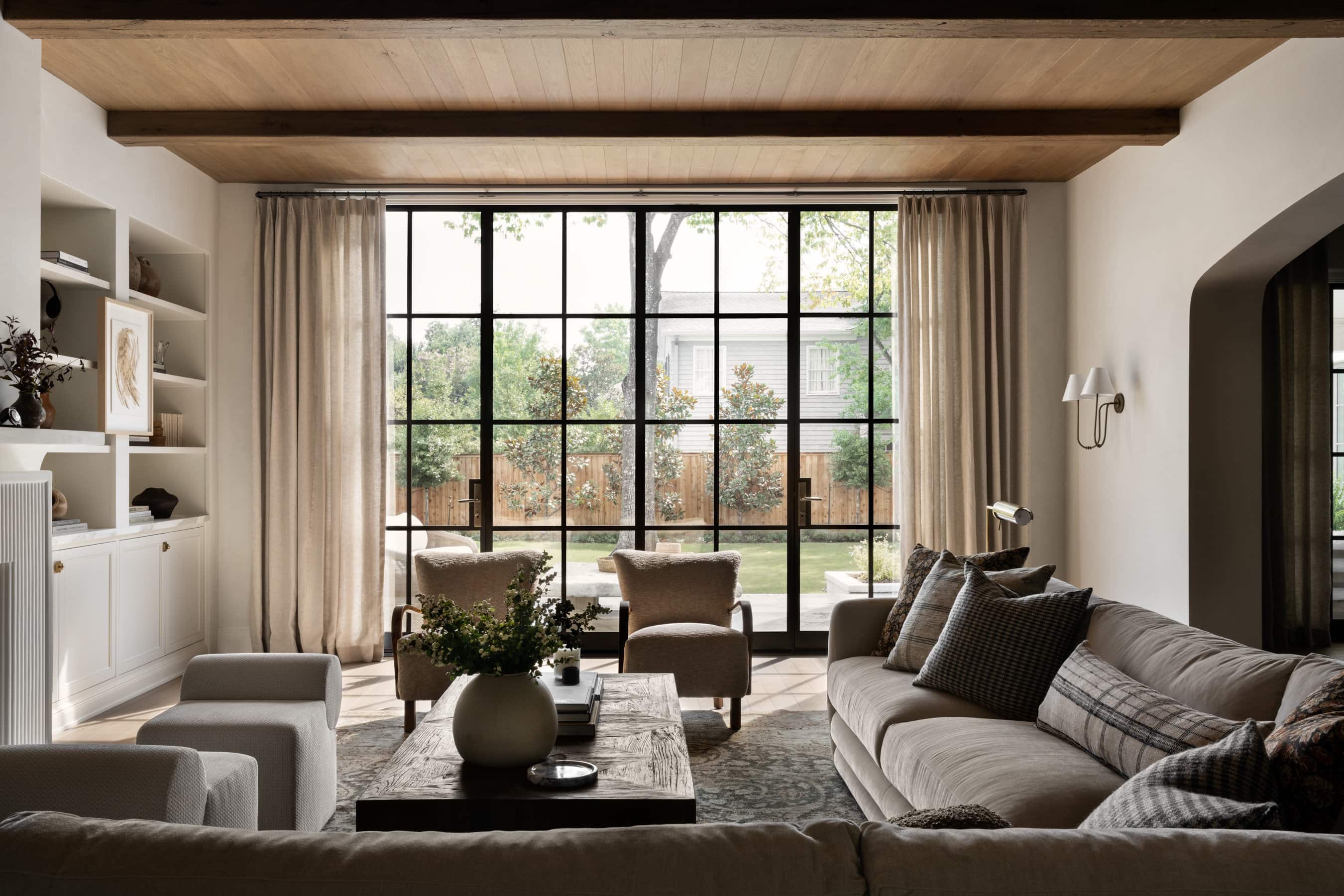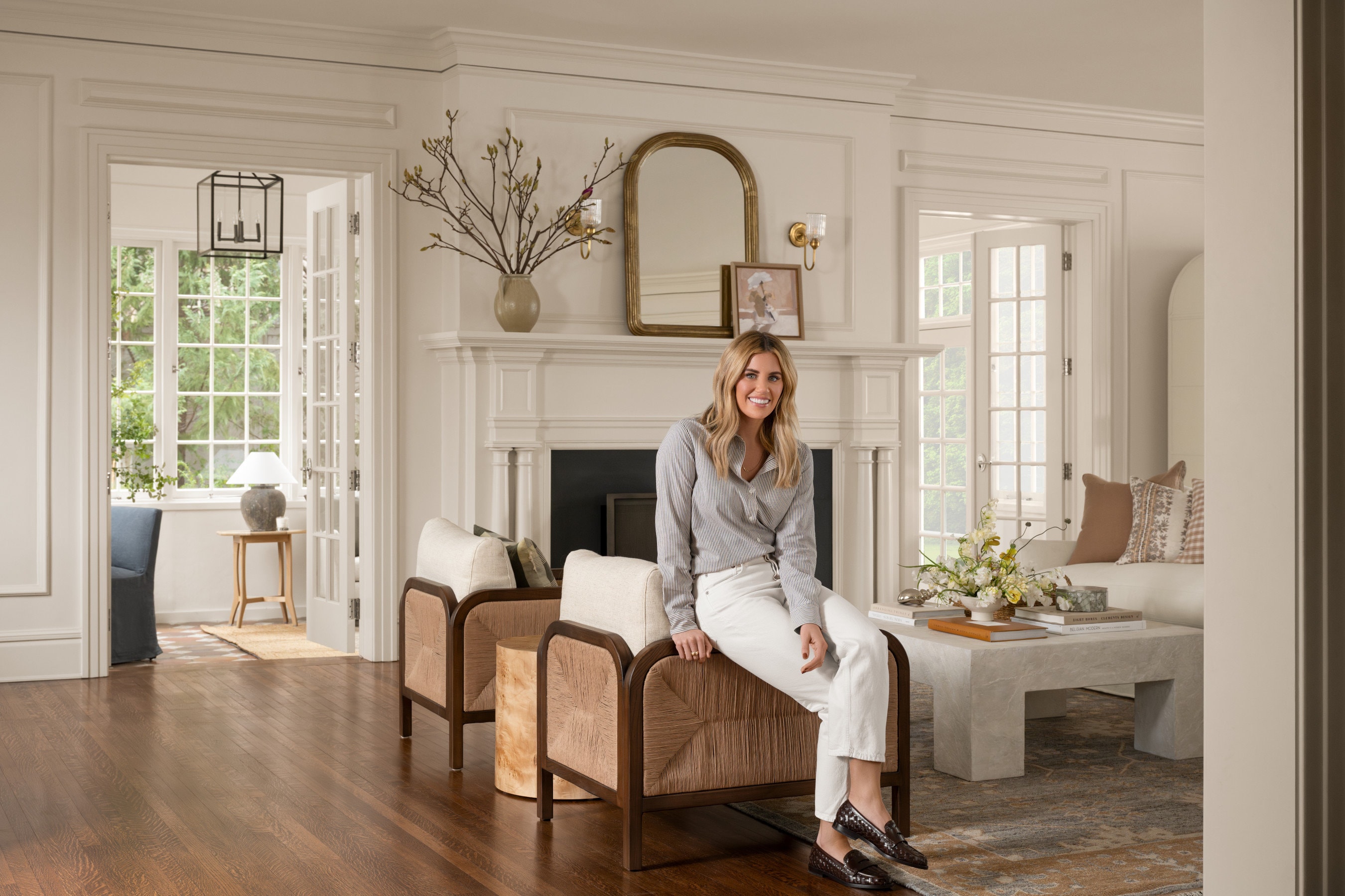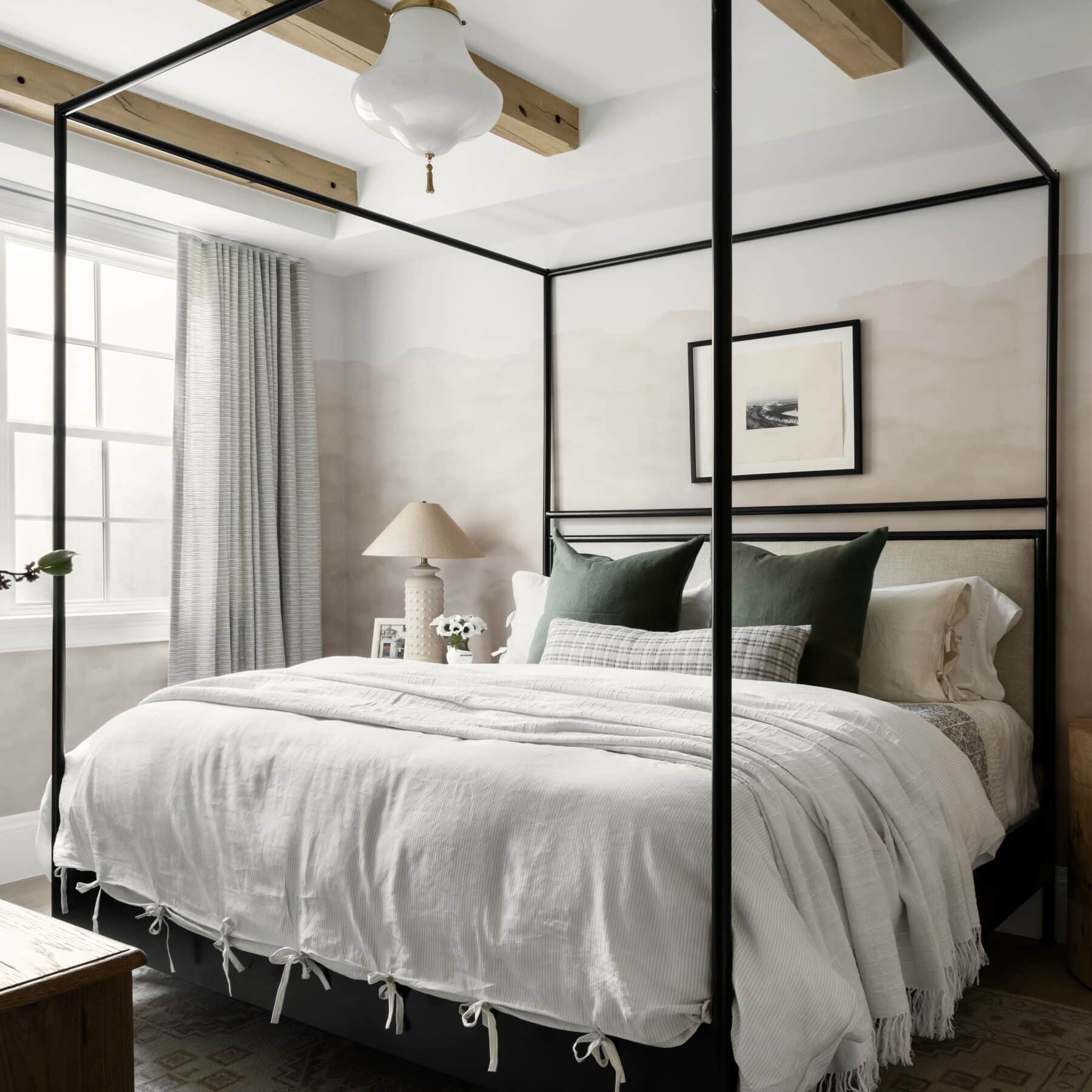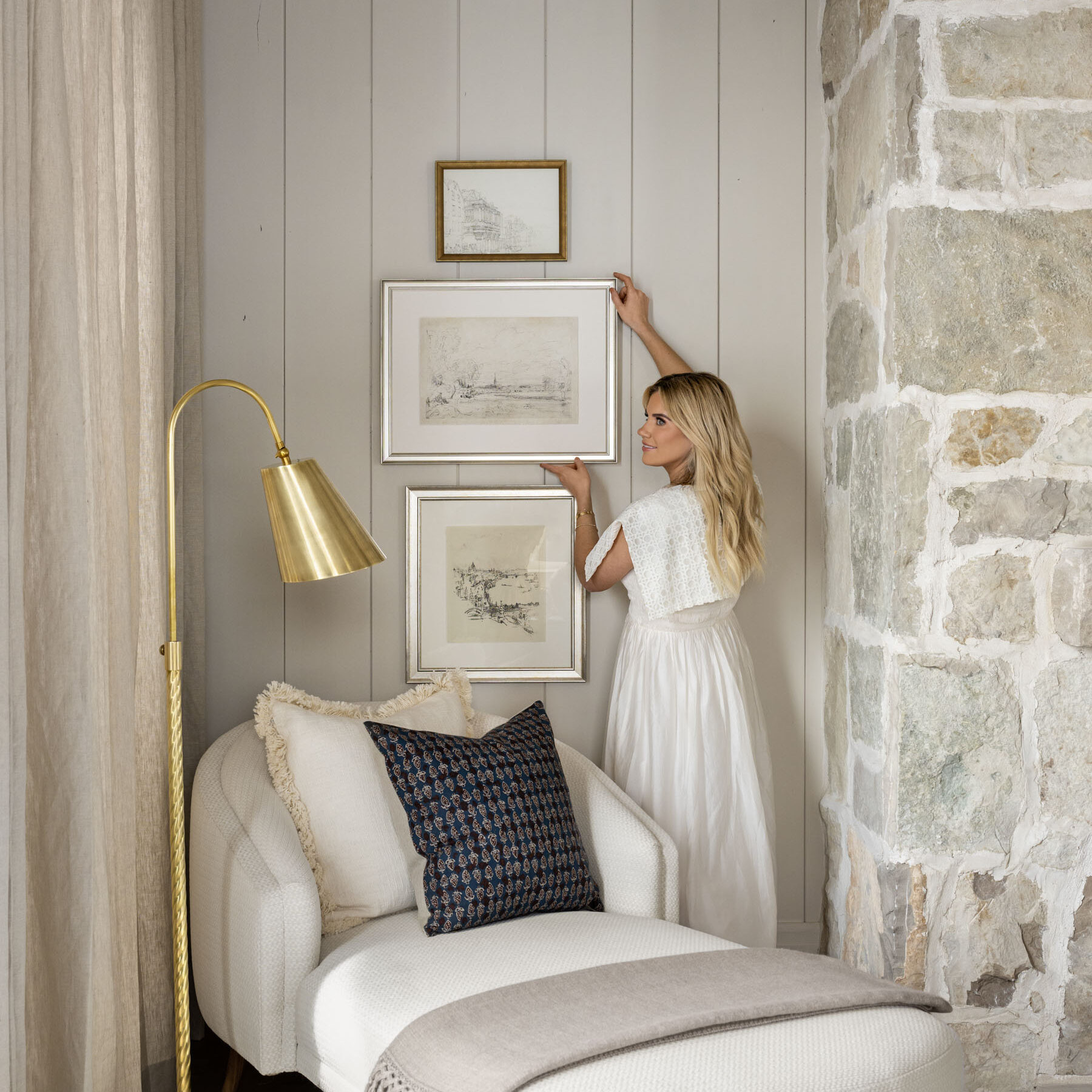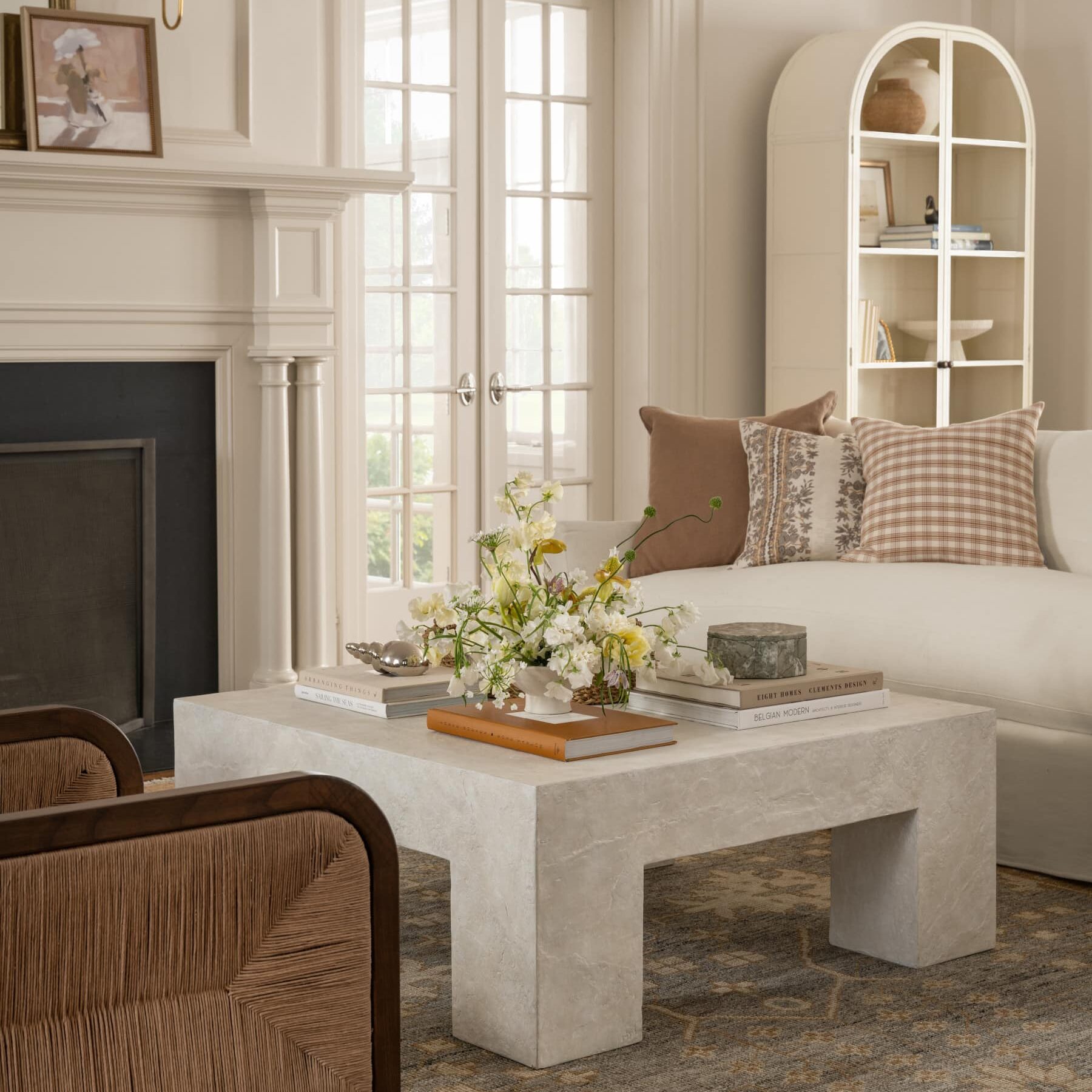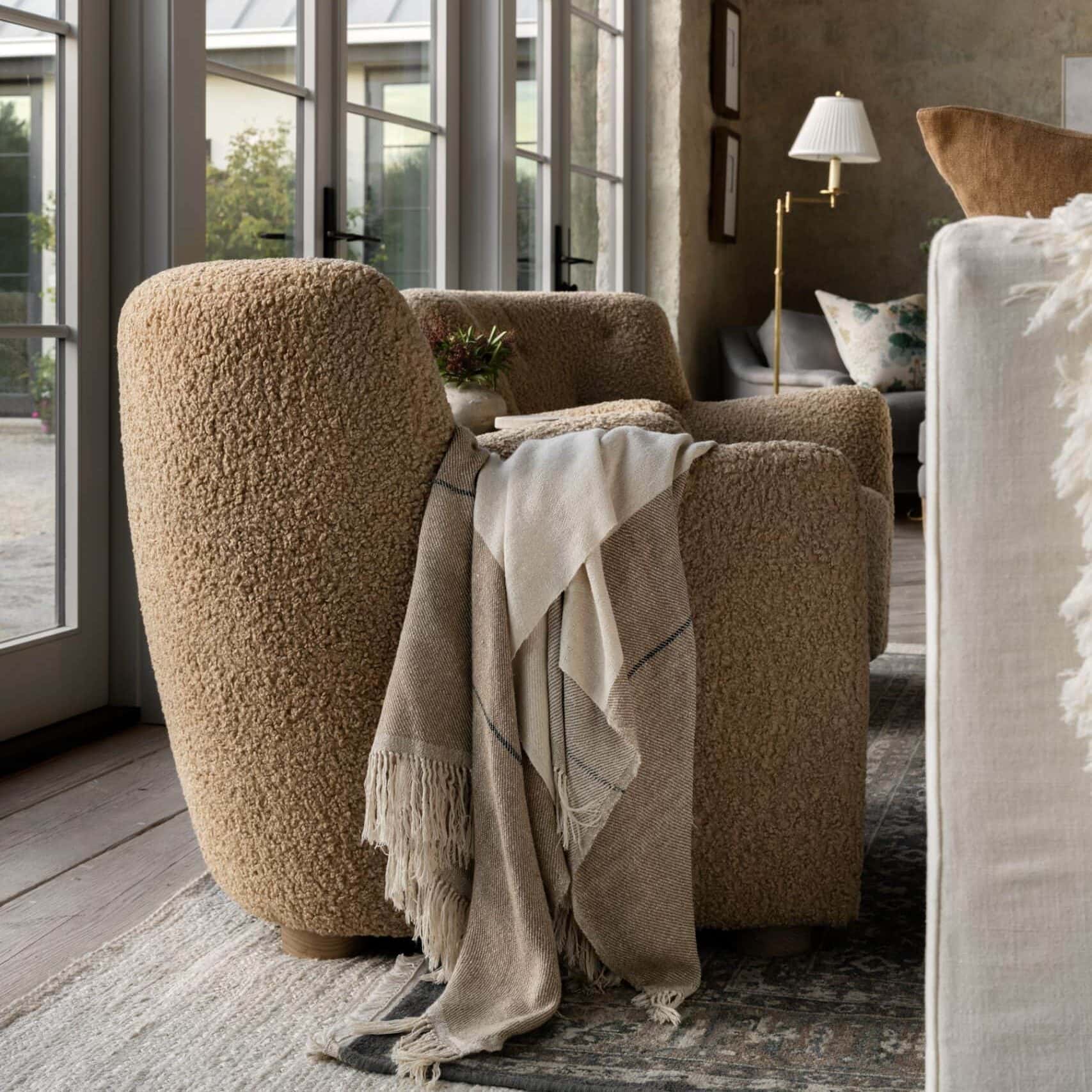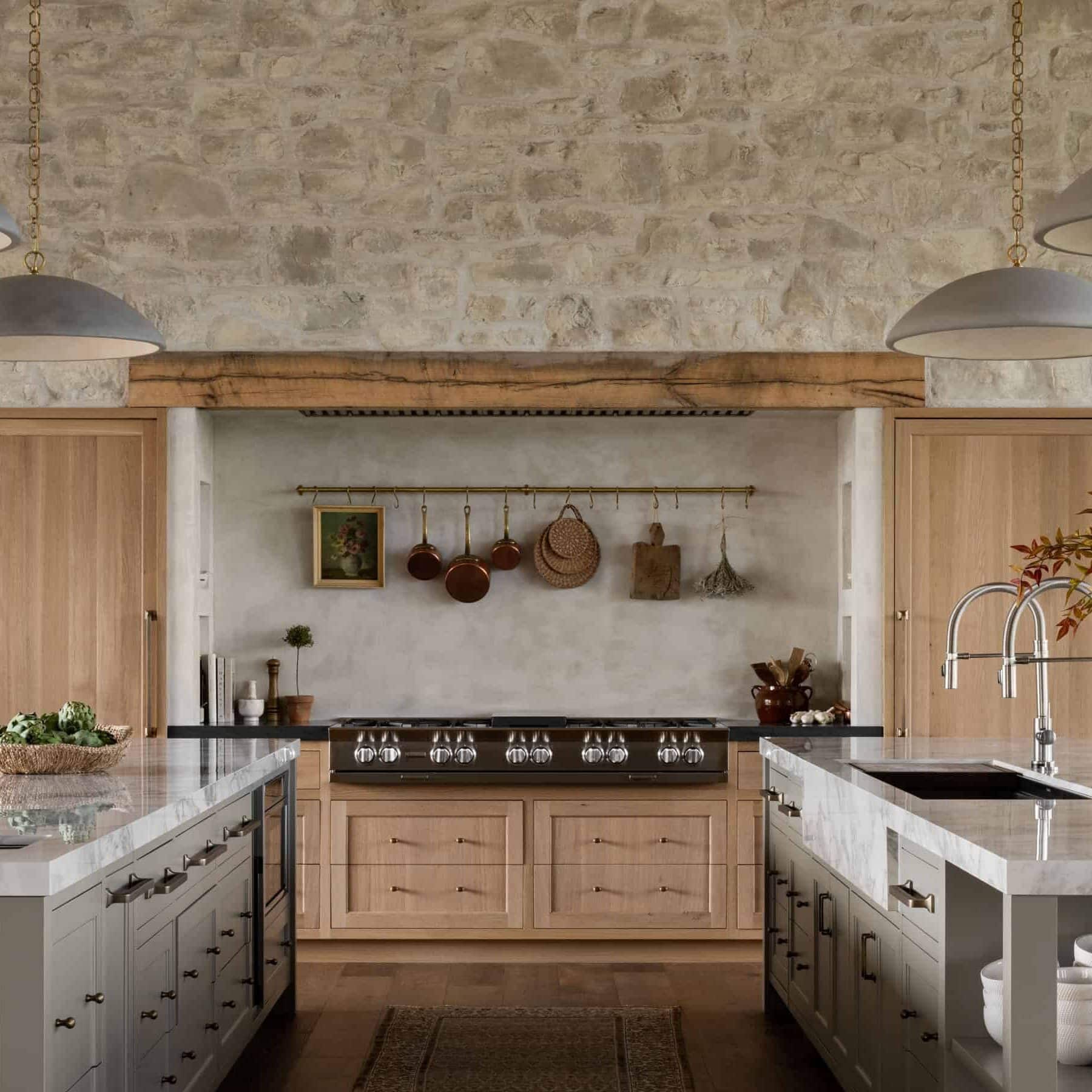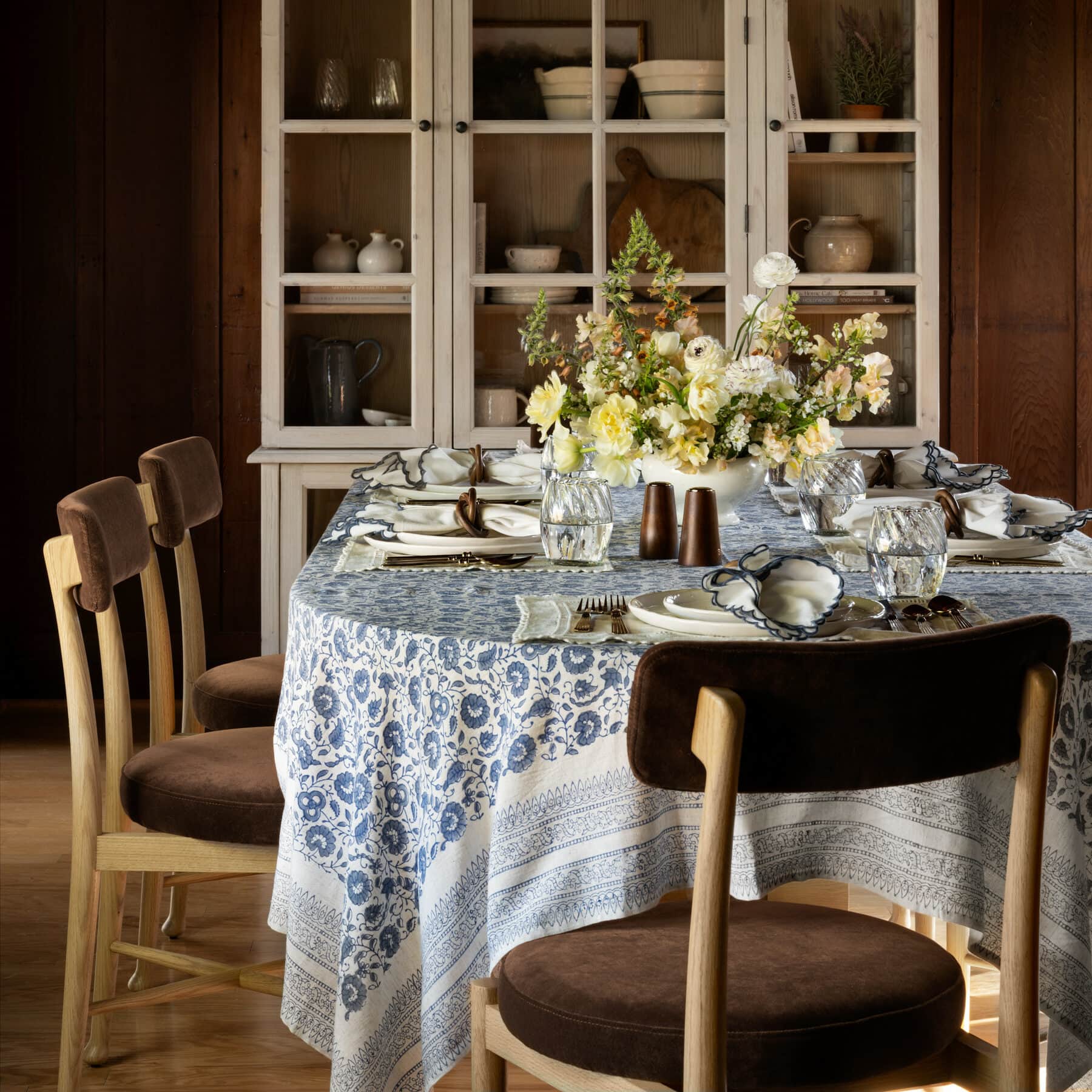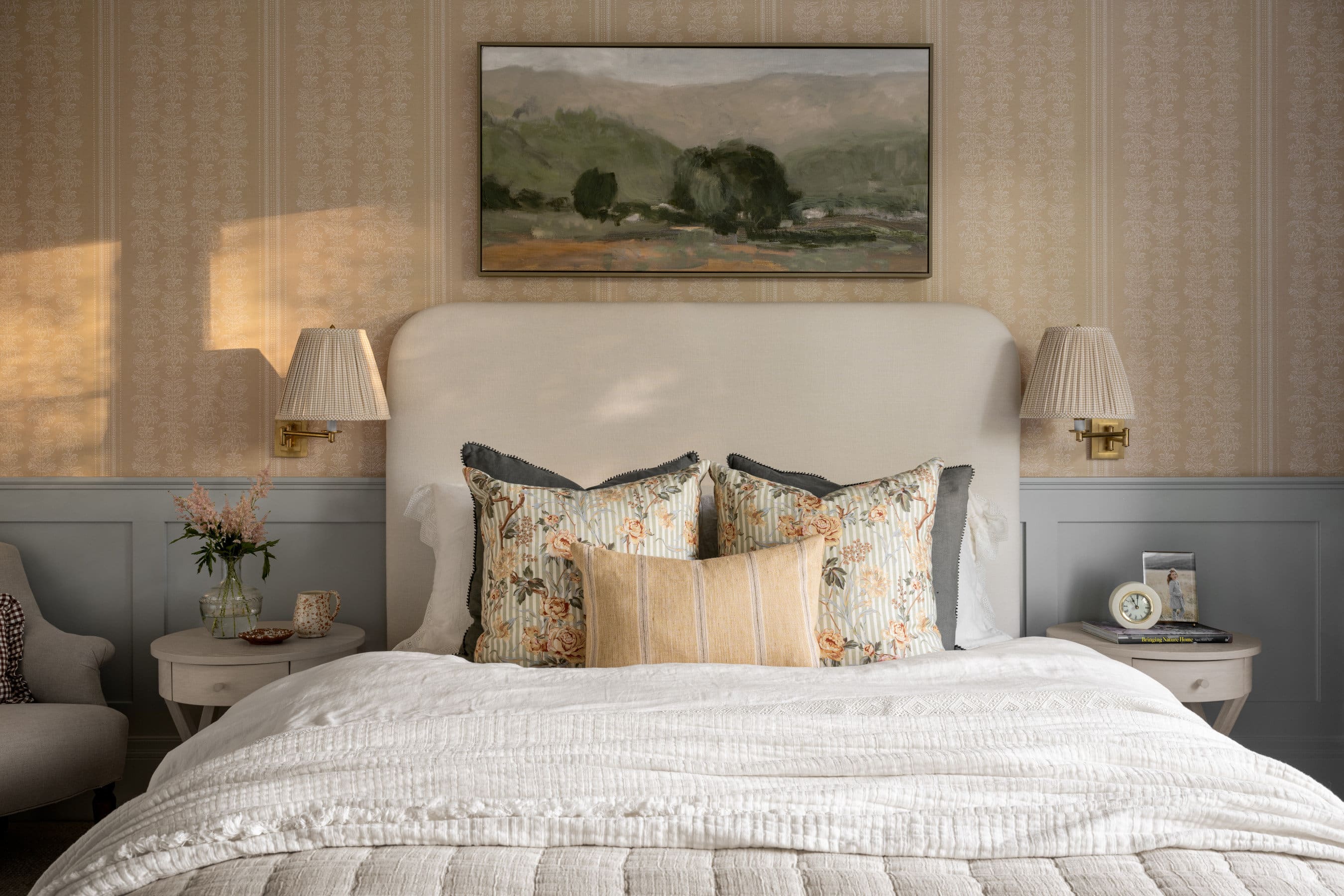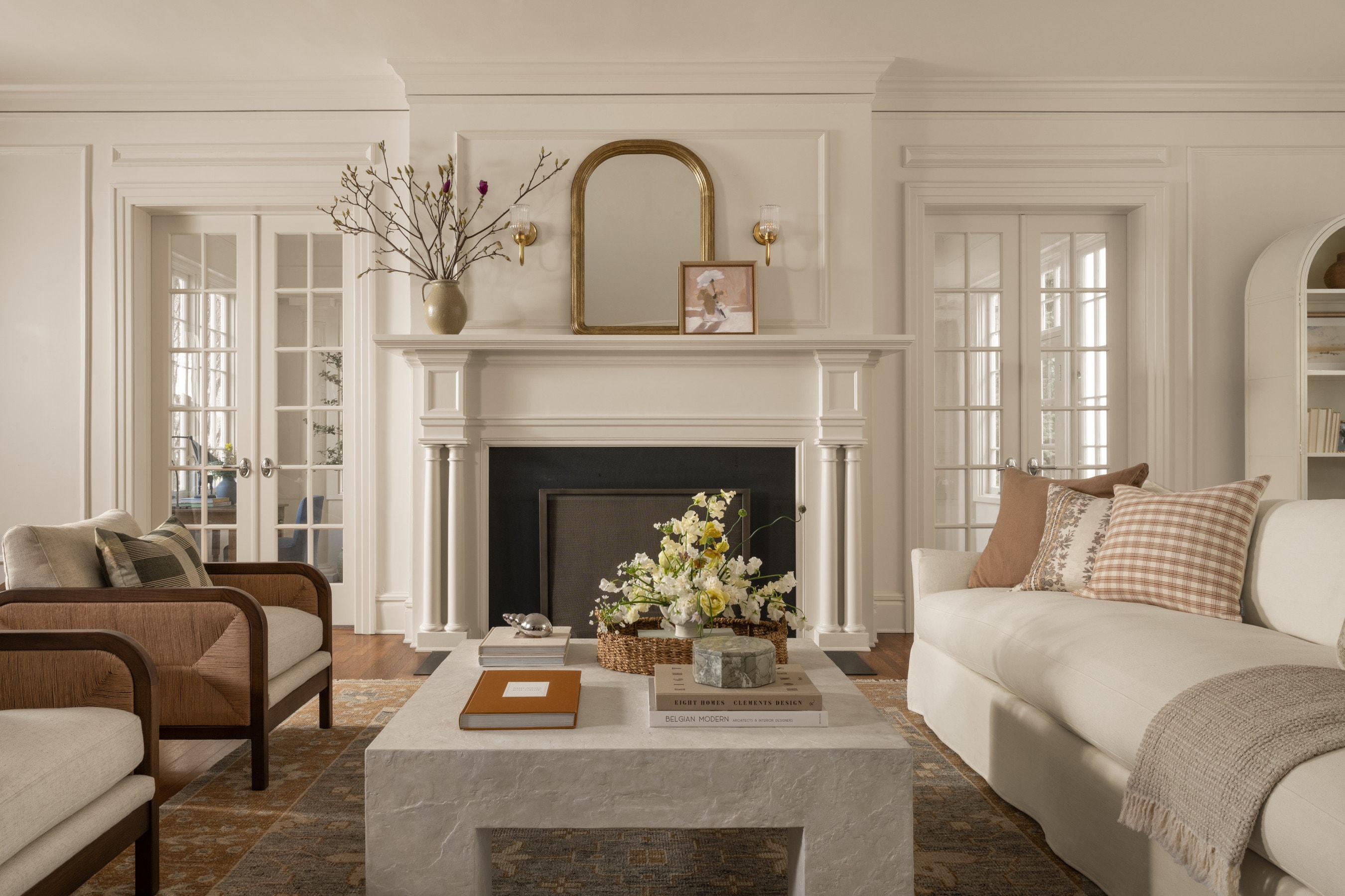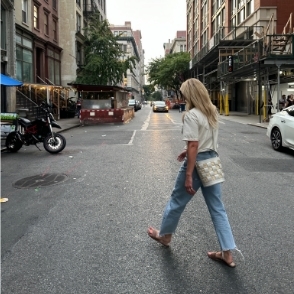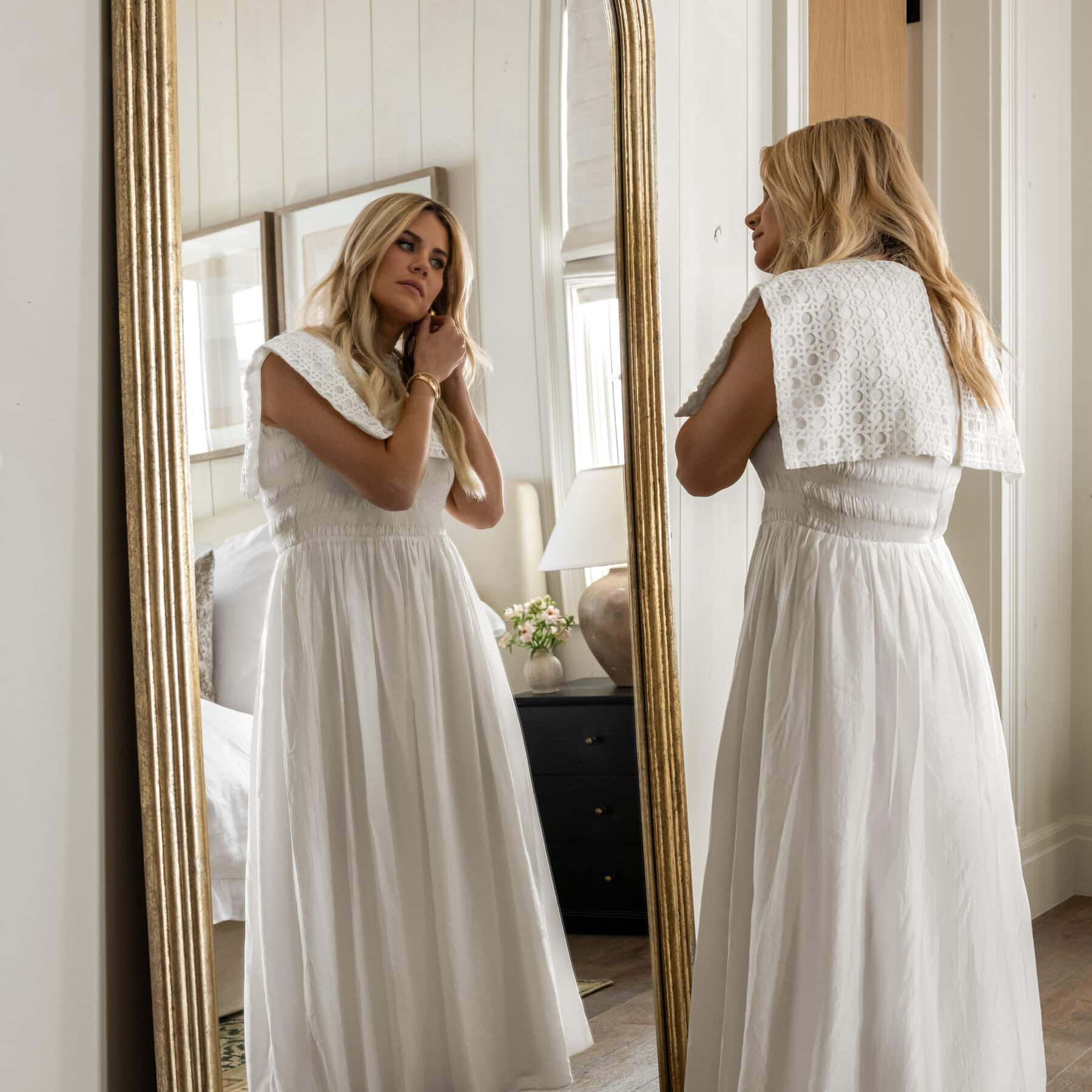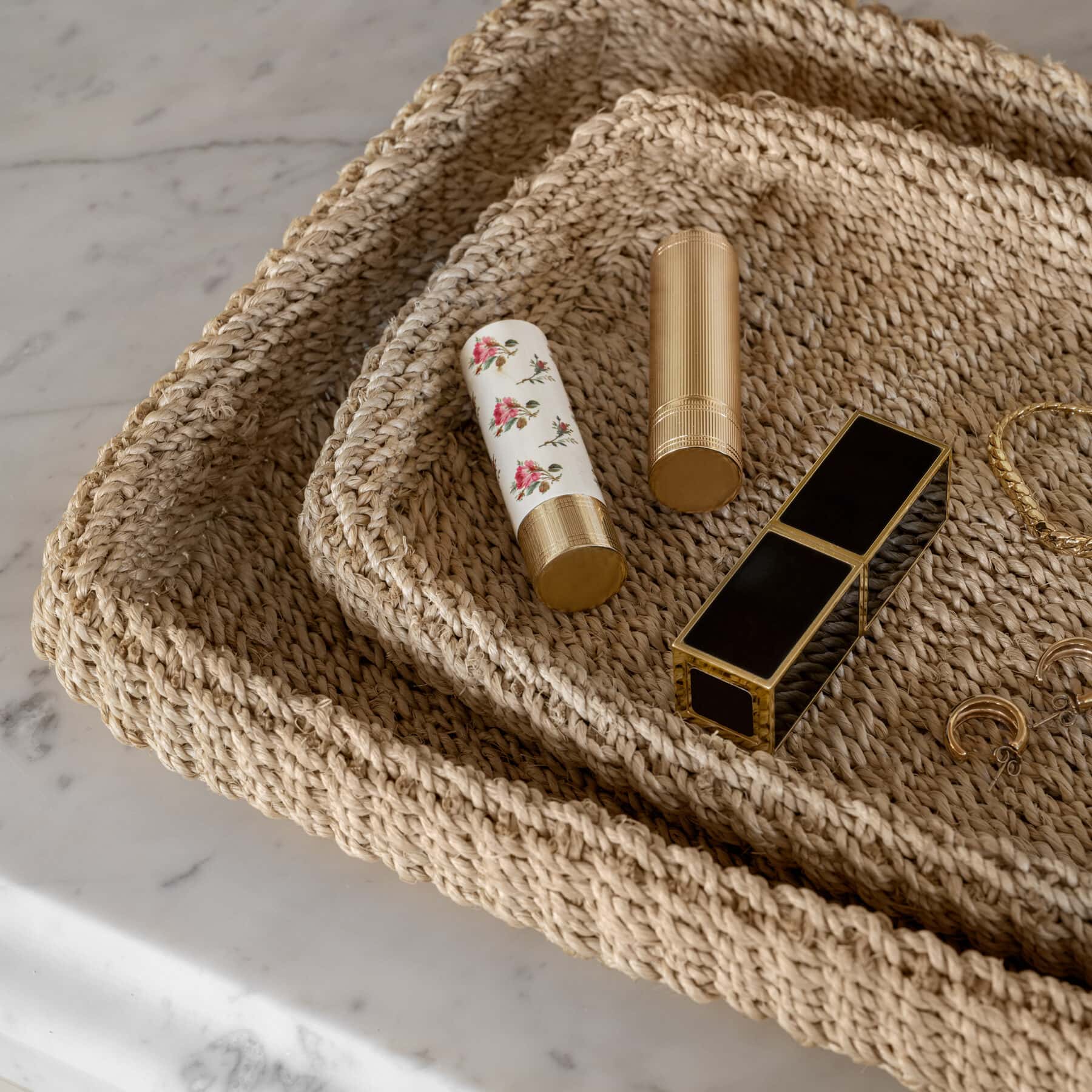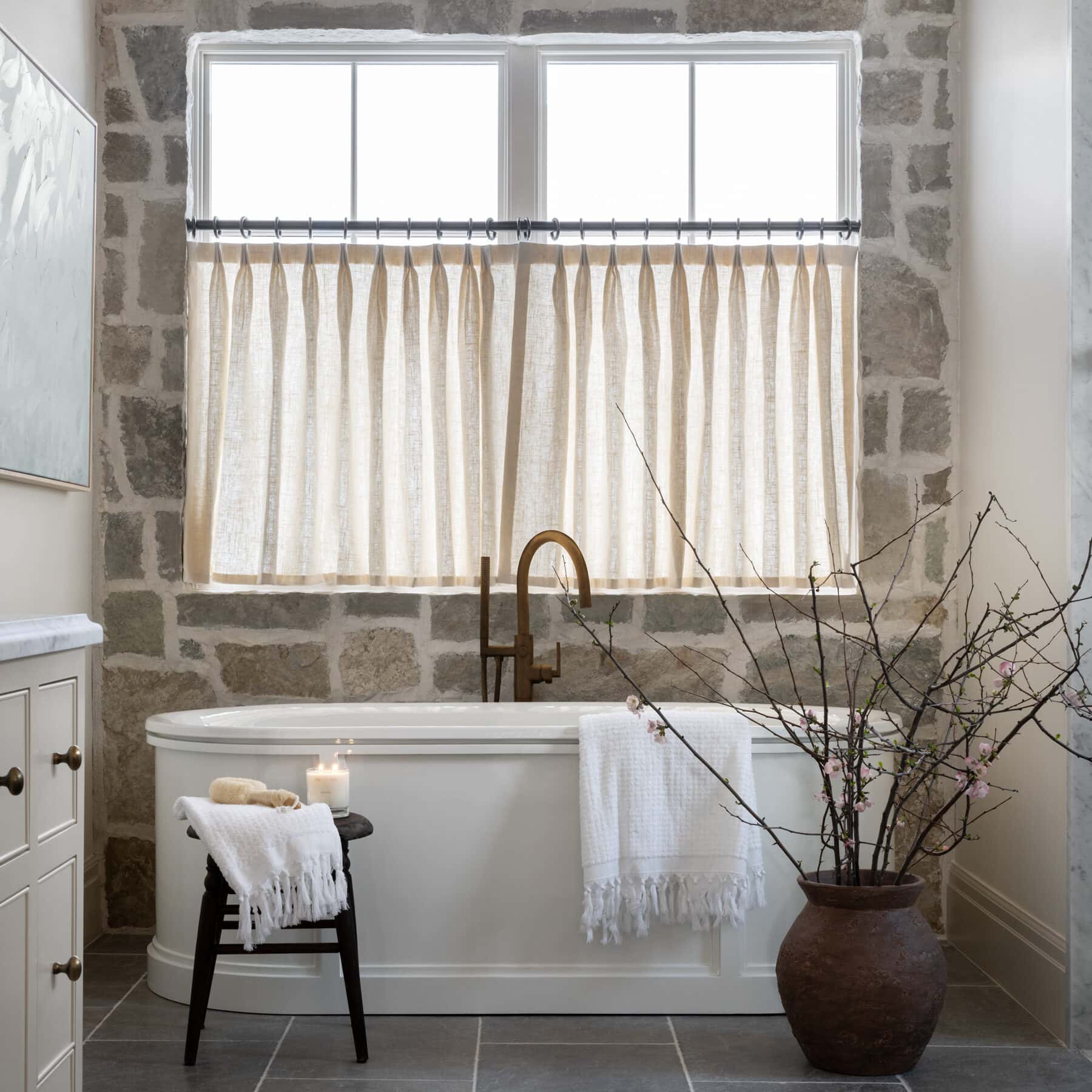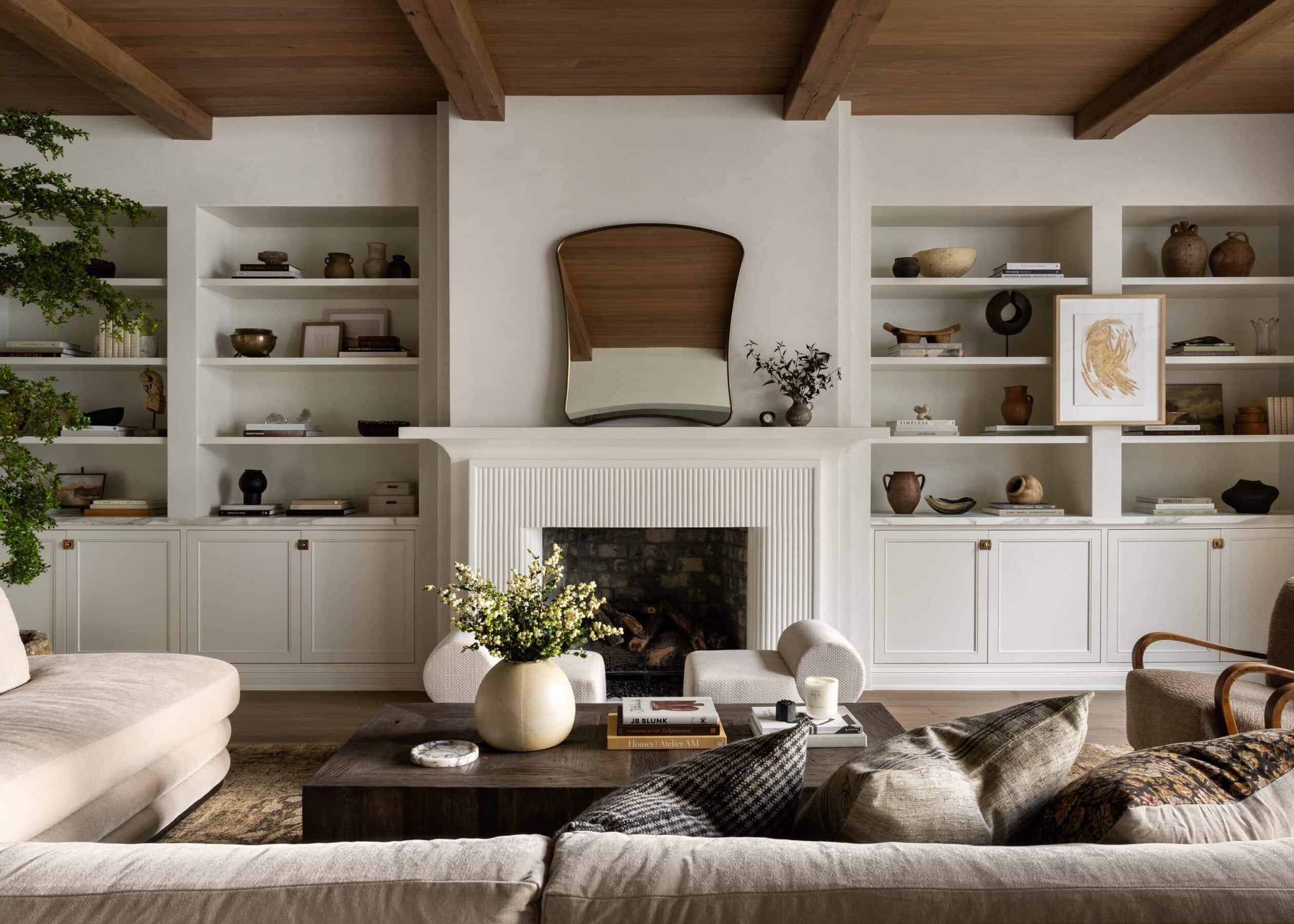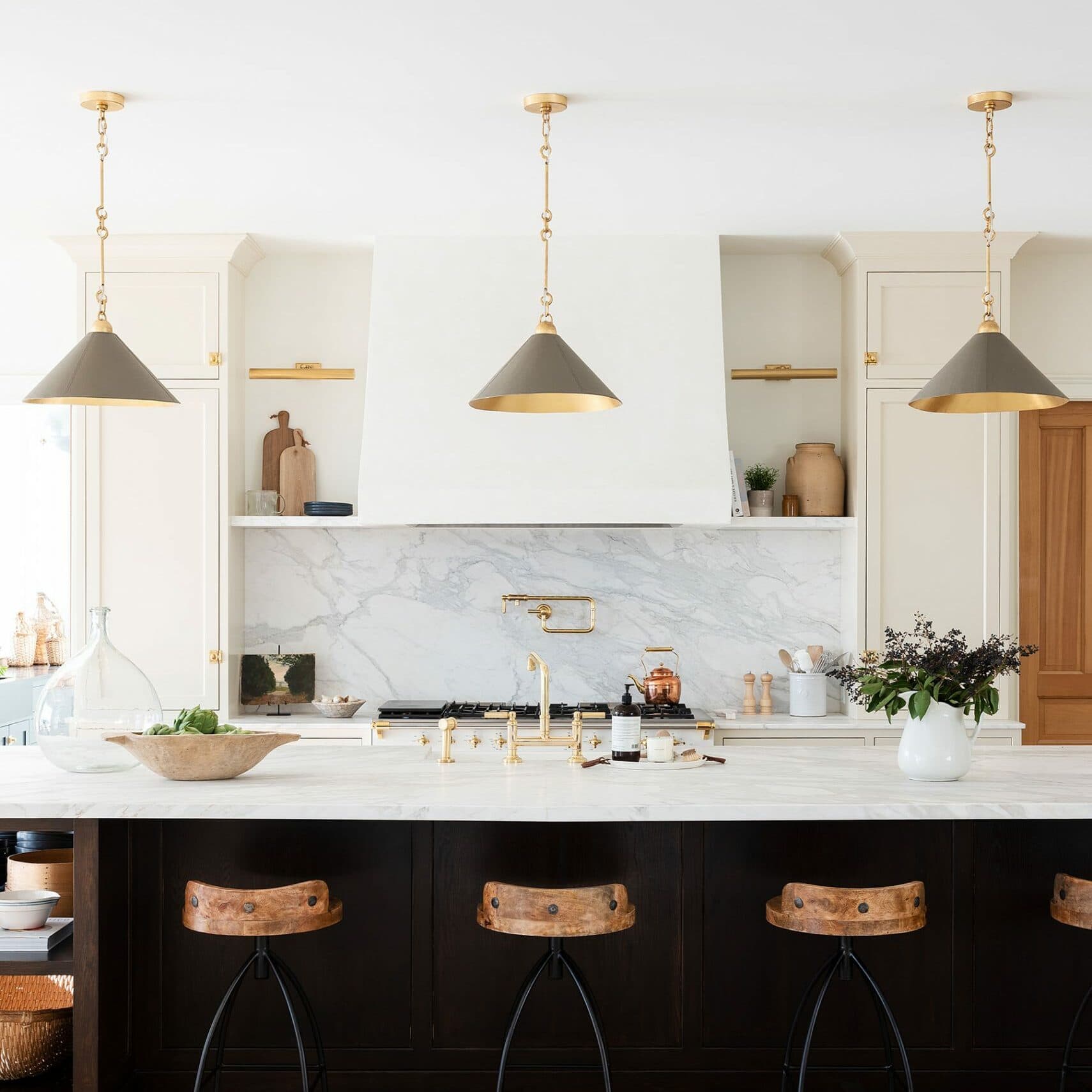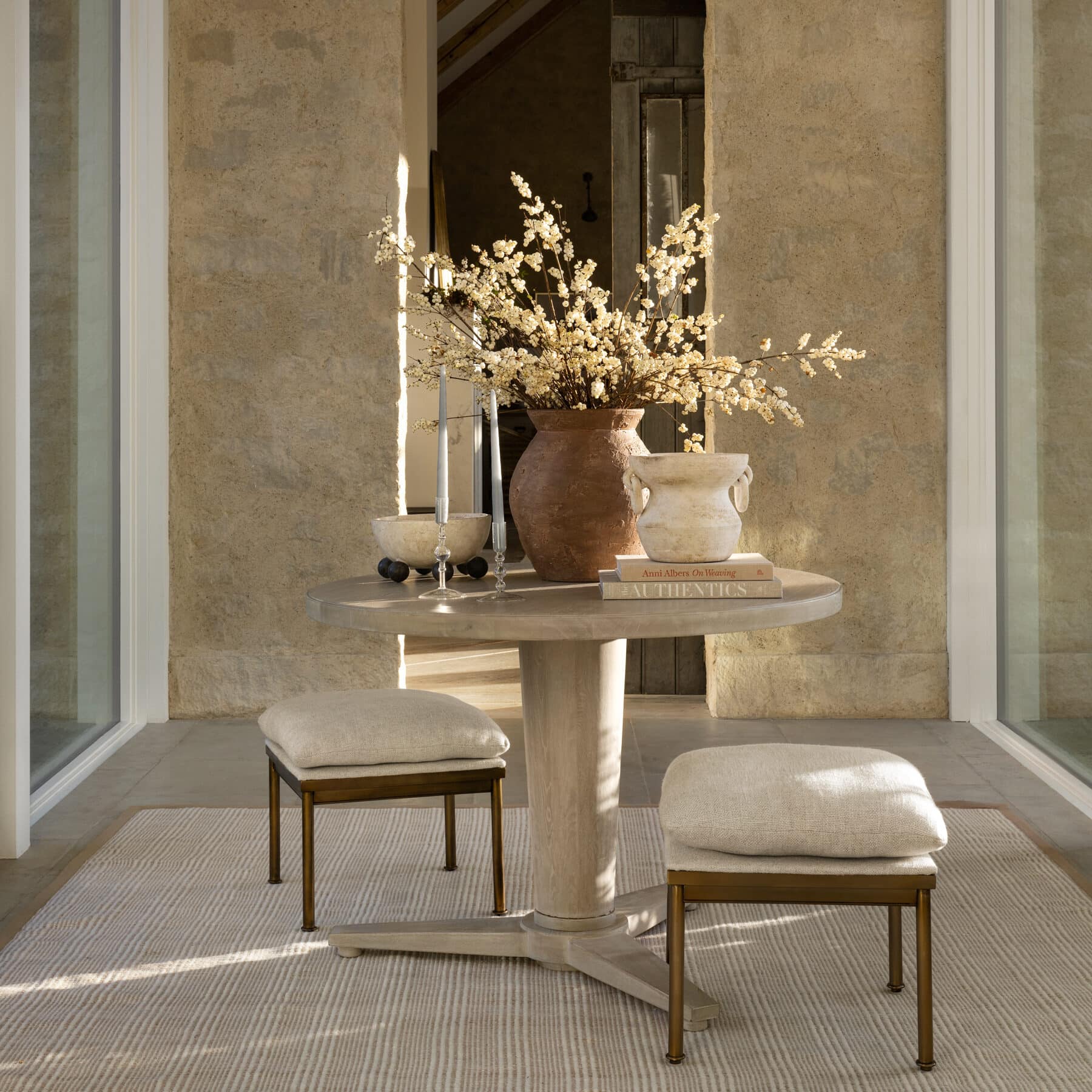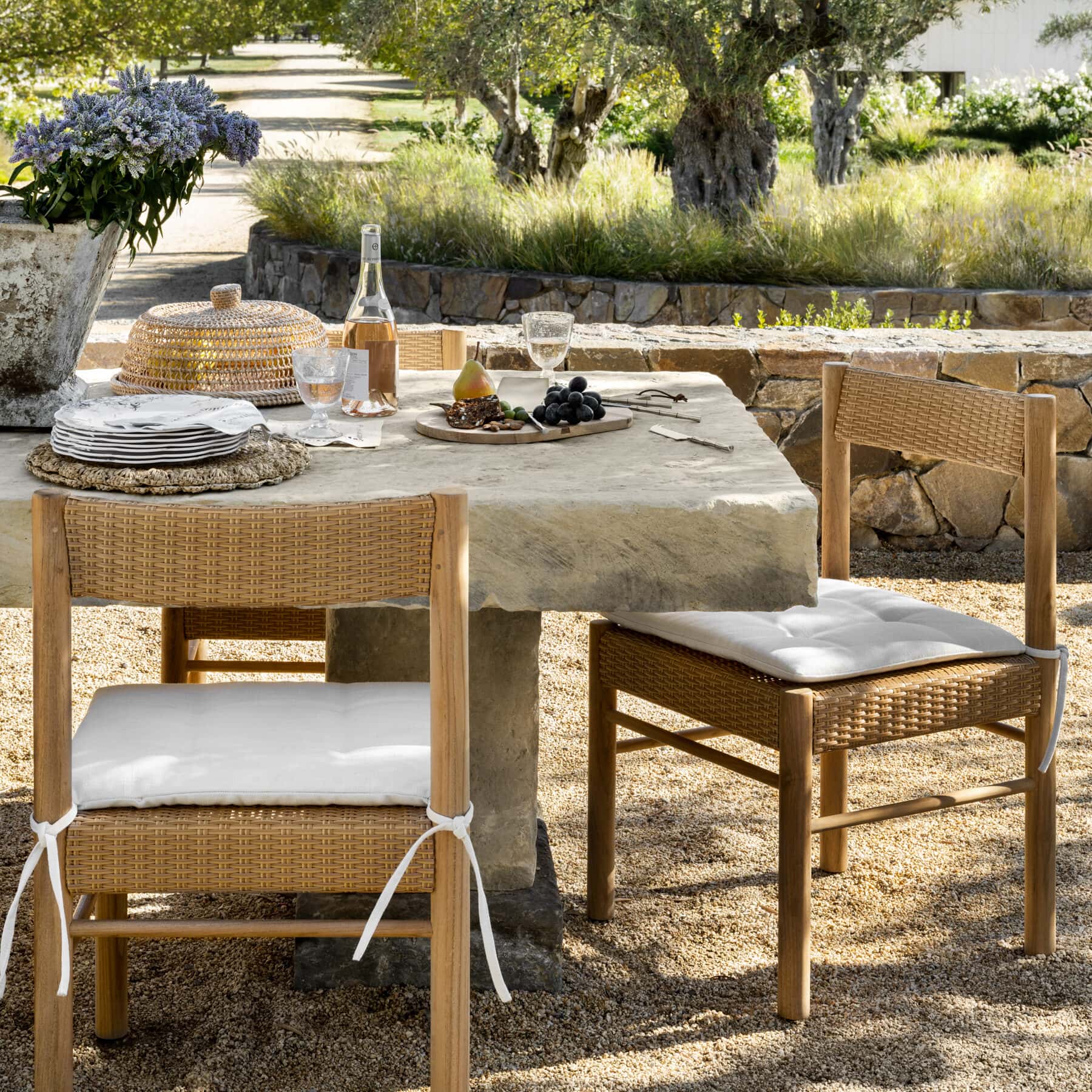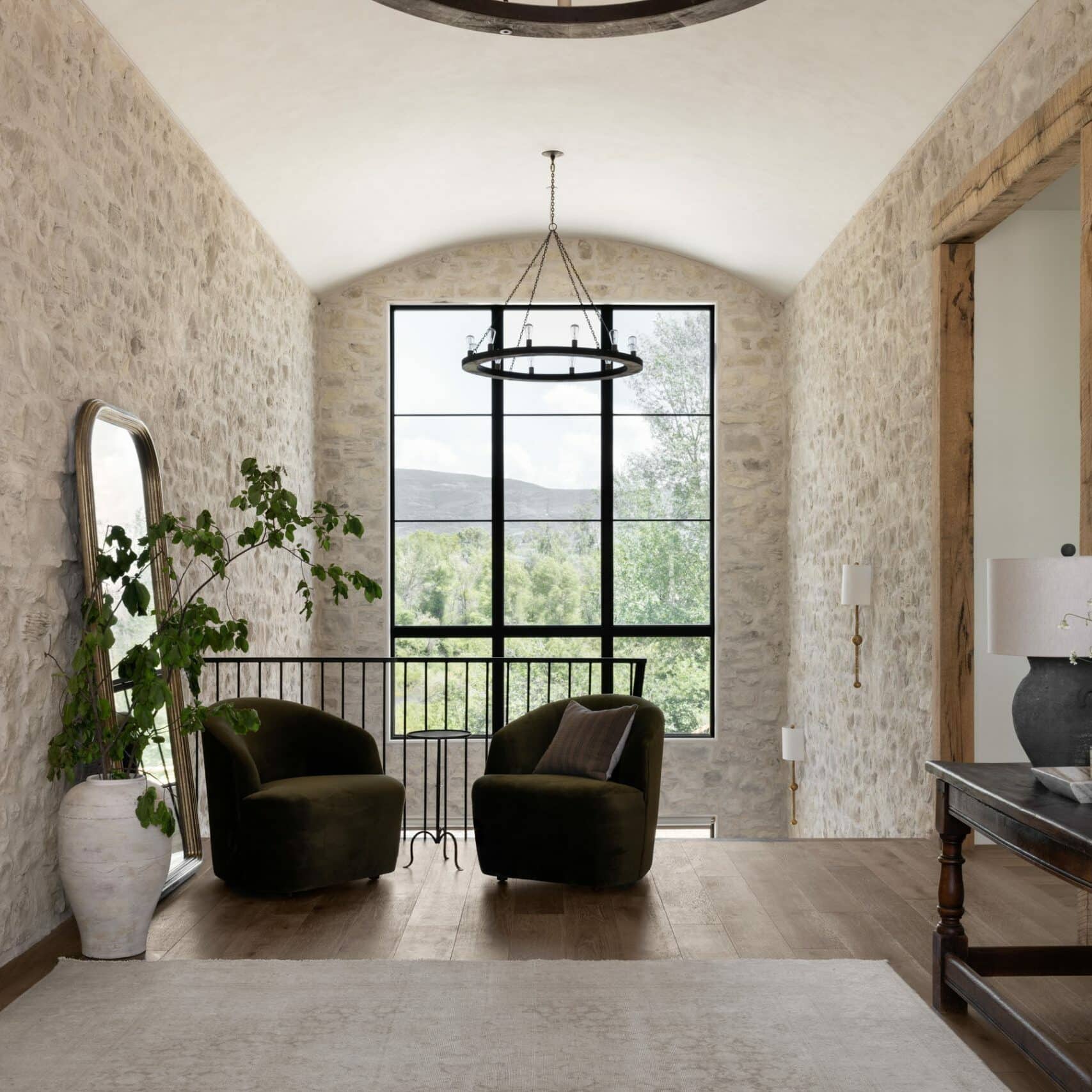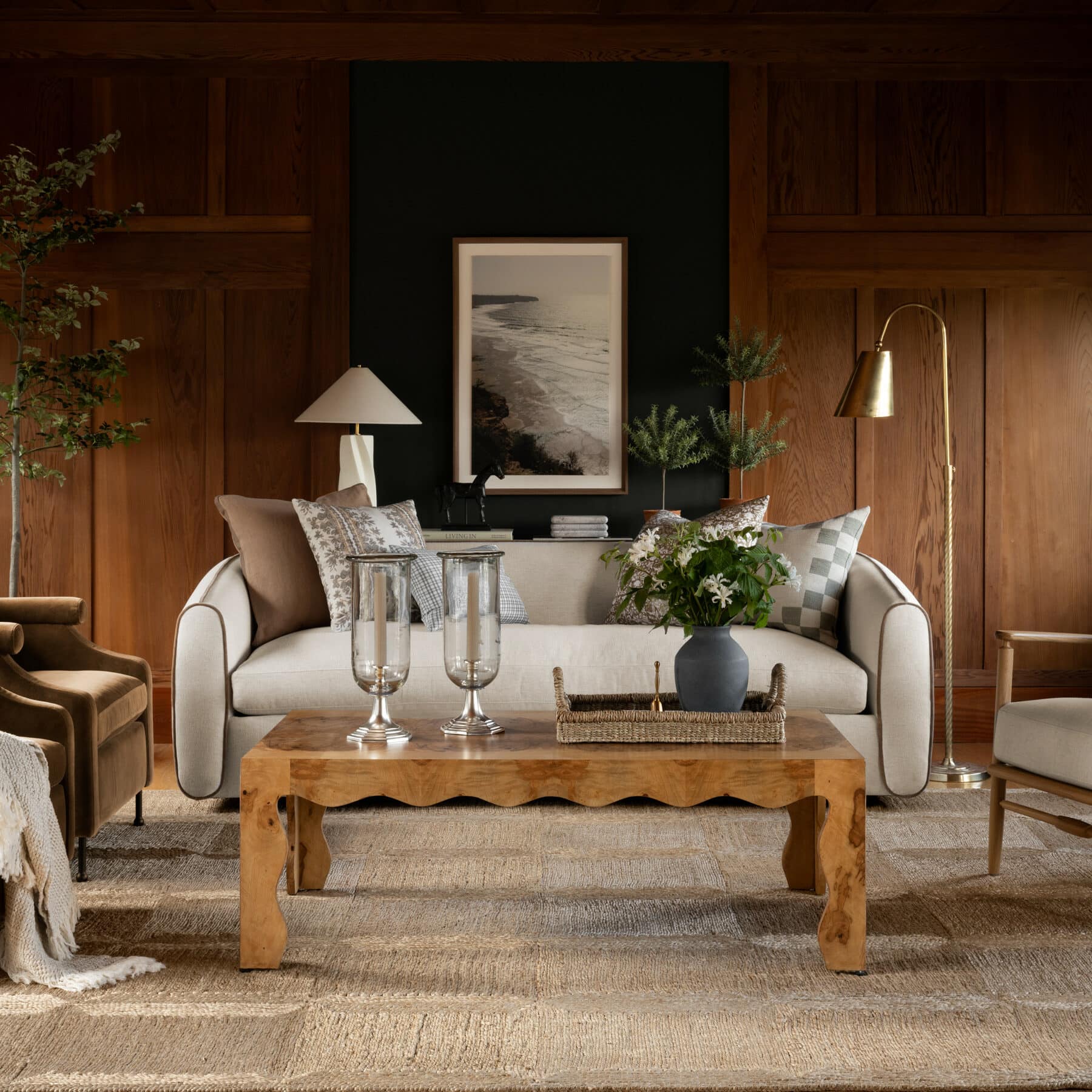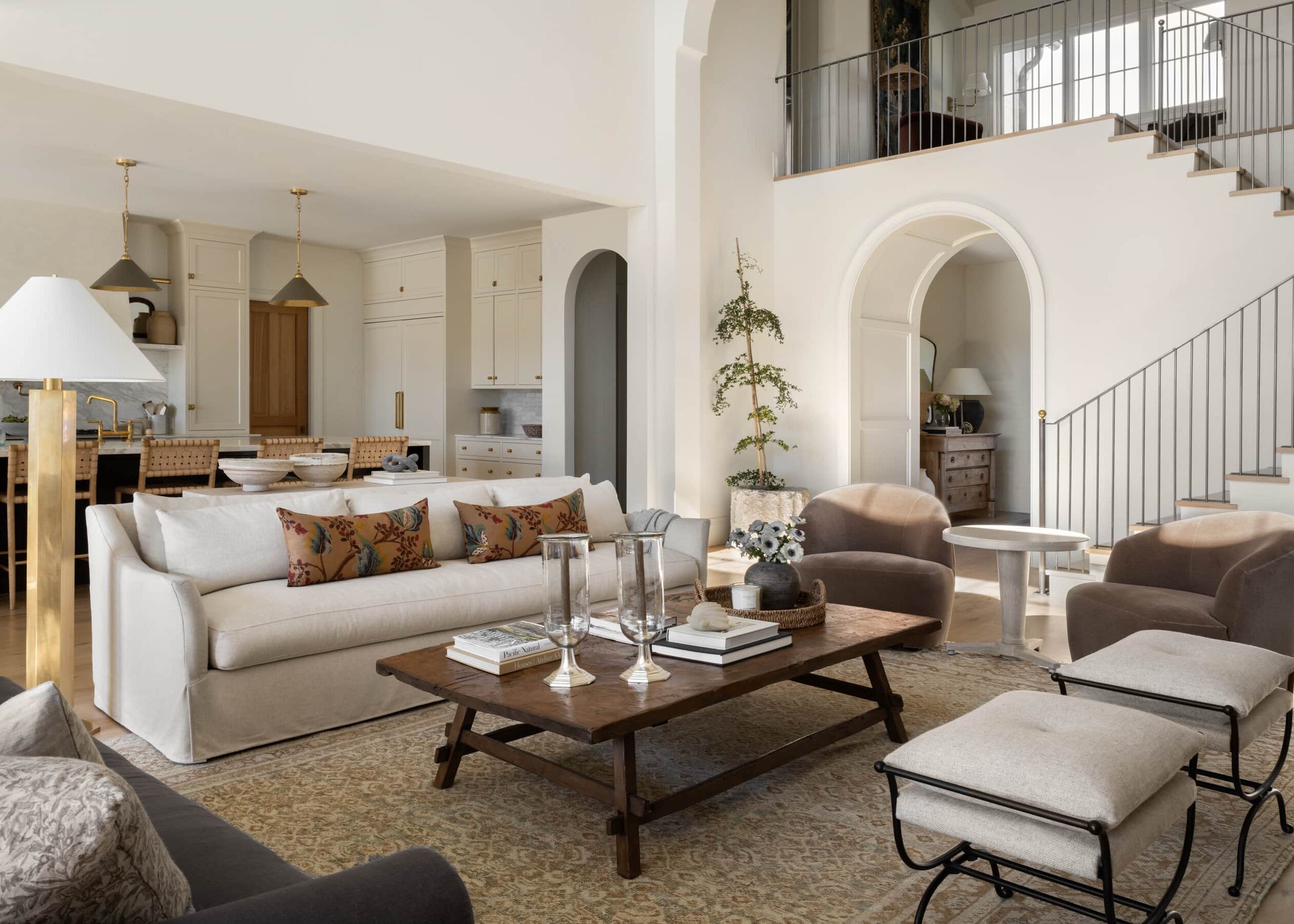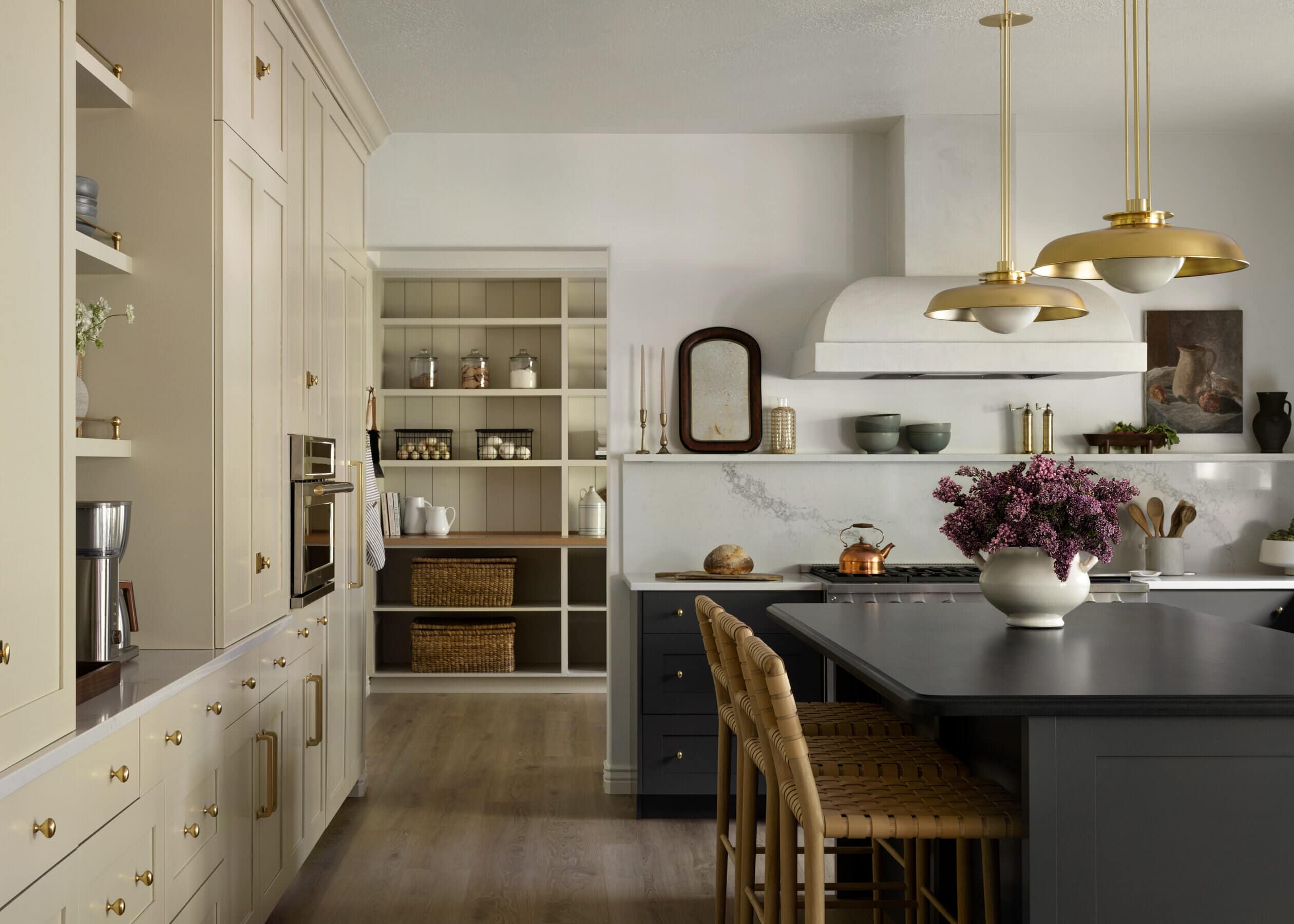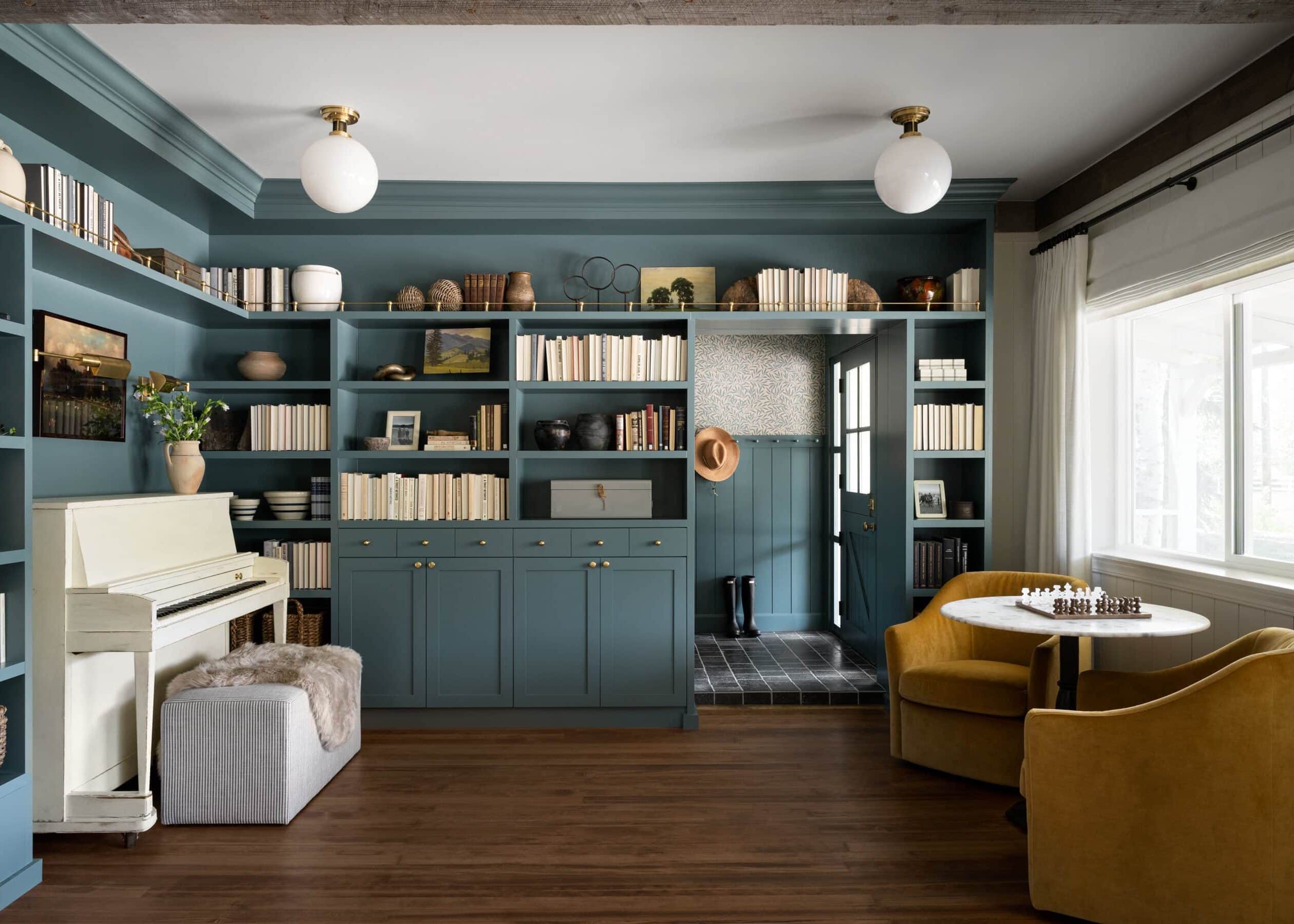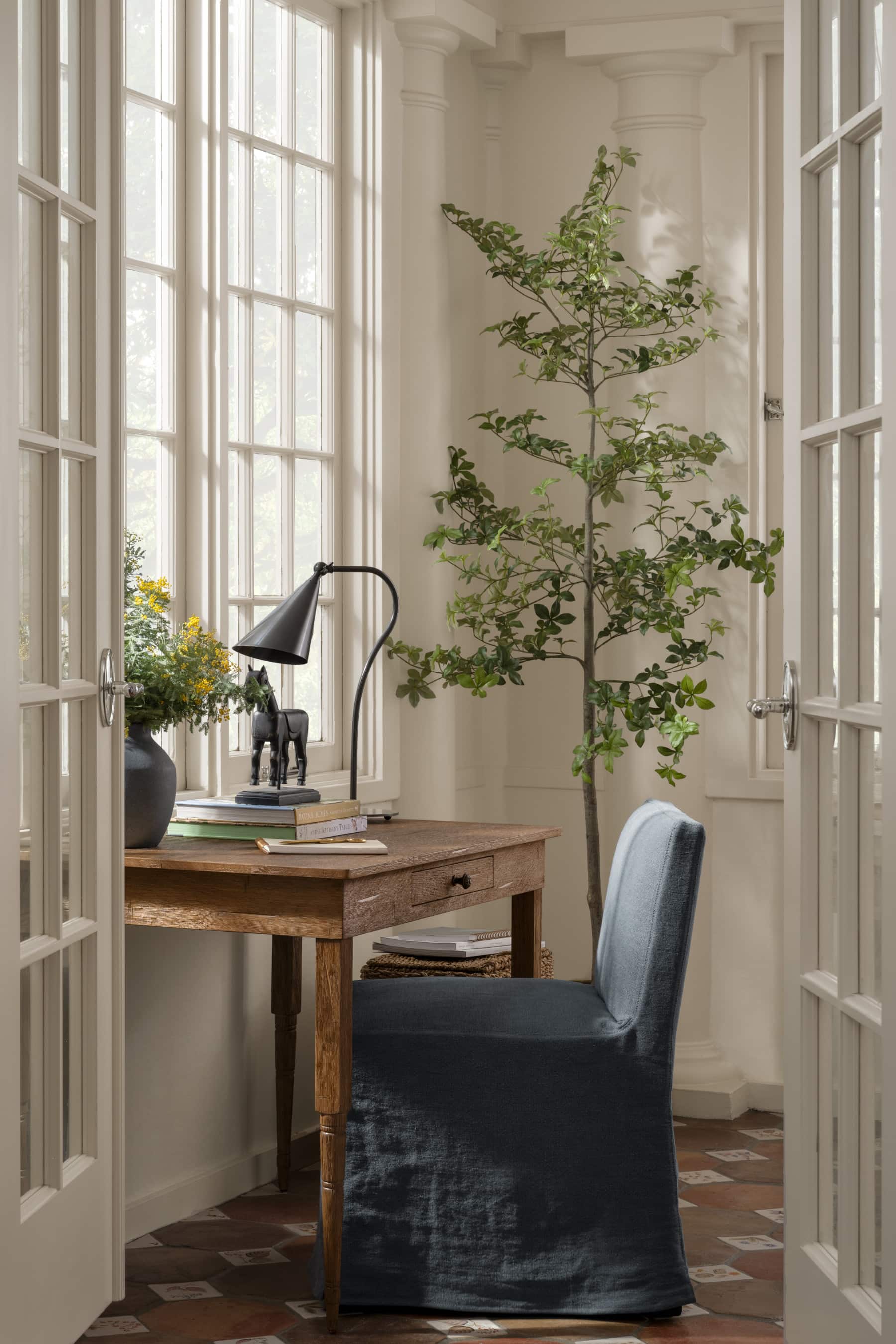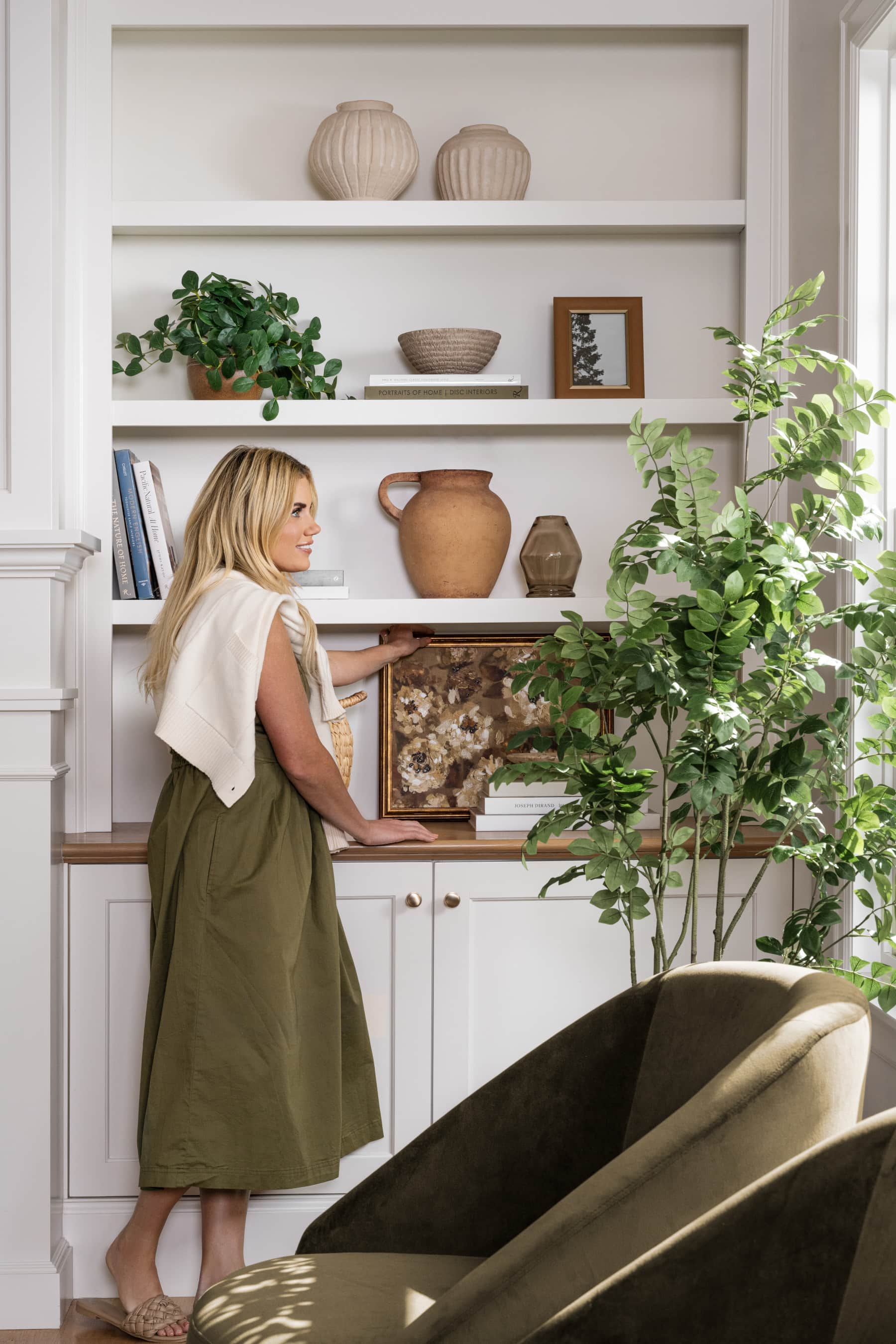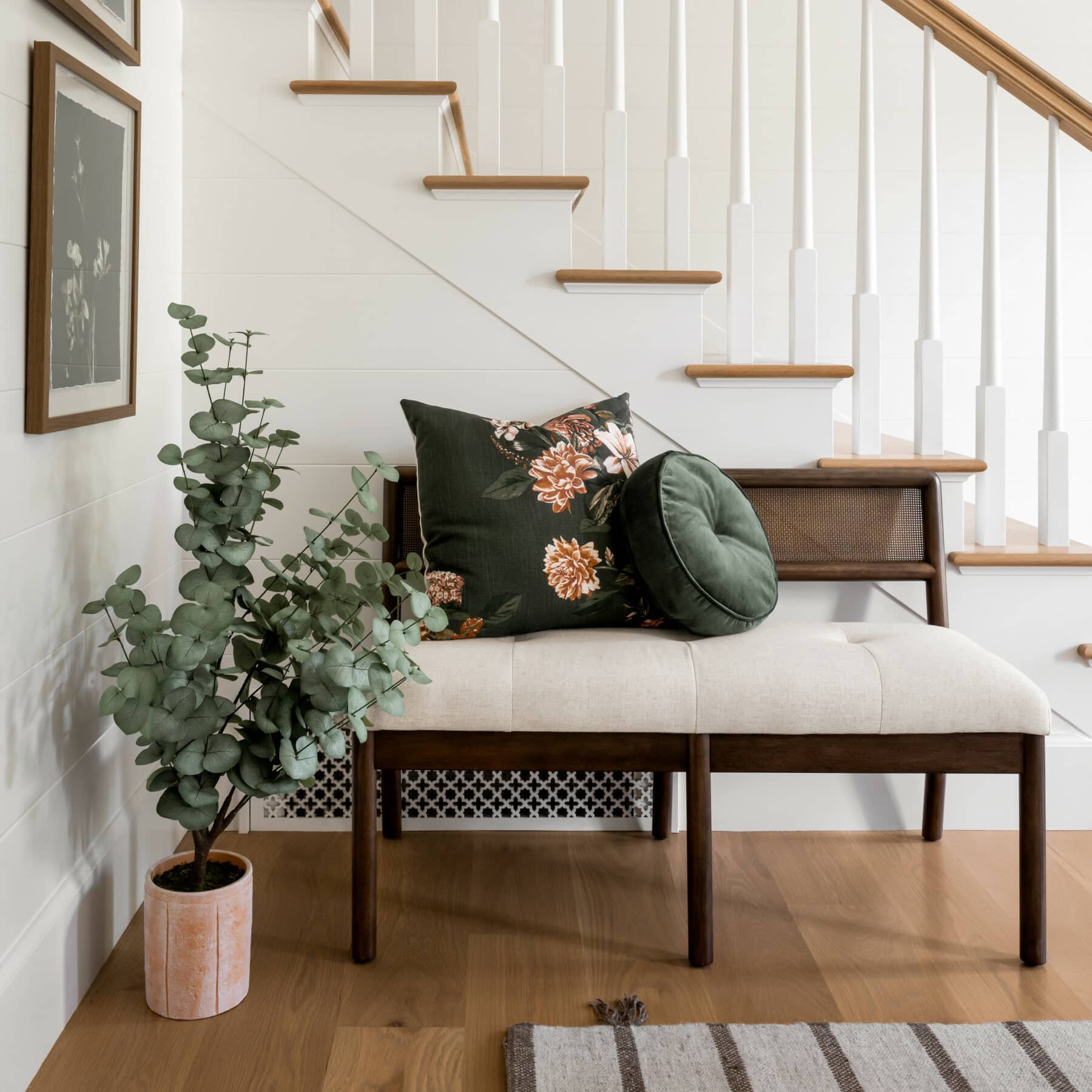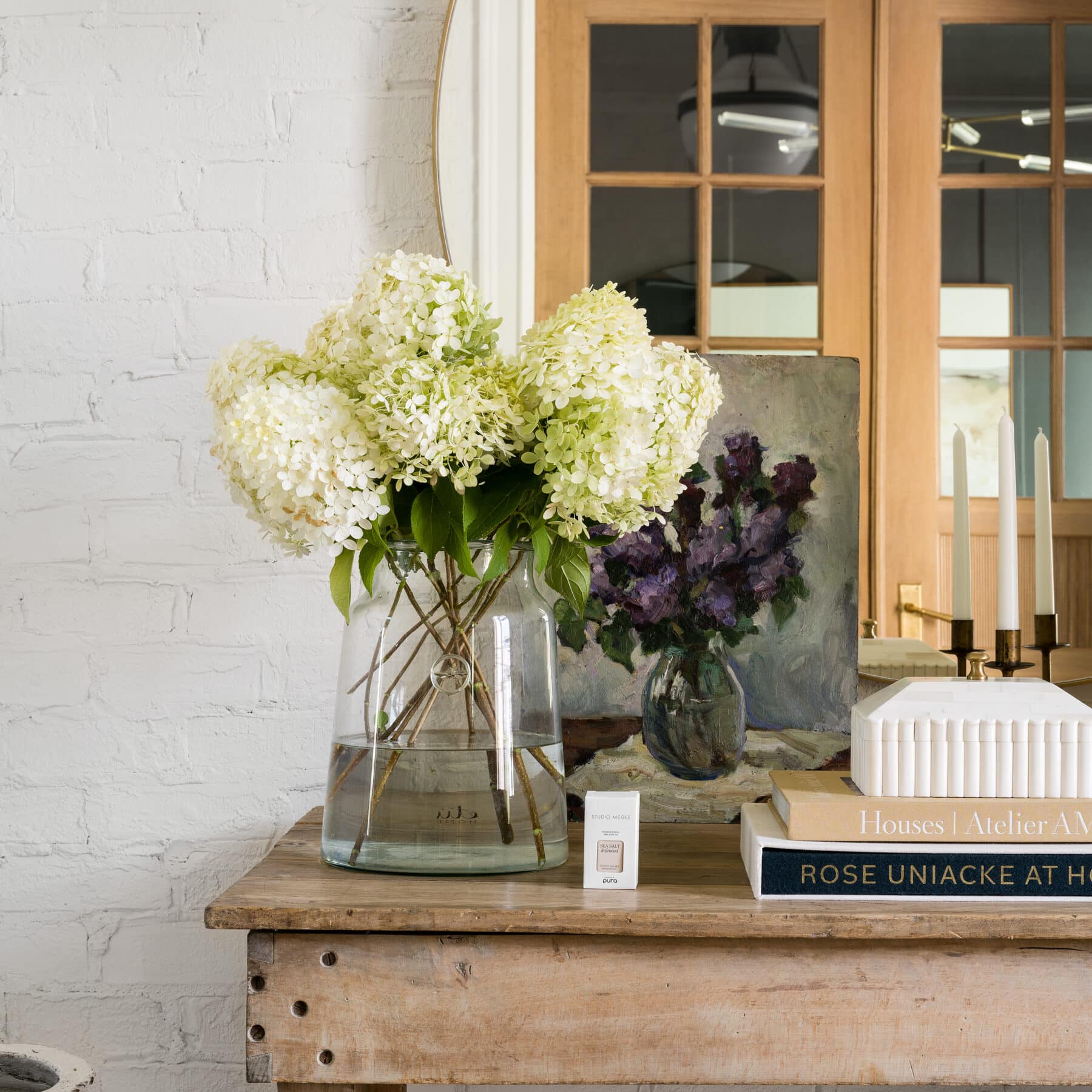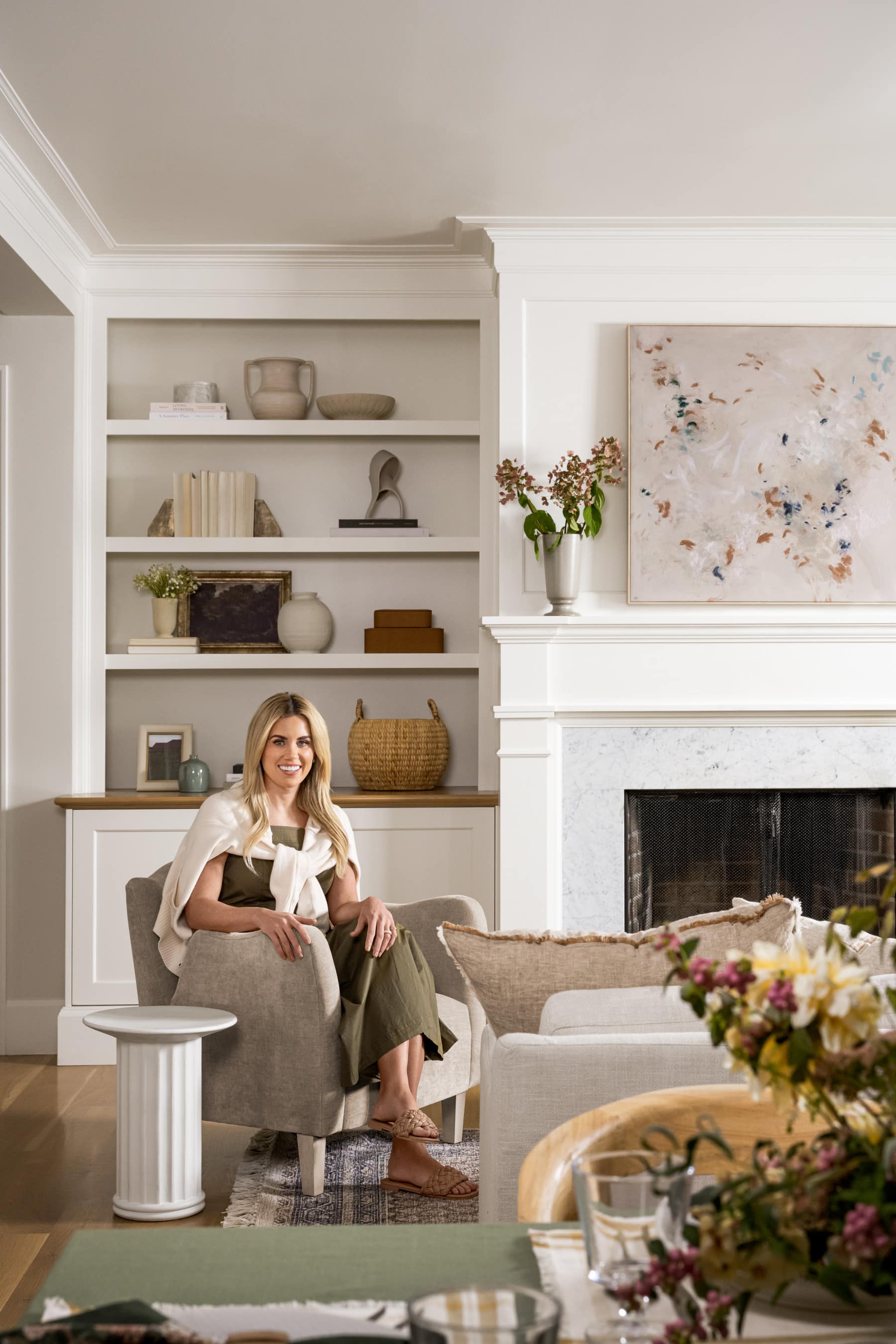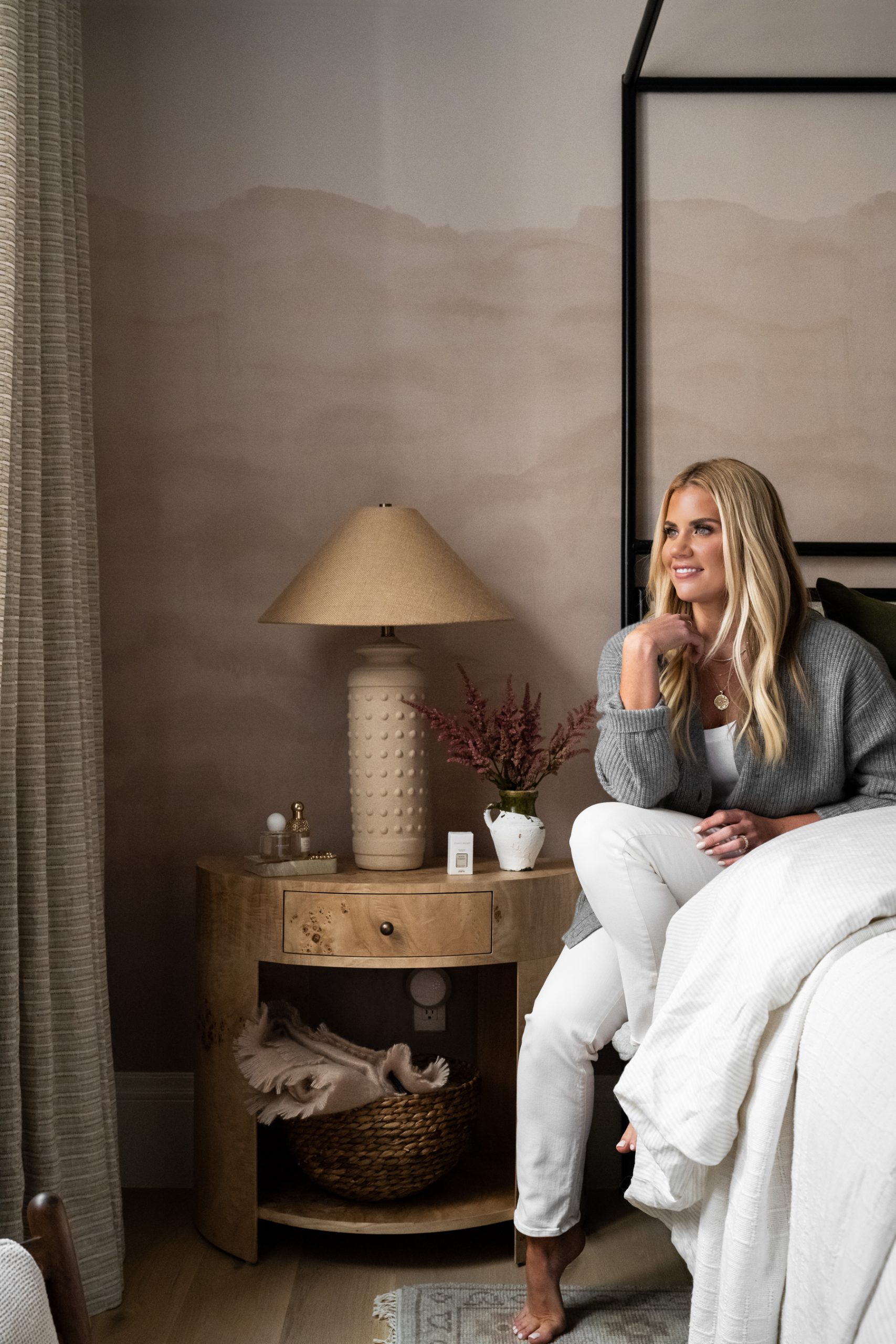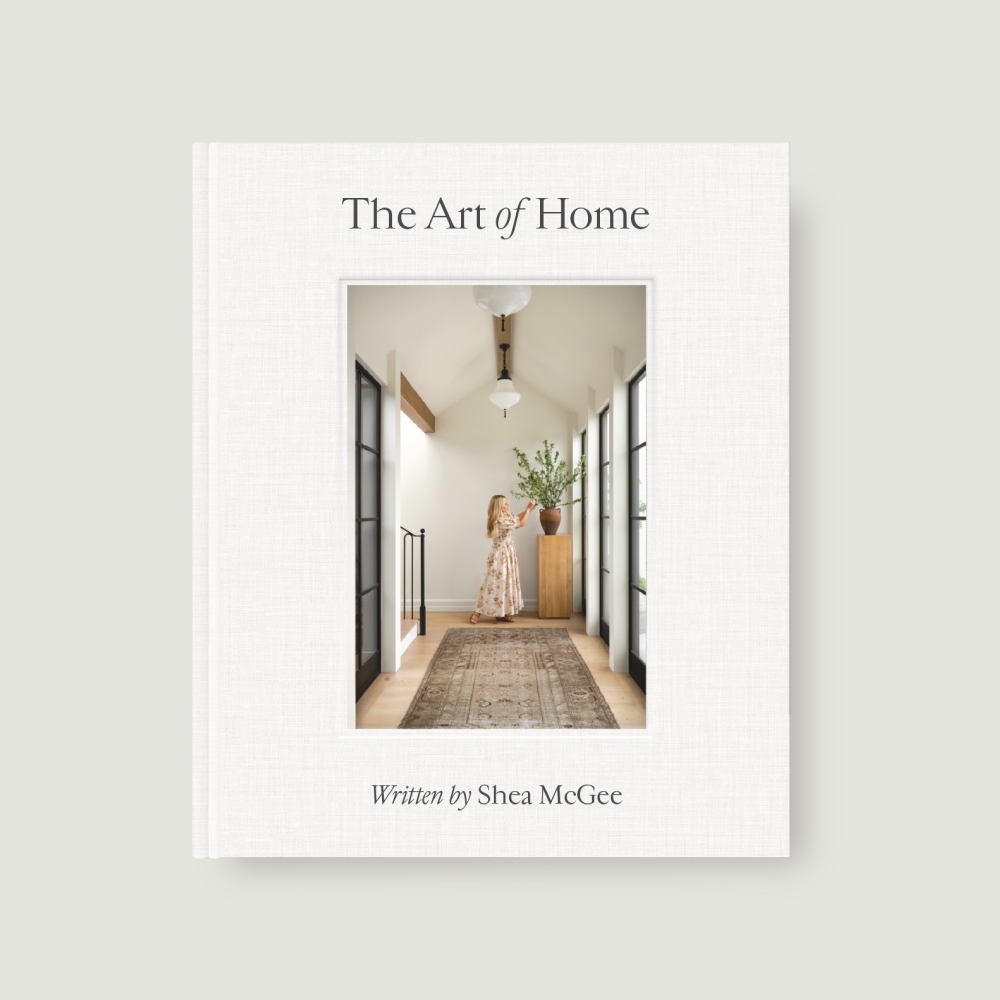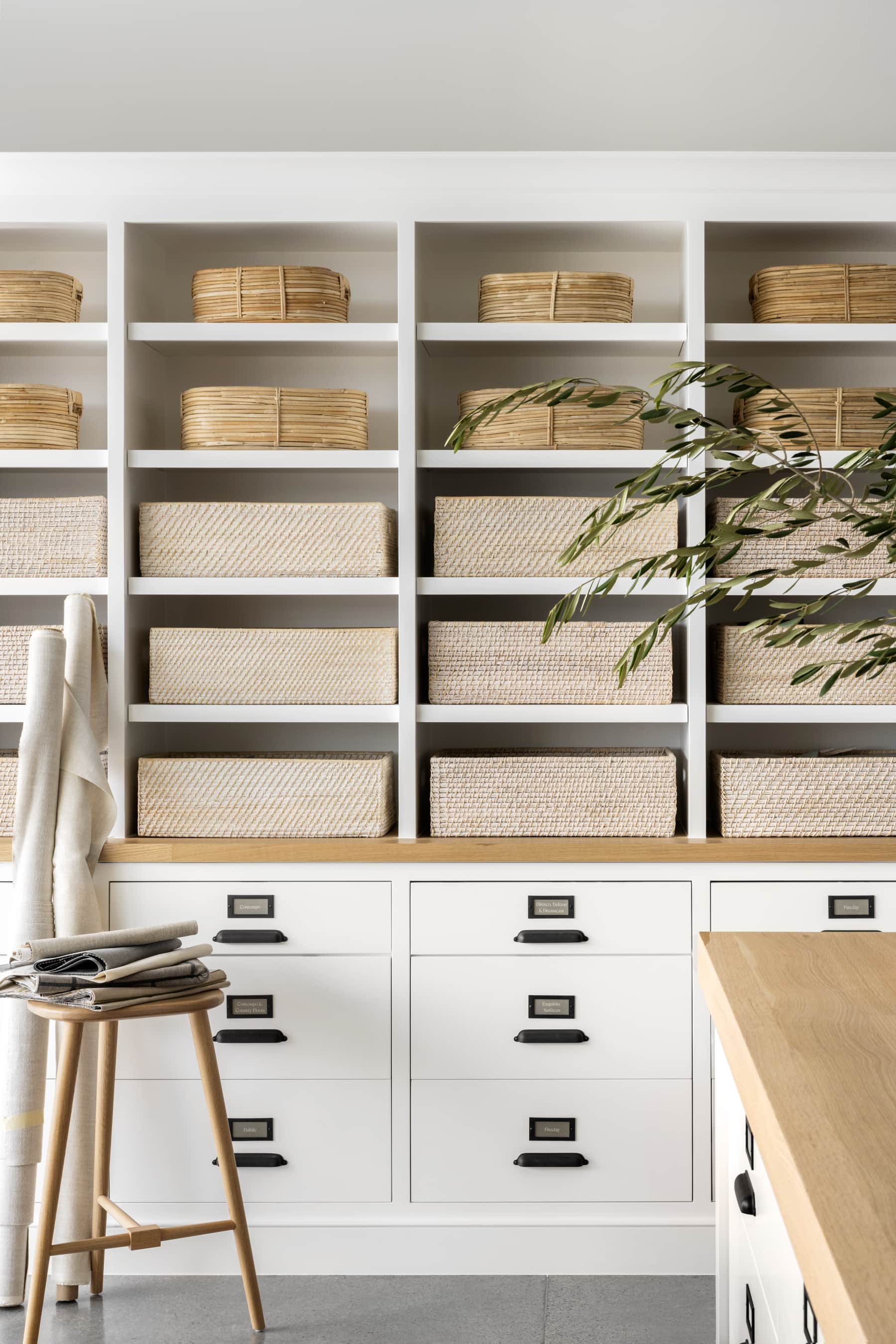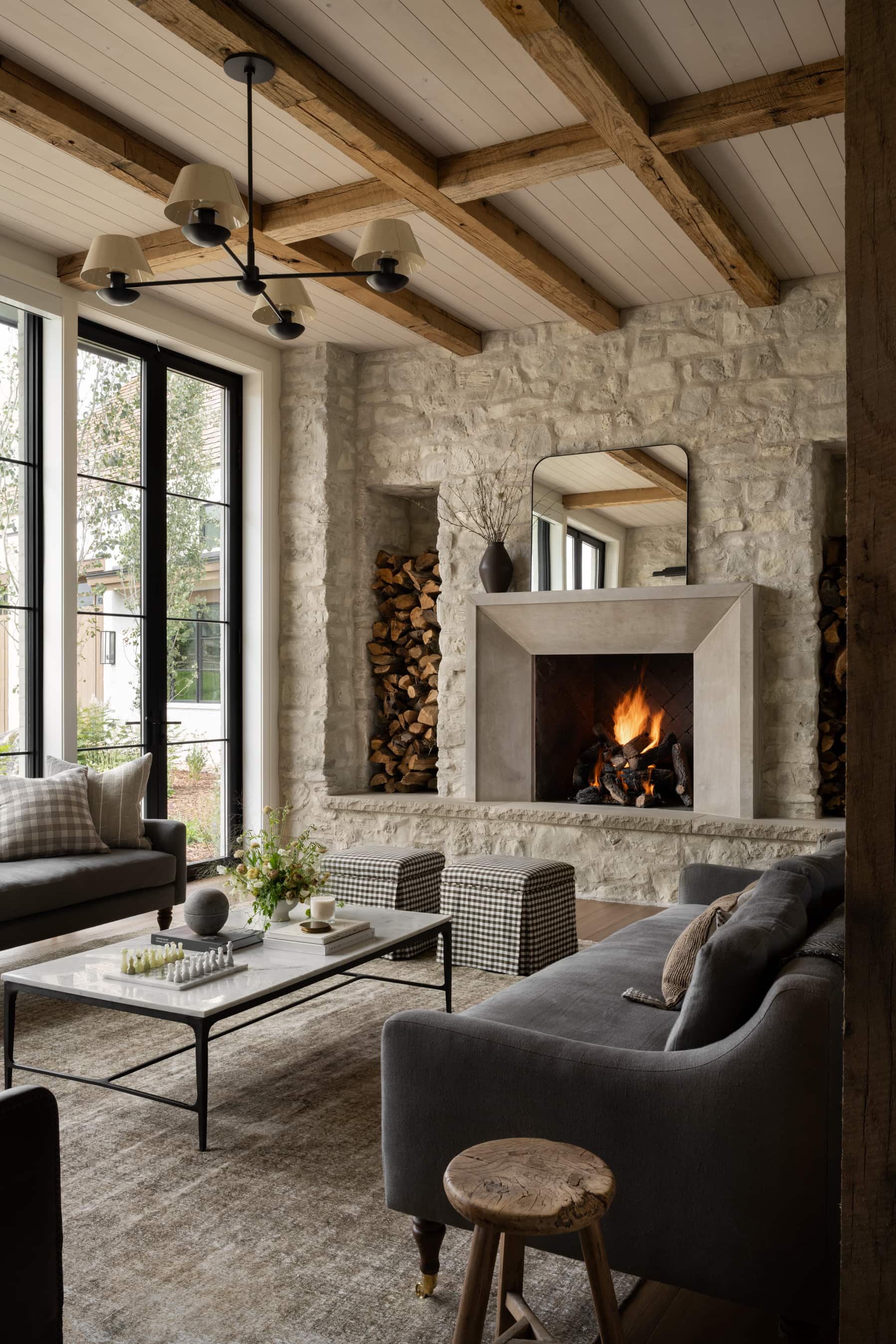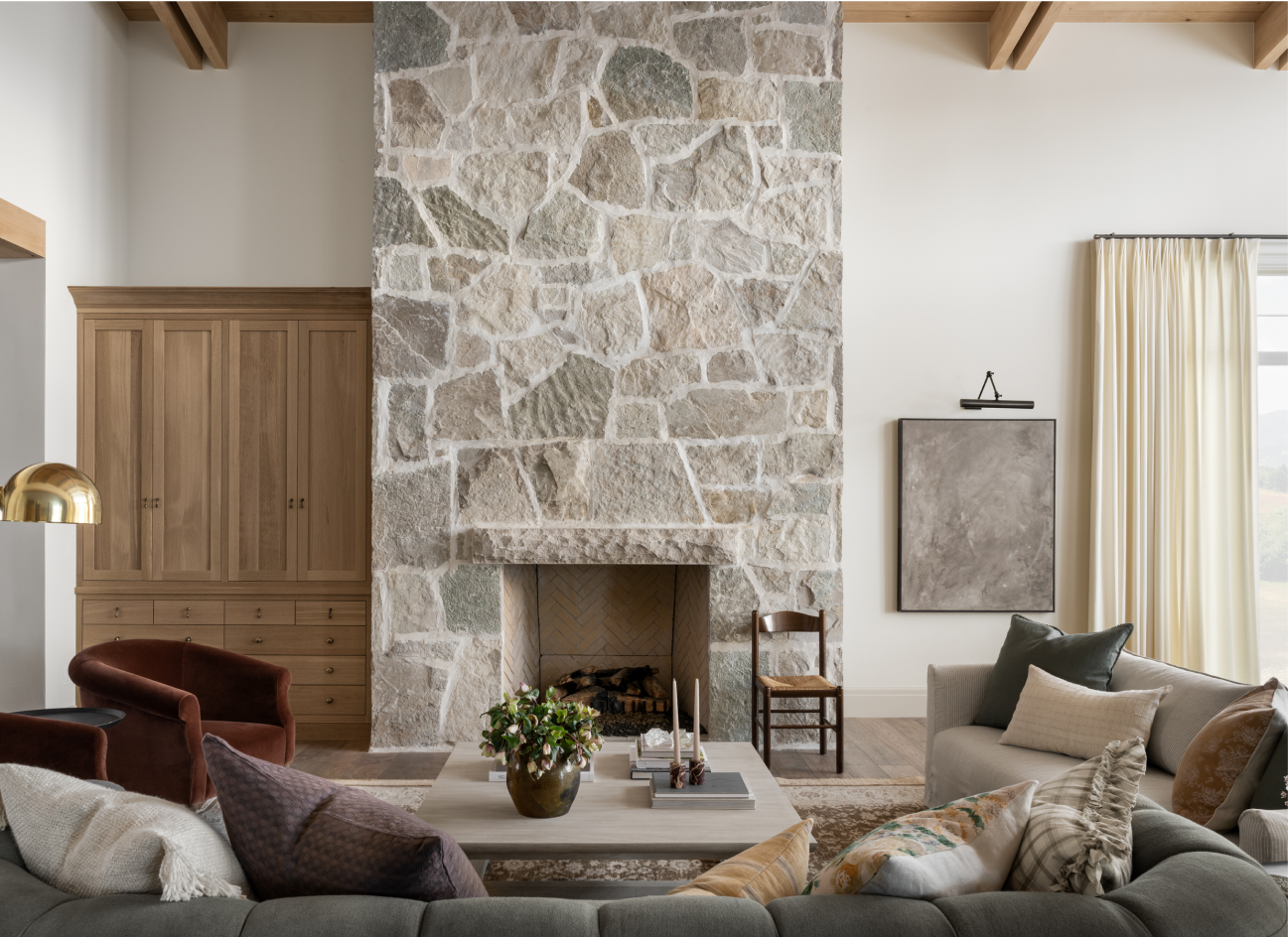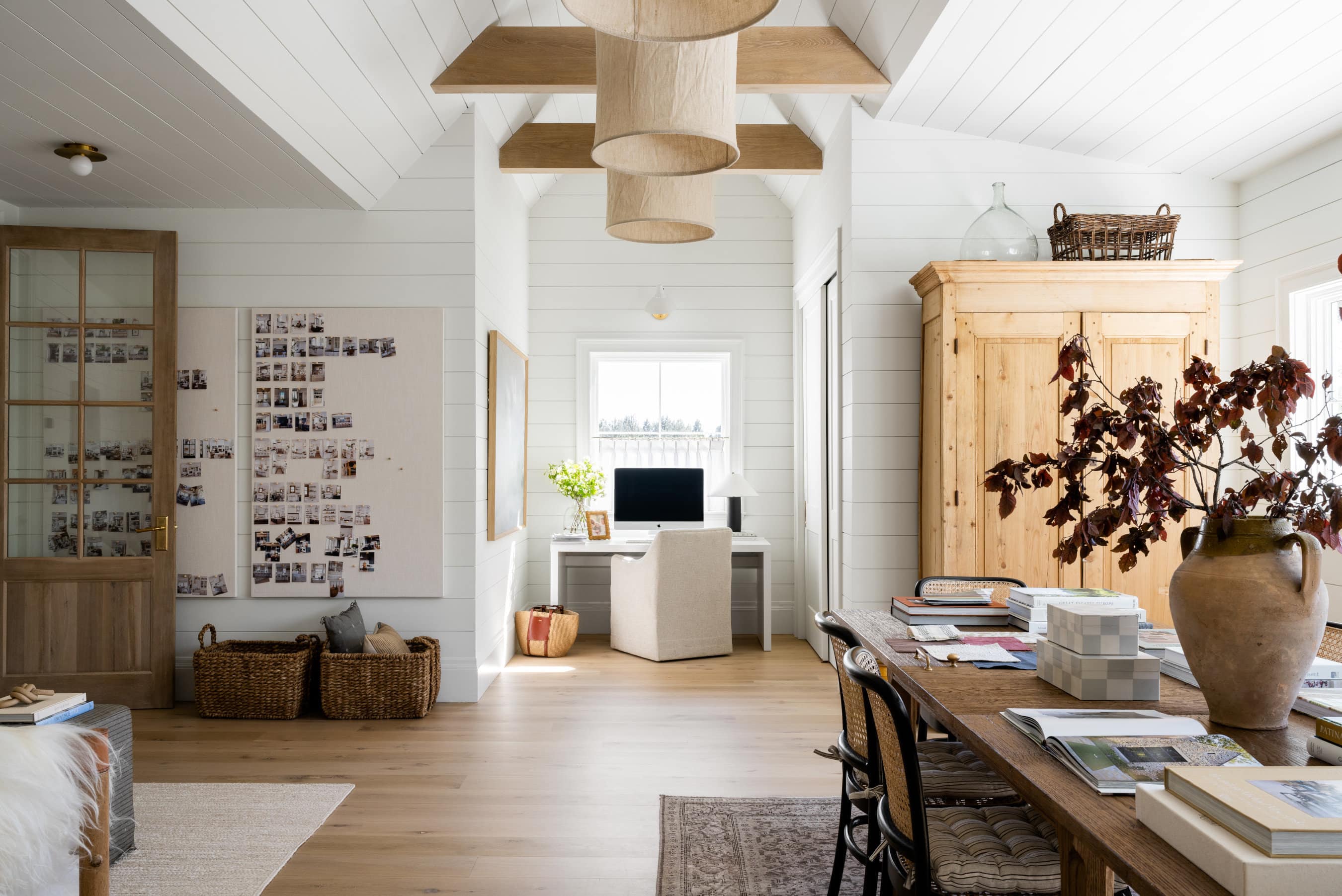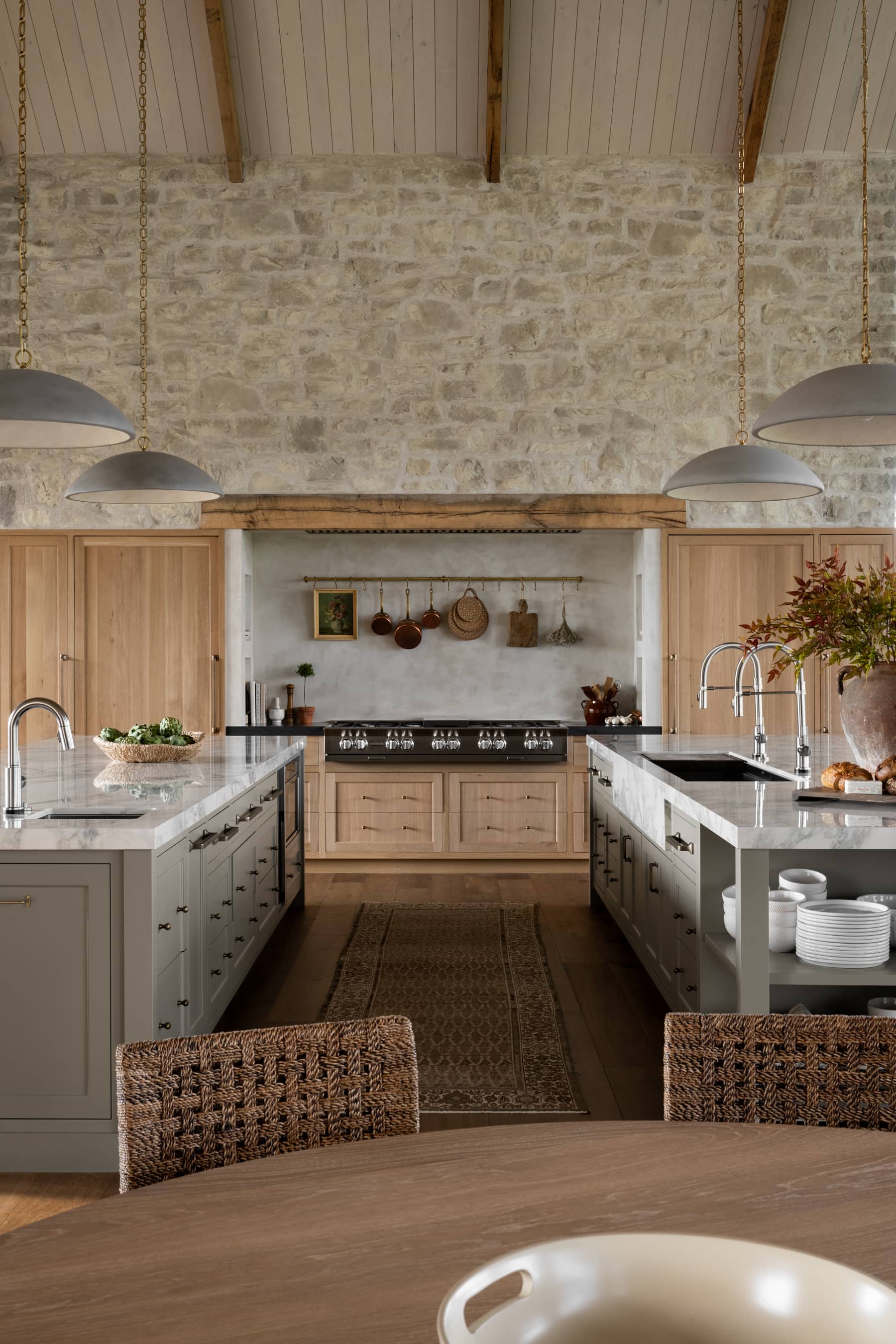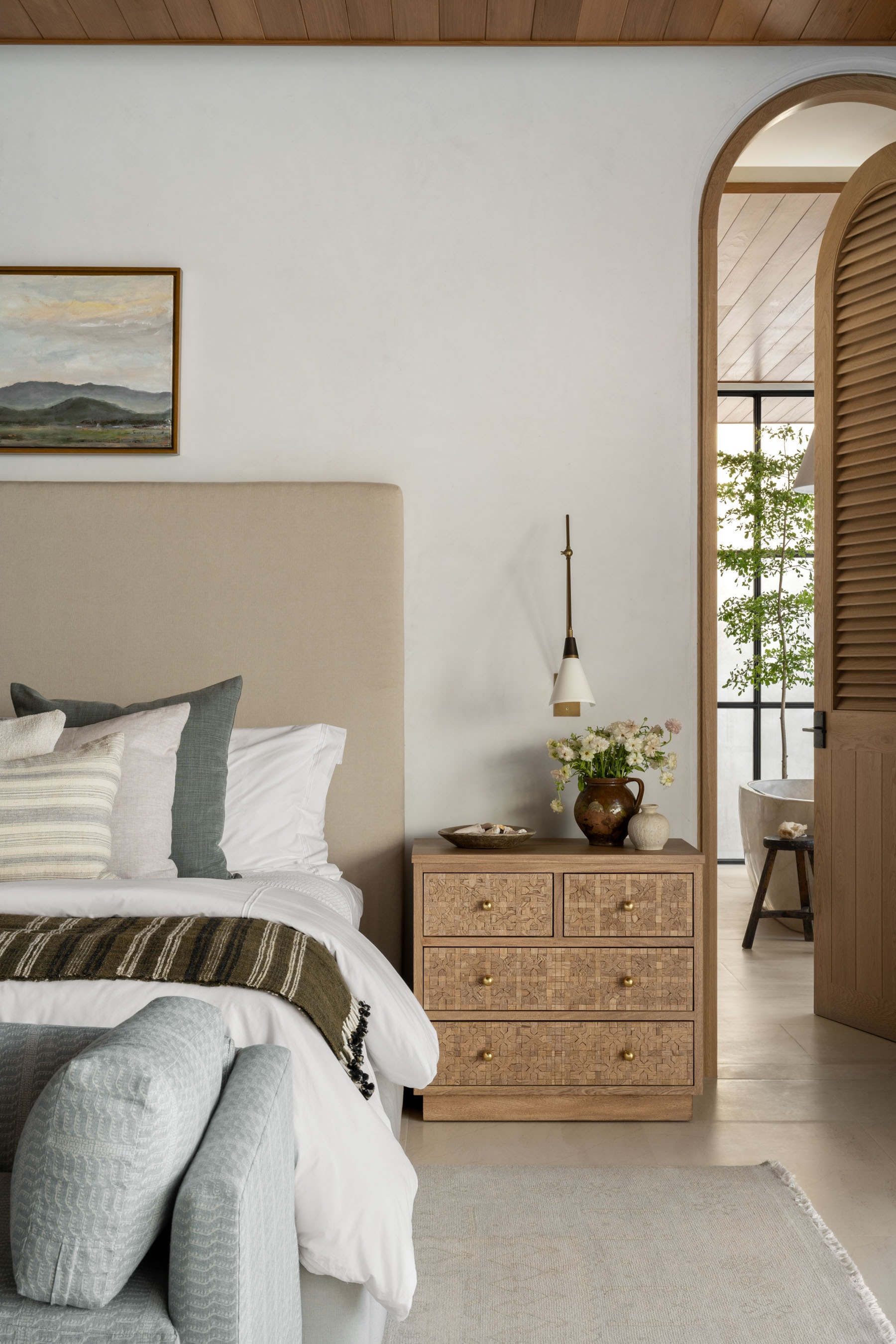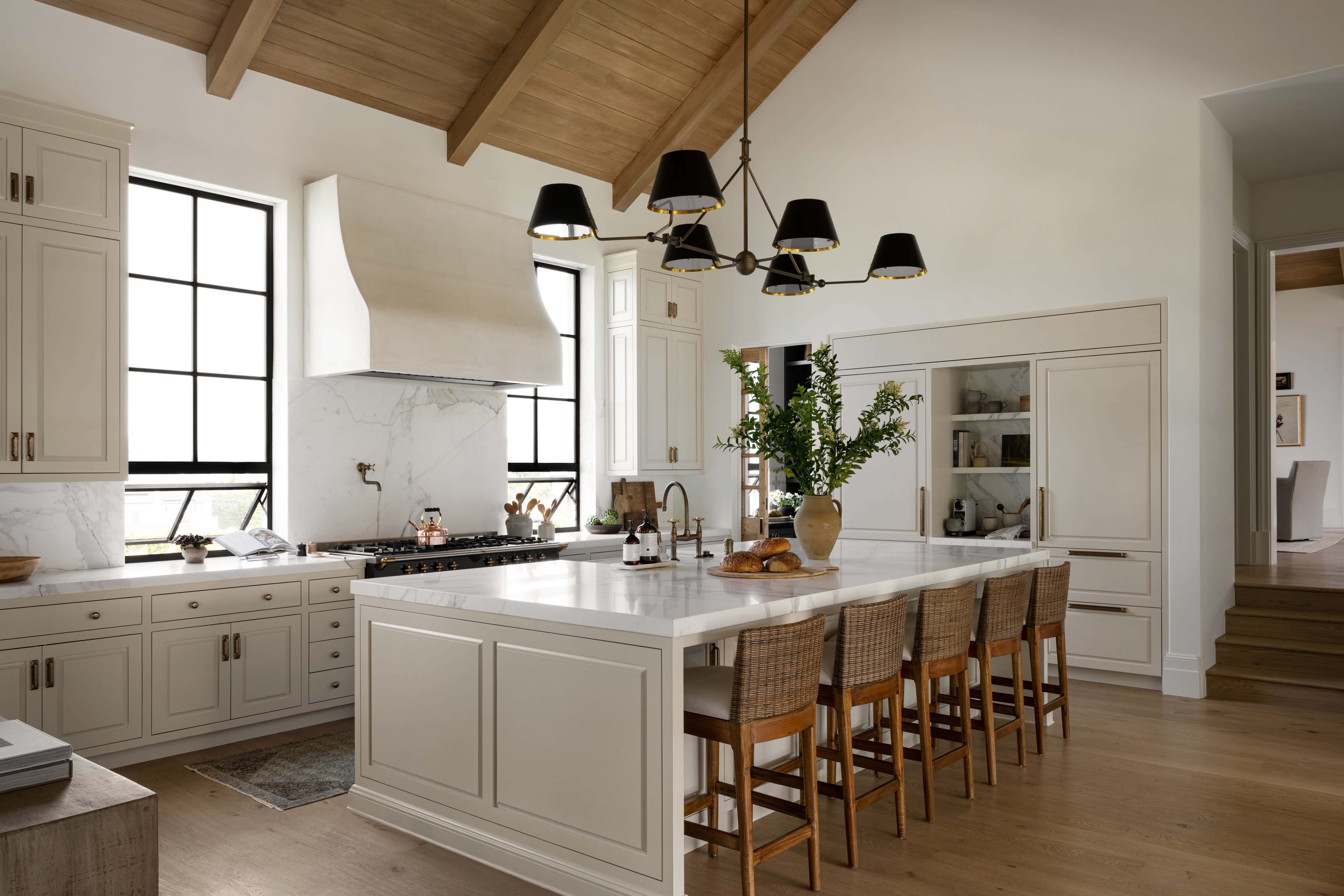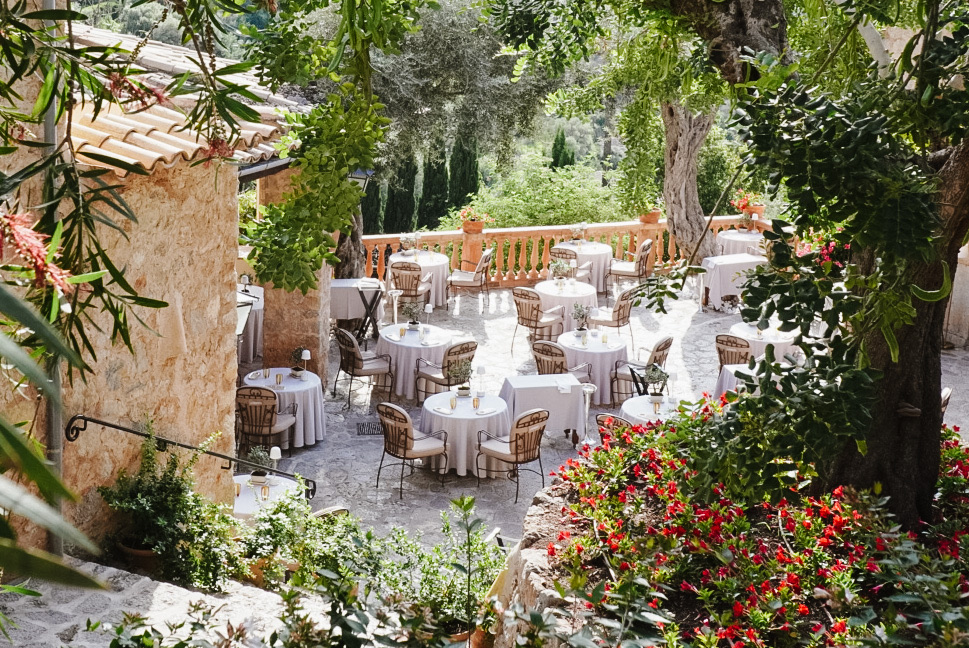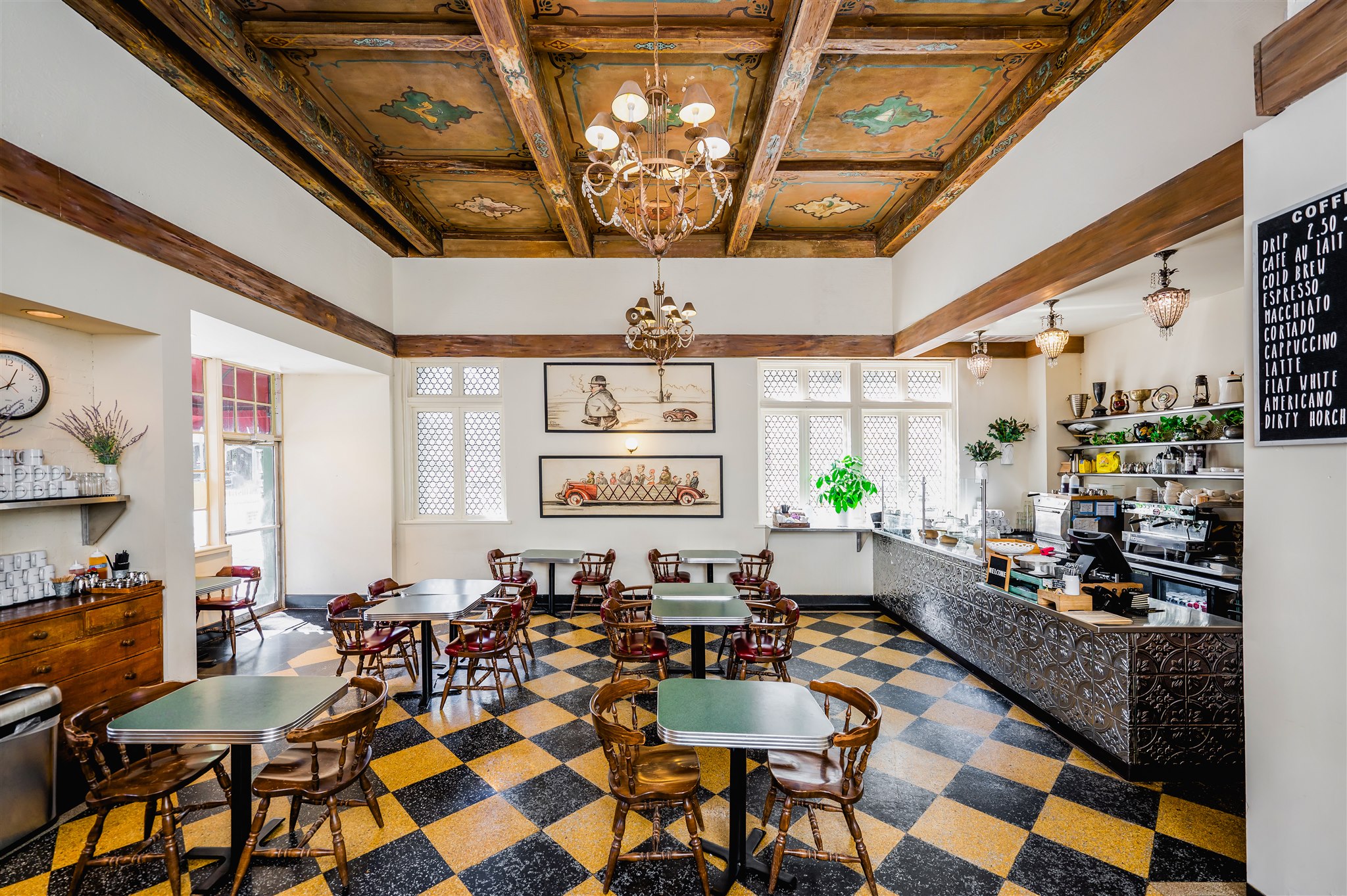
In Honor of Mardi Gras: Shea’s Jambalaya + New Orleans Design
We’re taking a moment to appreciate all things The Big Easy, from Shea’s homemade jambalaya to New Orleans’ best design moments.
13 February 2023 -
While we wouldn’t necessarily say that Mardi Gras is “our thing,” we would say that when it comes to the city that hosts it, we’ve taken a few design cues over the years, from a Texas-esque version of its famed dish to an appreciation for the architecture and interior design elements that belong solely to The Paris of the South.
Shea, having spent her formative years in Texas, knows that there’s a sort of reverence to the way the South as a geographical region and the state of Texas interact—one doesn’t claim the other. But sharing a border meant often sharing a cuisine. “Growing up in Houston, Texas, my family had many friendly Cajun neighbors who would bring over a big pot of jambalaya on the weekends,” Shea explains. “Our family loved the spicy dish so much that my mom learned to make it herself. I’m looking forward to introducing my kids to this nostalgic comfort food.”
And New Orleans, the city that is “The South,” has design inspiration in spades. Quintessential New Orleans style is composed of French antiques, wrought iron, sprawling balconies, colorful shotgun cottages, window shutters, hanging ferns, and sprawling mansions of the Garden District. Below, we’re sharing a few of our favorite New Orleans hotel design moments, plus Shea’s take on jambalaya, the American Creole and Cajun dish whose influence ranges from East Texas to France and Africa.
No. 02 | The Pontchartrain Hotel
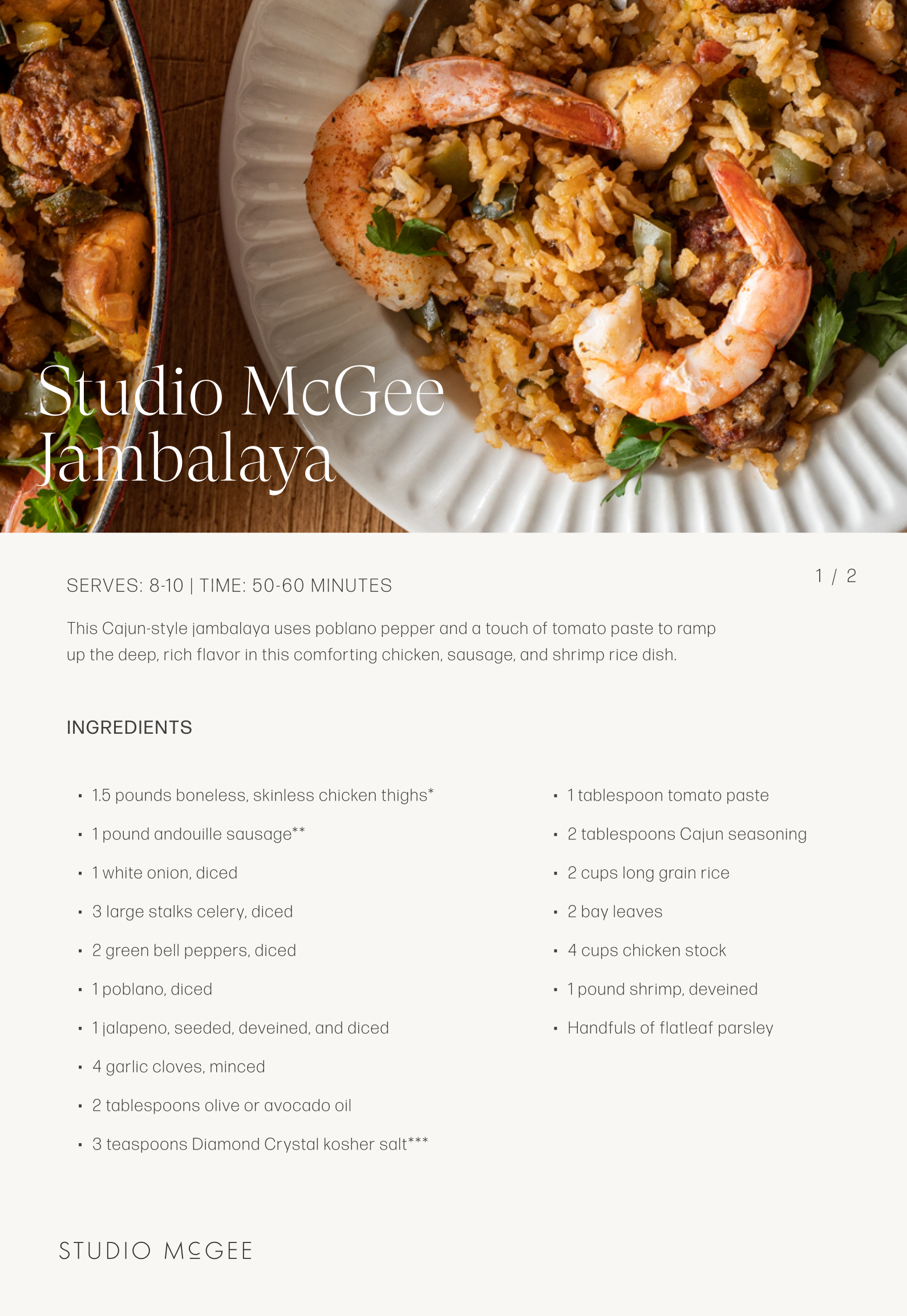
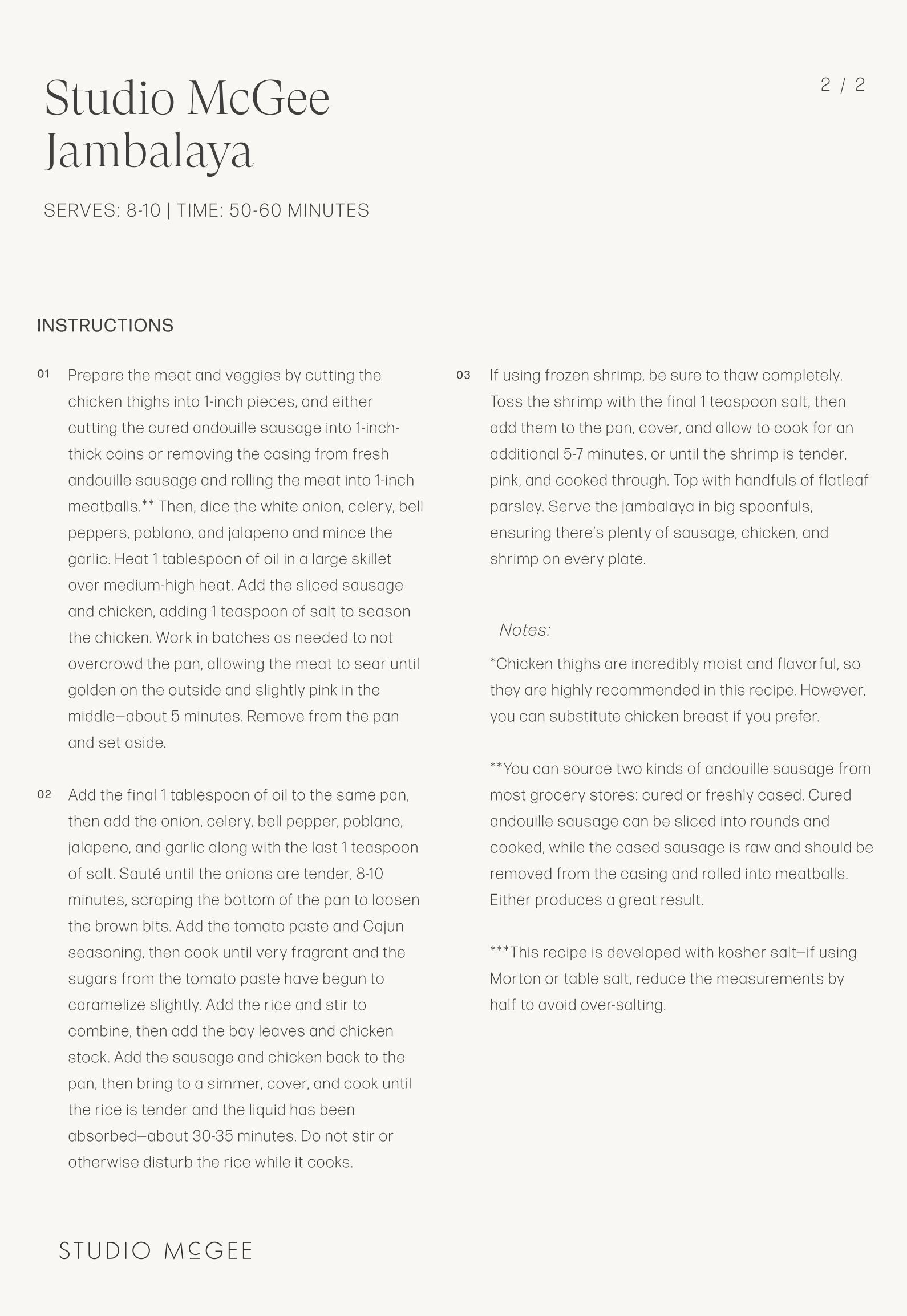
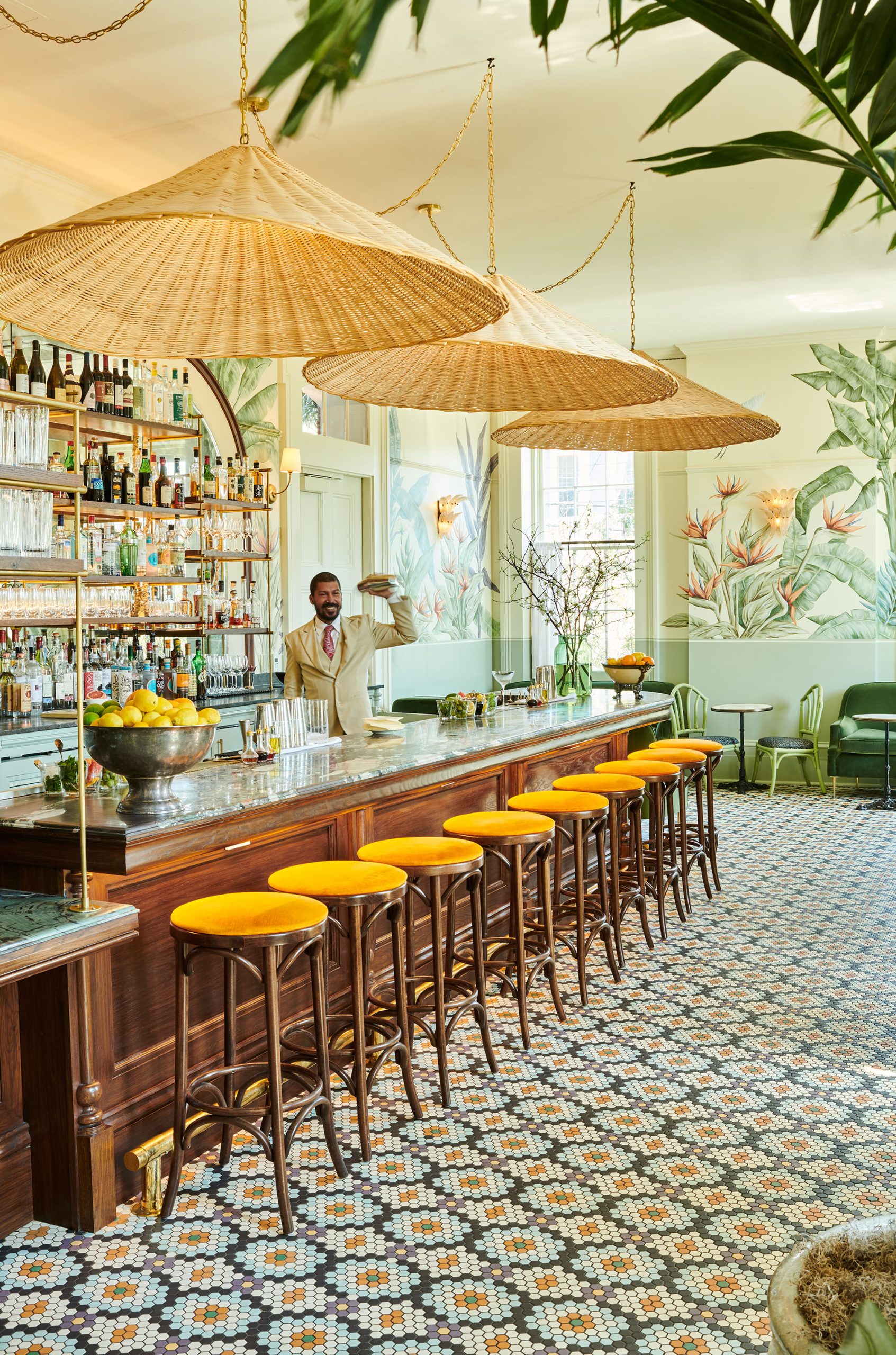
No. 01 | Hotel Saint Vincent
The queen of hotel design has made her way to the city of New Orleans. Liz Lambert’s Hotel Saint Vincent in the Lower Garden District is a 19th-century brick façade with oh-so-New-Orleans wrought-iron railings. Inside the storied walls, the team at Lambert McGuire Design incorporated a variety of design styles from Italian Modernism to Art Deco. A few of our favorite design elements include charcoal-colored walls, intricate floor tiles, pink glossy walls, crimson red velvet, and scalloped pool umbrellas.
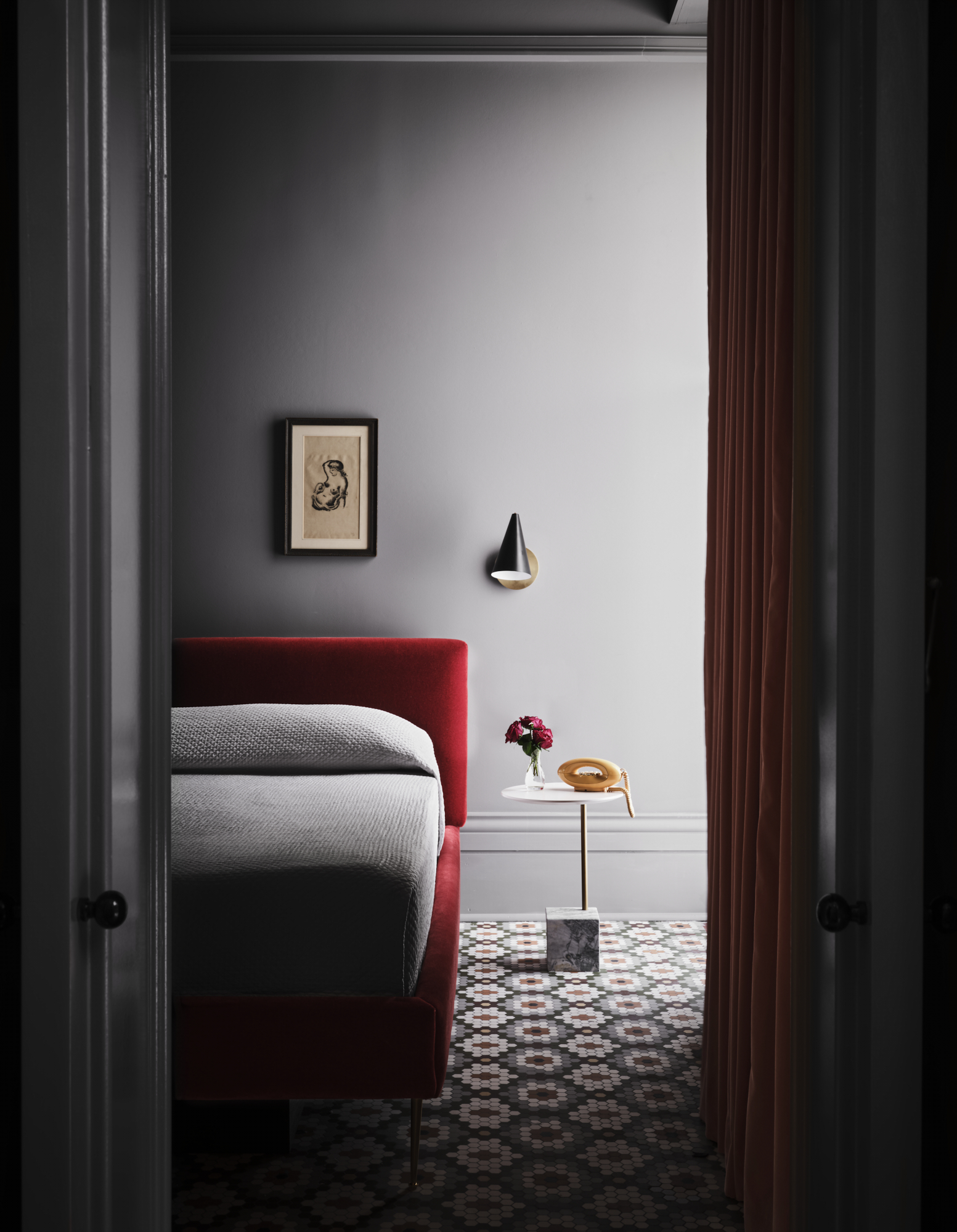
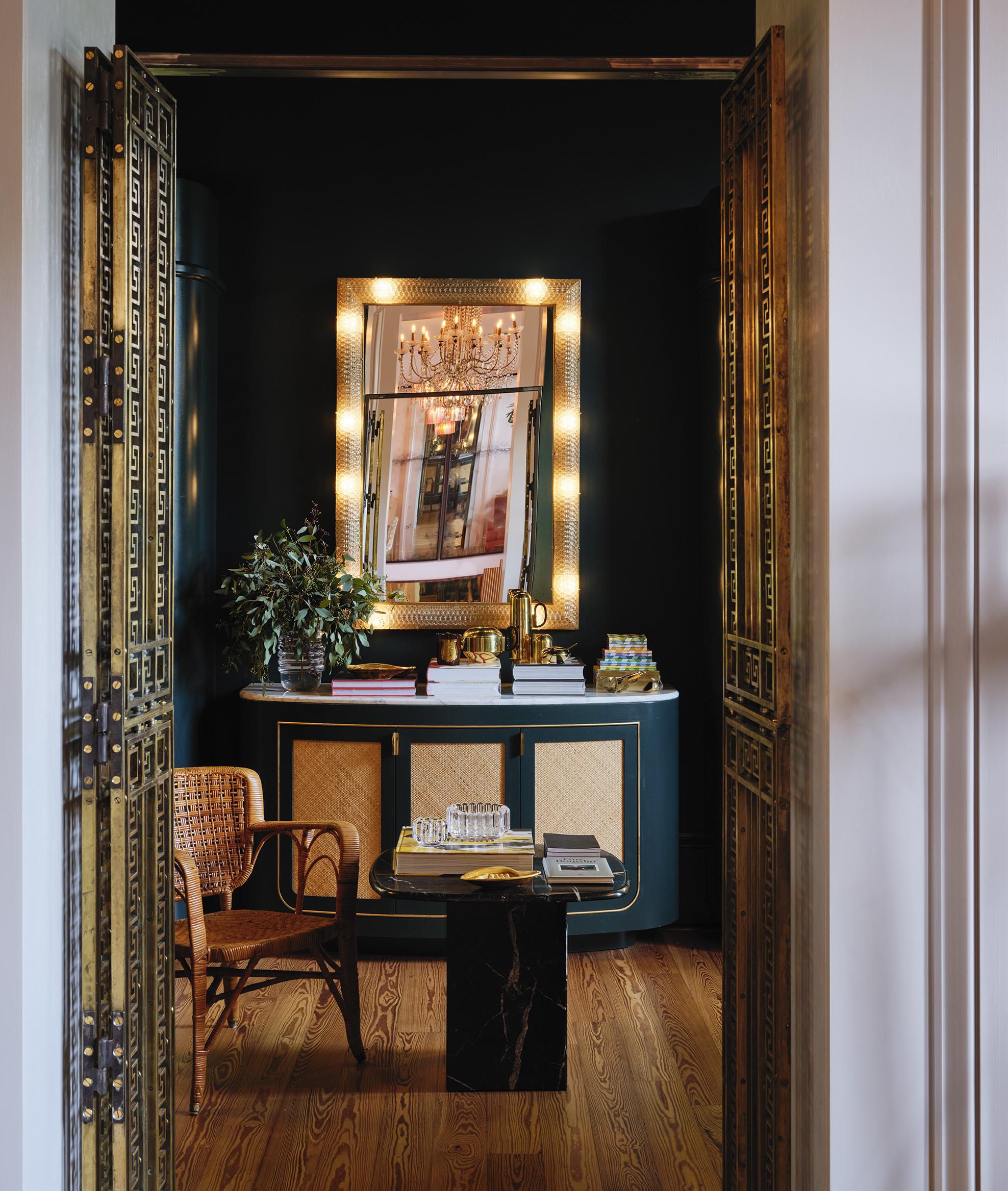
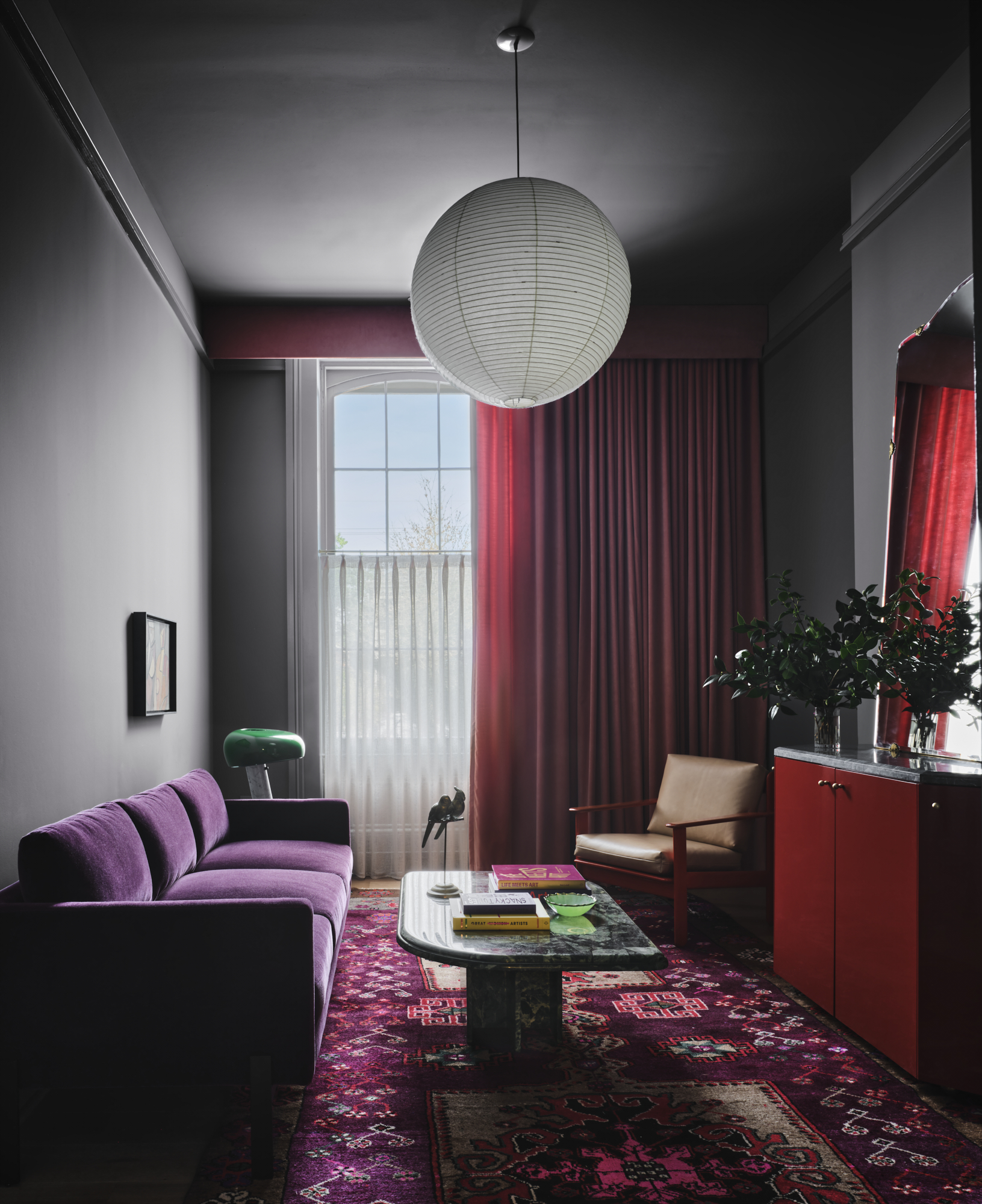
Photos courtesy of Hotel Saint Vincent
No. 02 | The Pontchartrain Hotel
There’s a plethora of stories rafting through the historic streets of New Orleans, and a fair amount of them begin at The Pontchartrain Hotel. Set amongst the 18th- and 19th-century mansions of the Garden District, it was once where Frank Sinatra and Rita Hayworth laid their heads, and where Tennessee Williams wrote A Streetcar Named Desire. Renovated in 2016, the new color palette and dressings very much mimics the vibe of its home city—think layered crimsons and emeralds, pinks and lush mint, palms and rattan, toile and paisley.
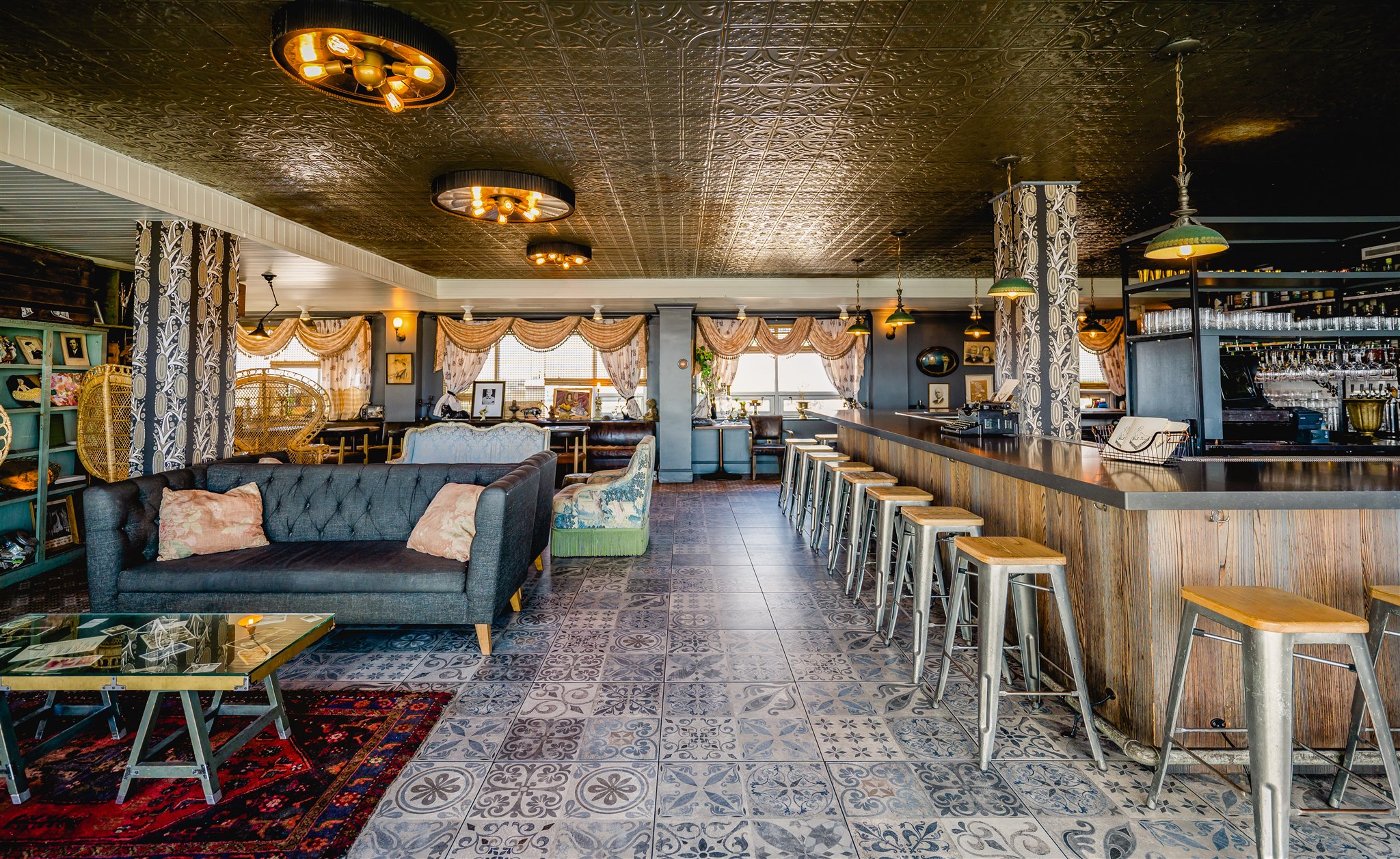
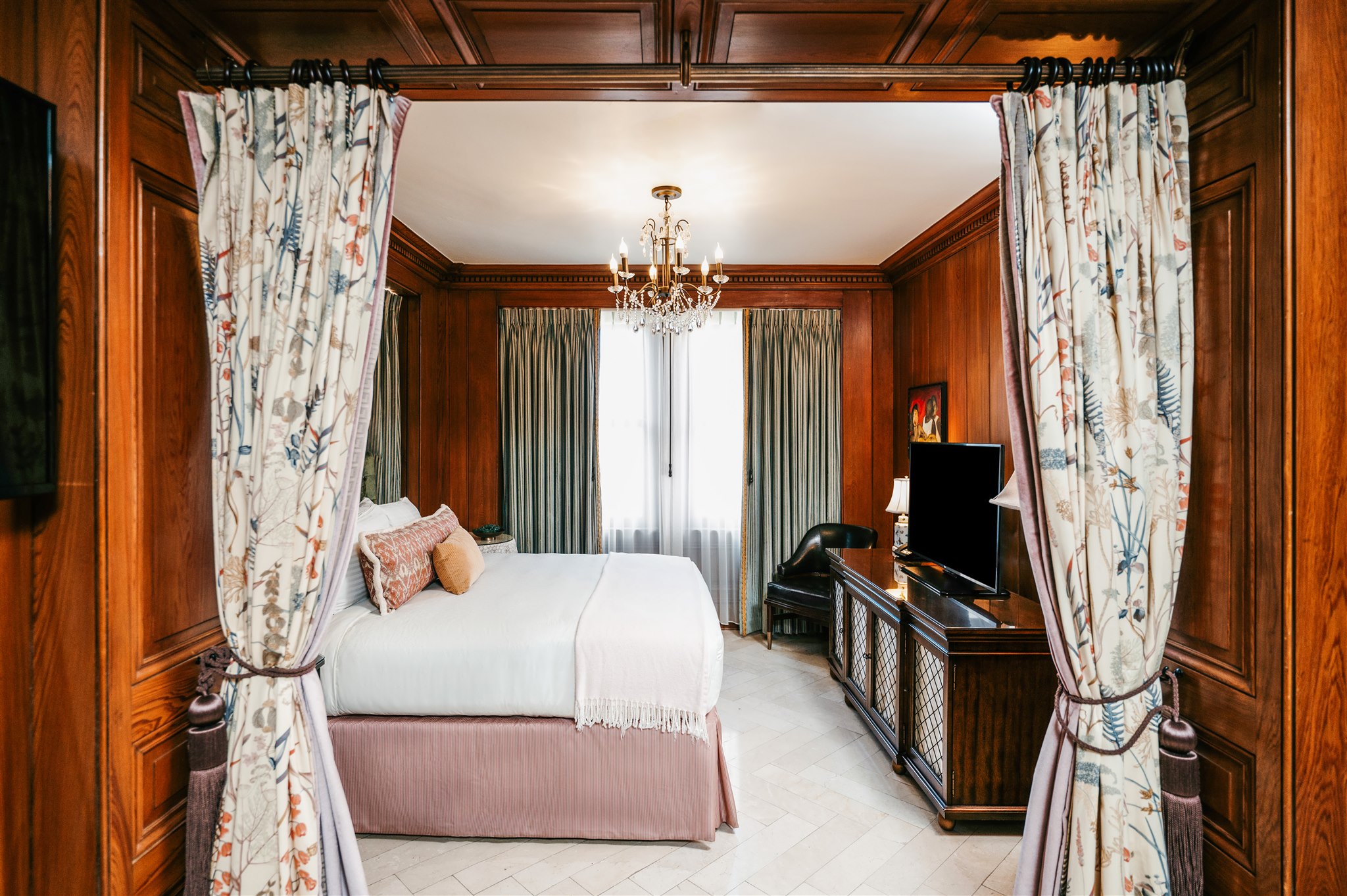
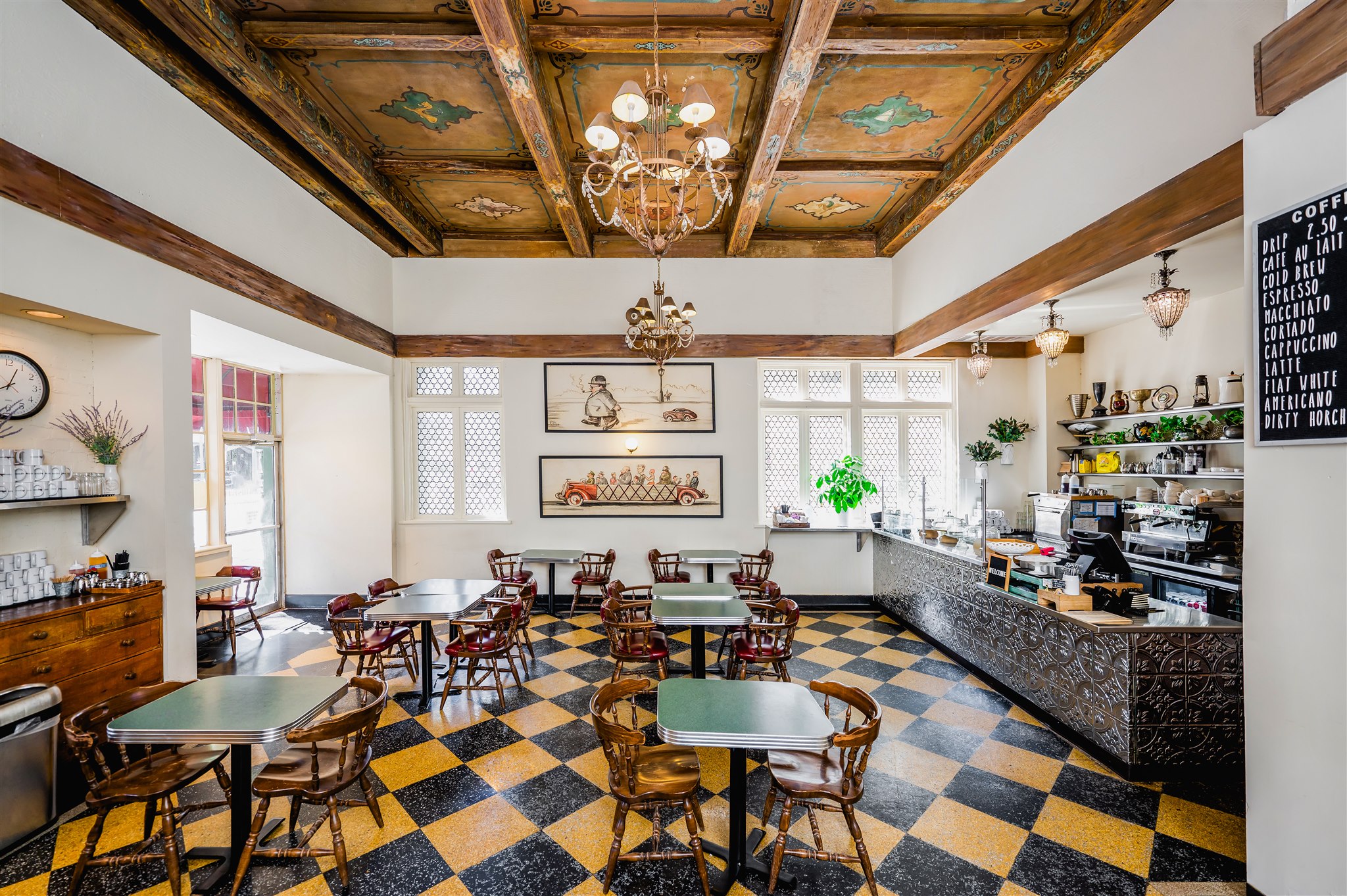
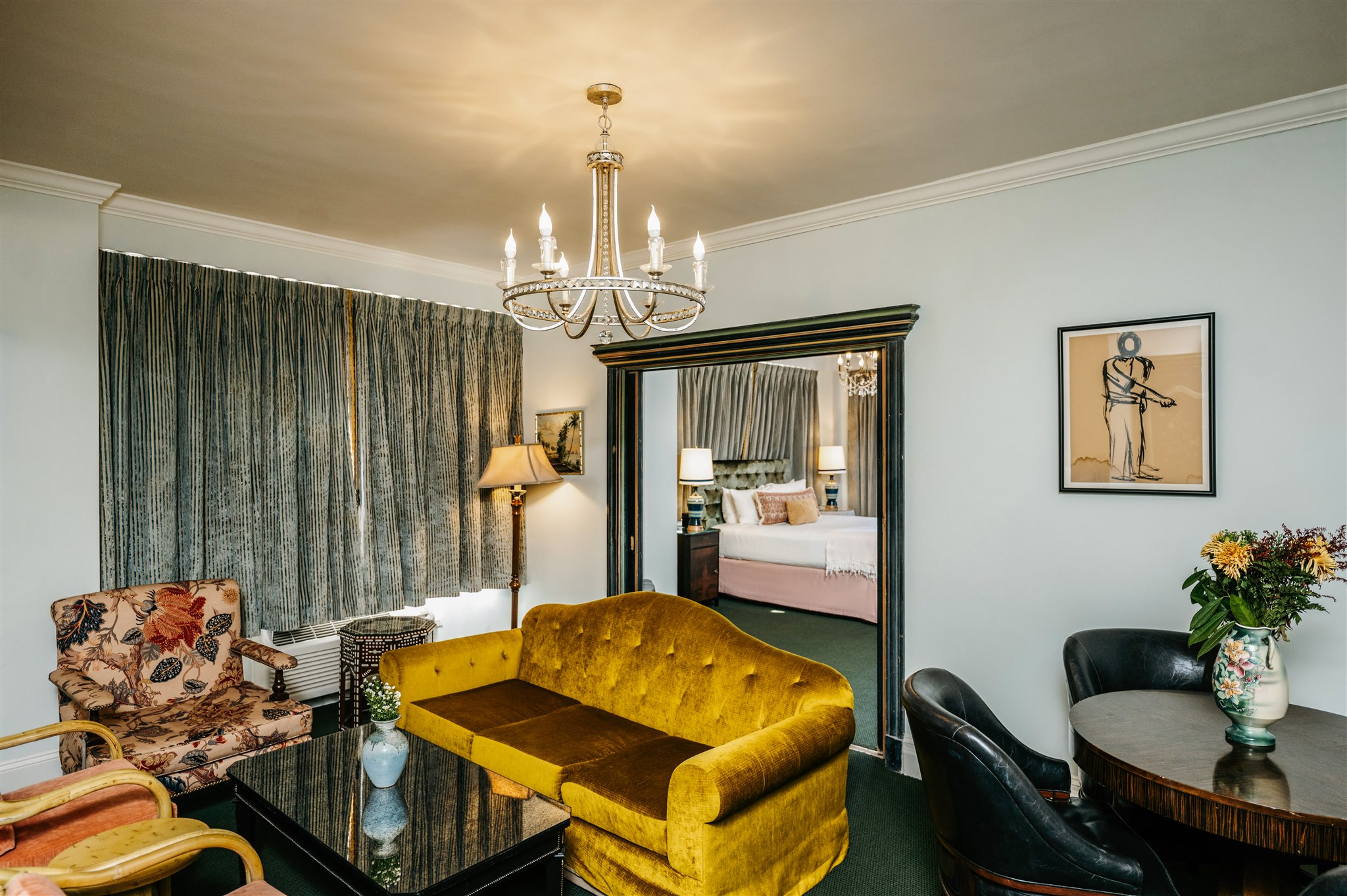
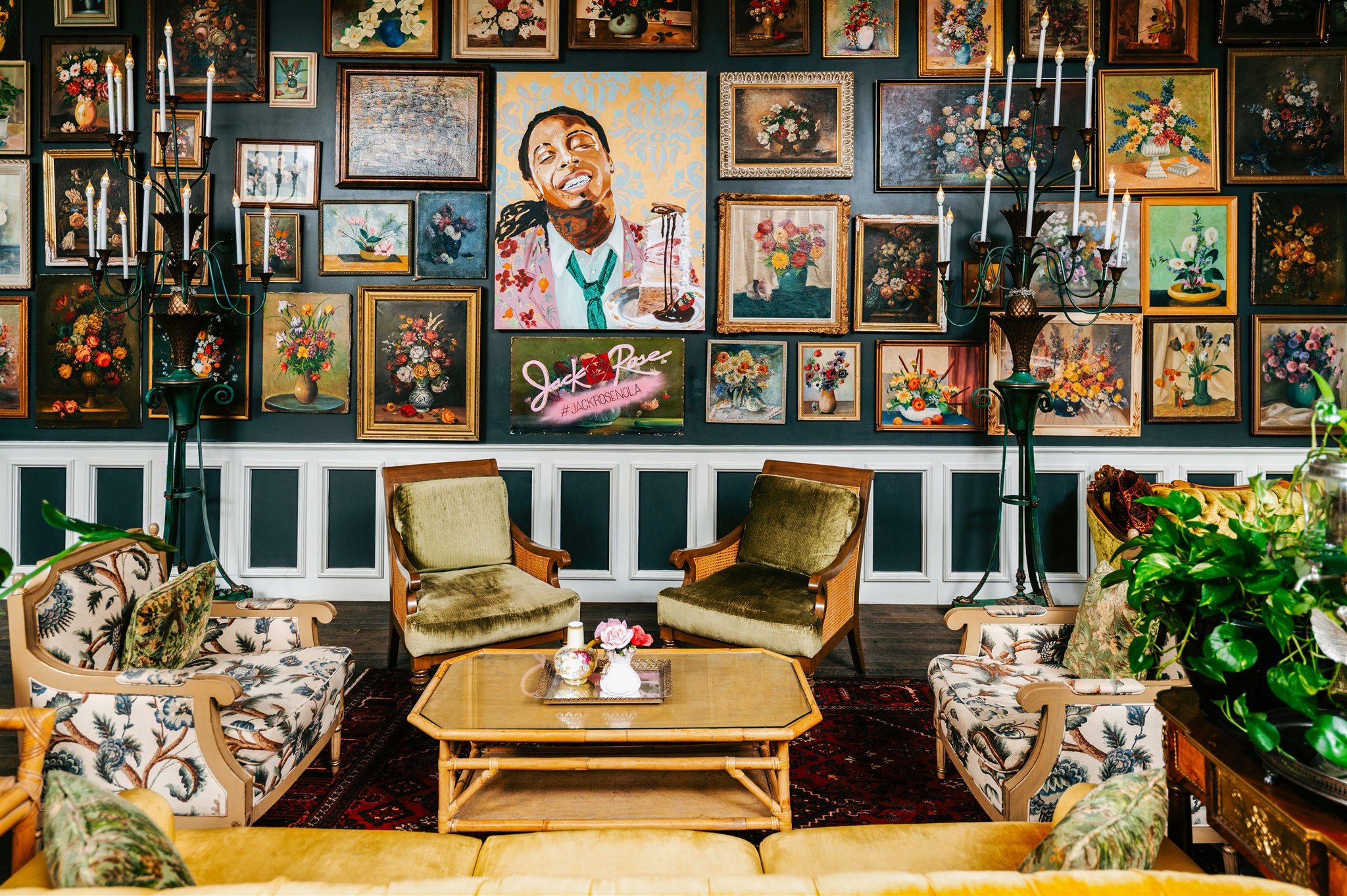
Photos courtesy of the Pontchartrain Hotel
No. 03 | Maison de la Luz
Studio Shamshiri, an LA-based design firm, and the in-house creative team at Ace Hotel (a perennial favorite in millennial-focused, high-end travel) joined forces to restore this 1907 building in the city’s Warehouse District. According to Pam Shamshiri of Studio Shamshiri, the design was developed to feel like someone’s private home, a well-traveled and cultured woman returning to her hometown of New Orleans with her stories and wares (to be exact). Expect an eclectic display—original Art Deco light fixtures, intricate marble floors, heavily patterned wallpaper, gild and velvet, tasseled armchairs, tufts and wingbacks, and a museum-level display of funky art. In short, Maison de la Luz encapsulates the rich, multi-cultural history of New Orleans.
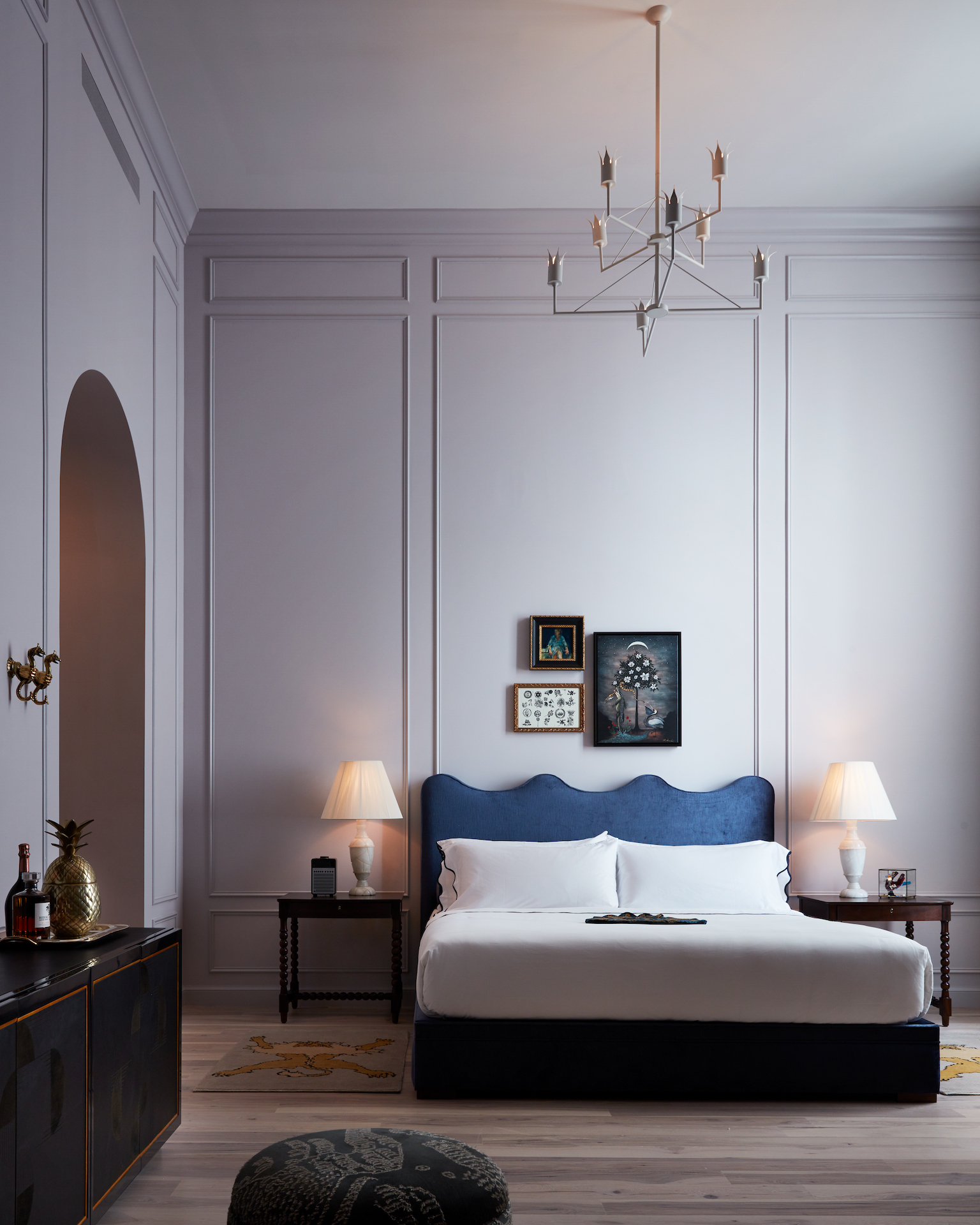
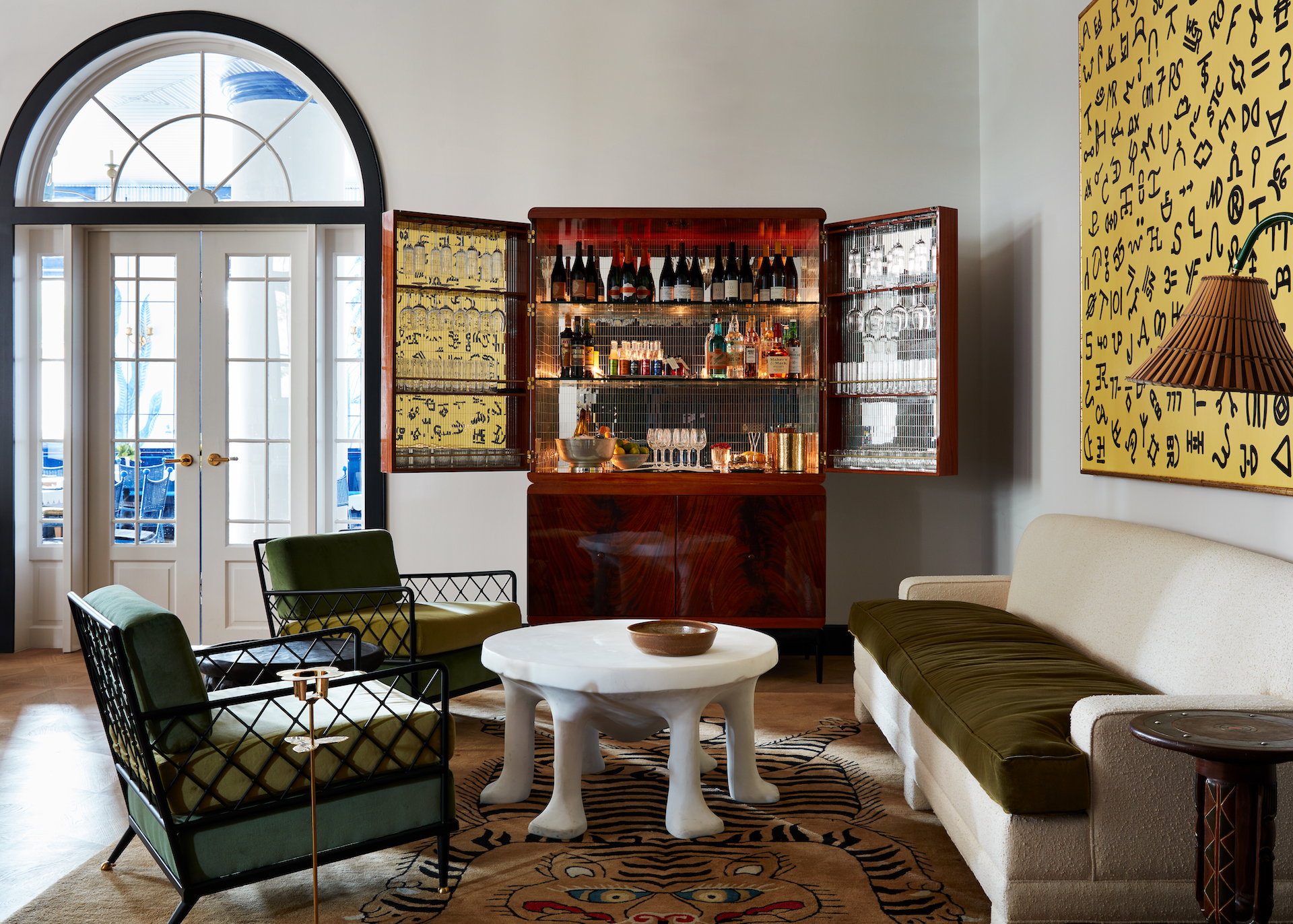
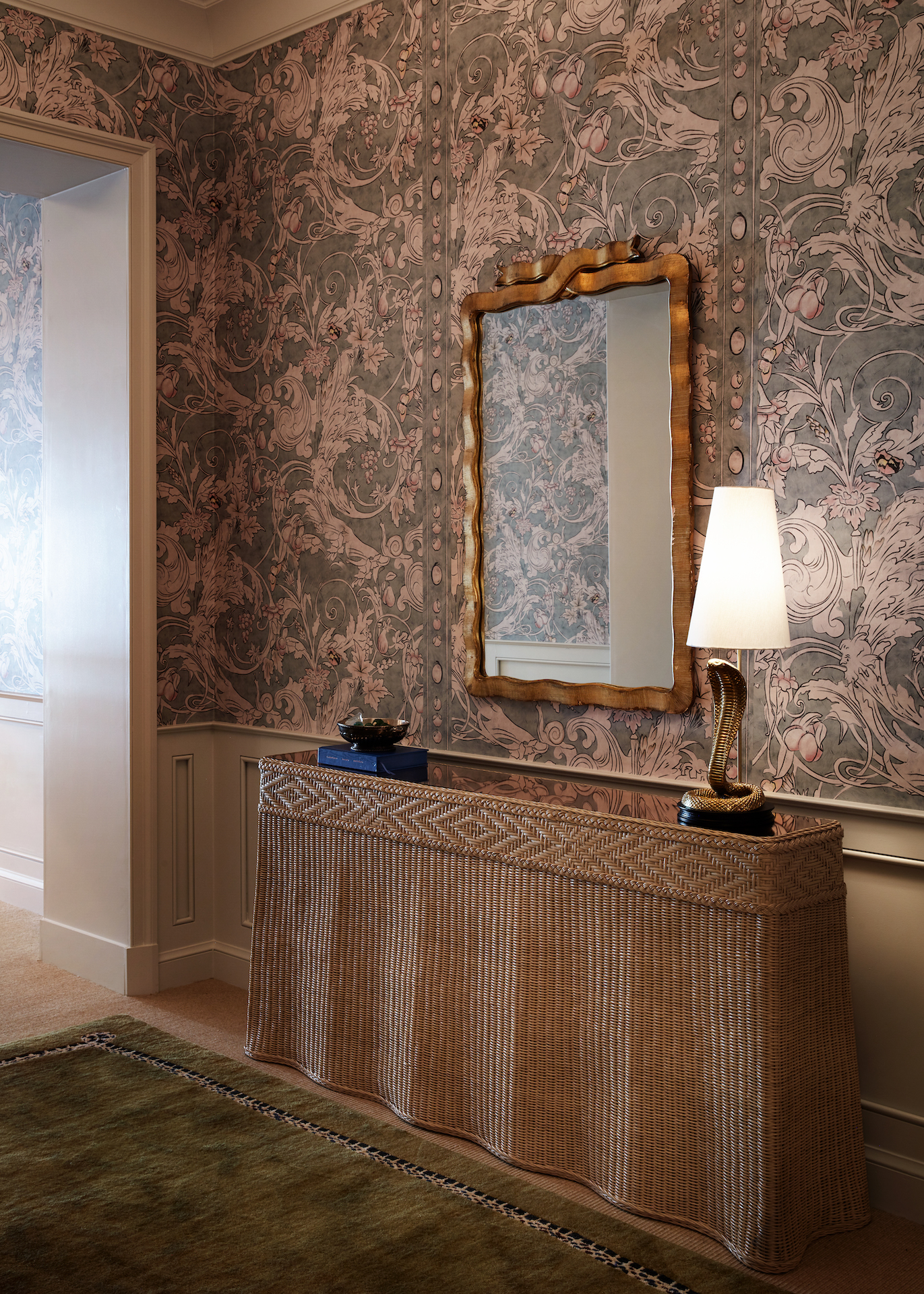
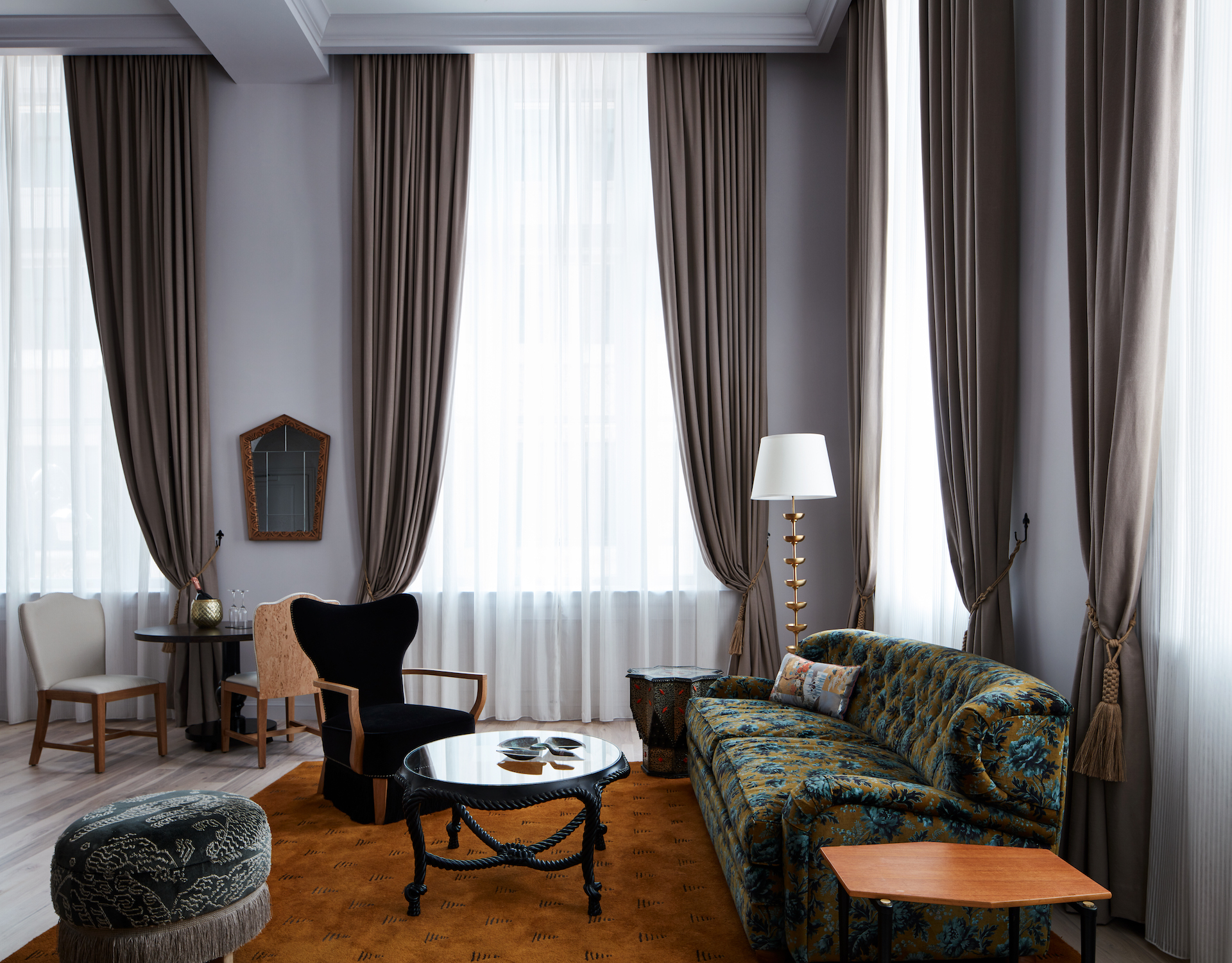
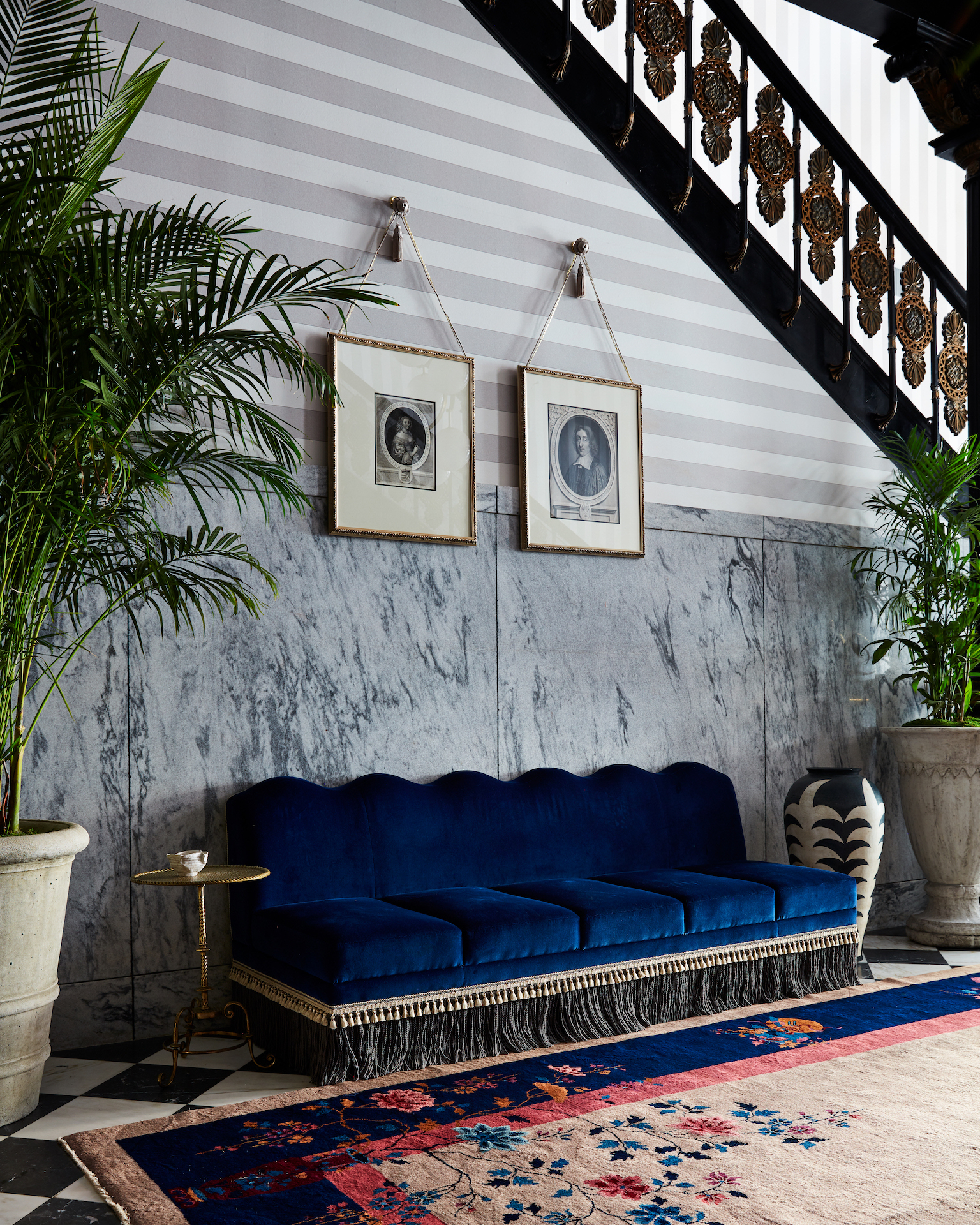
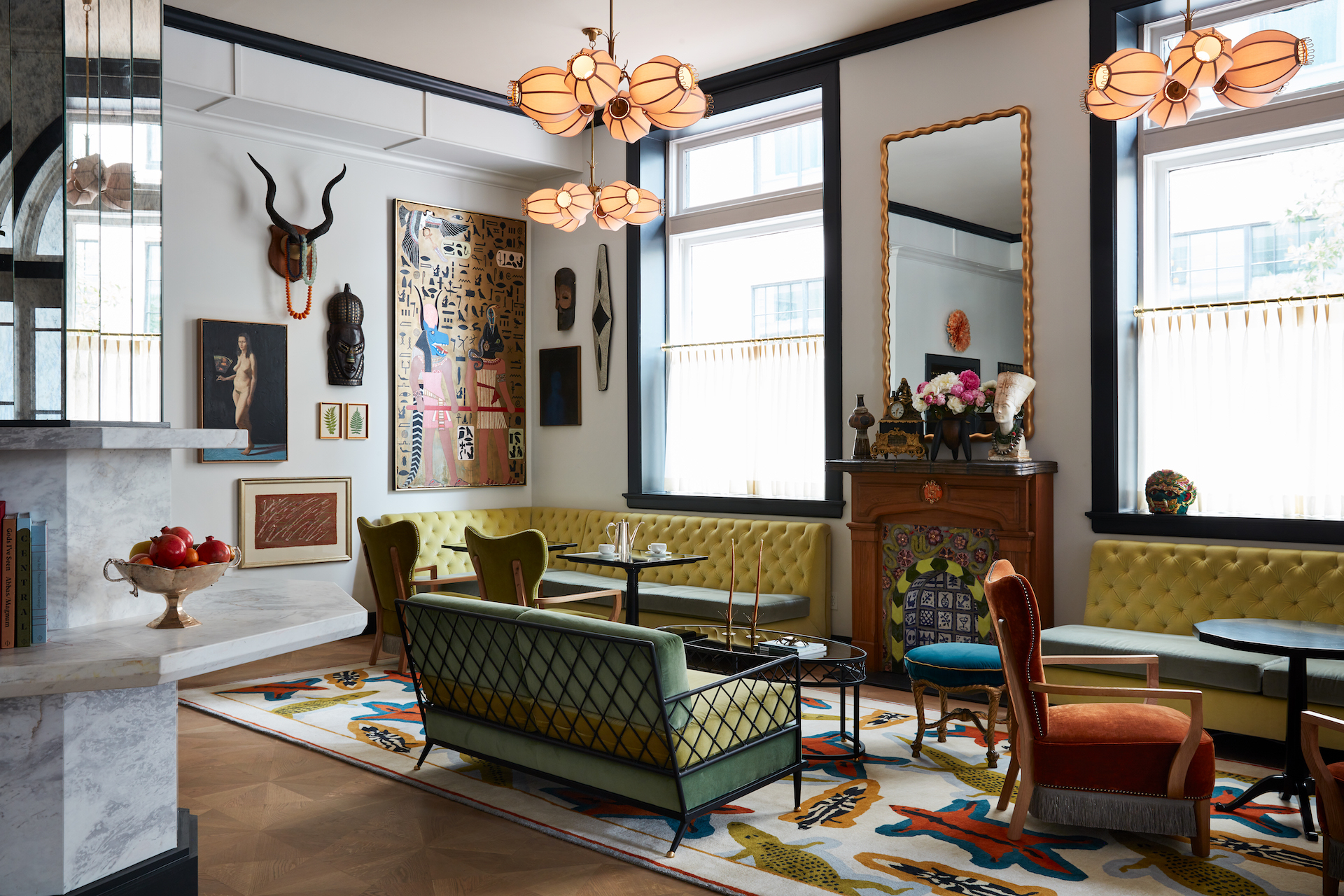
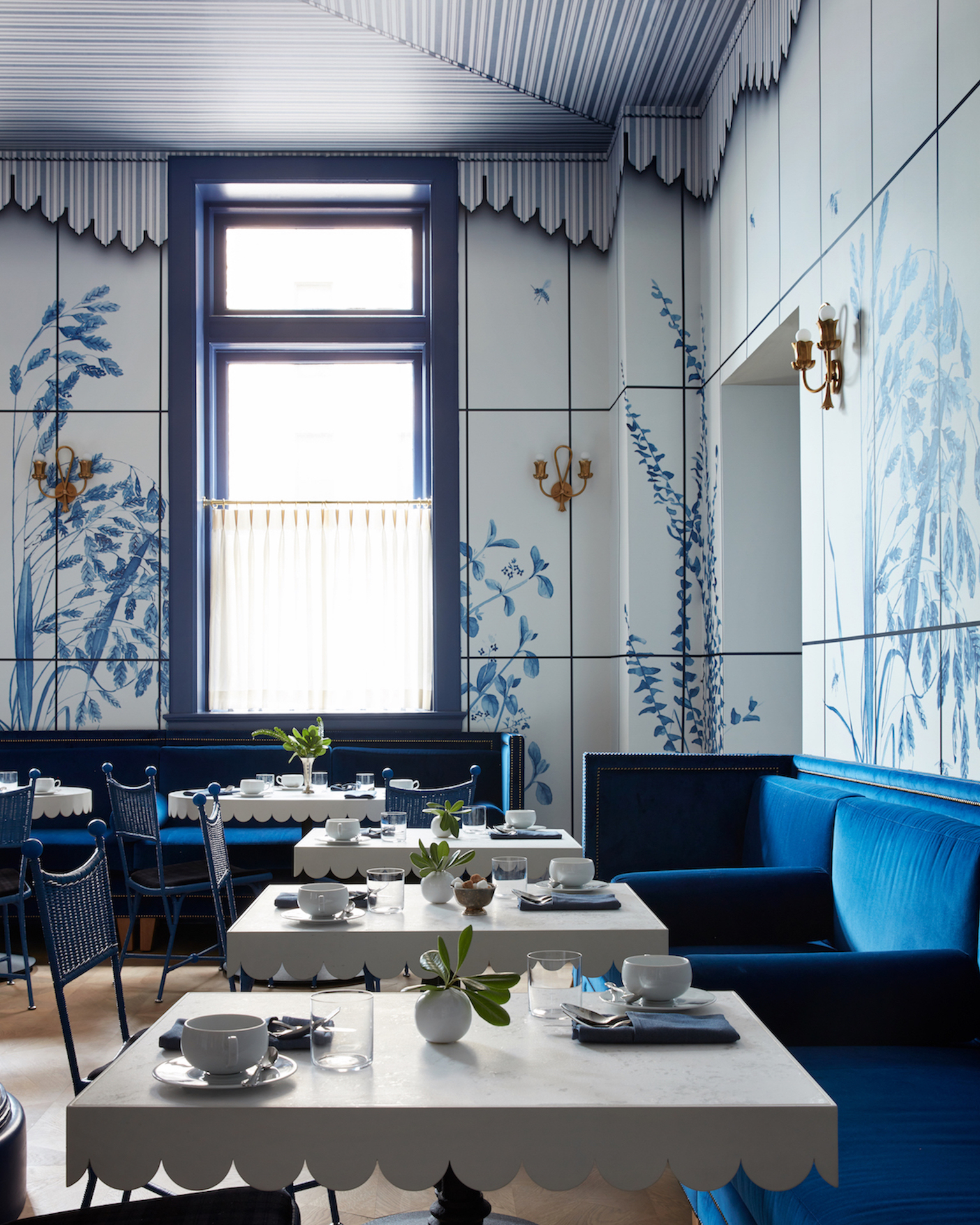
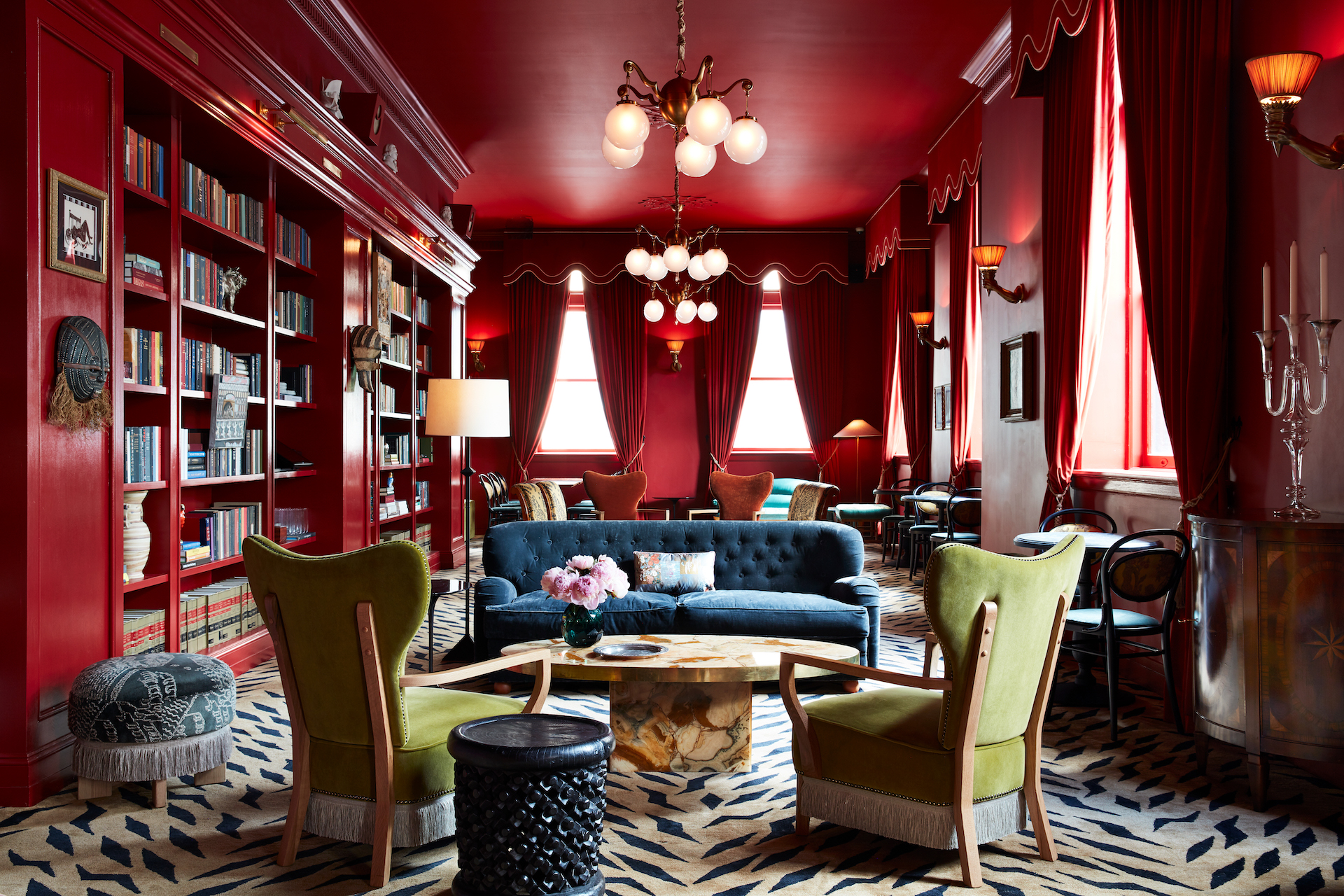
Photos courtesy of Maison de la Luz
No. 04 | The Chloe
New Orleans-based designer Sara Ruffin Costello took a grand 200-year-old Victorian mansion in the city’s Uptown neighborhood and renovated it to Southern perfection, with a distinct nod to the romance and glamour of New Orleans’ storied architectural history. There’s a sweet mix inside the walls of The Chloe, like alligator print and carpet the color of the deepest wine mingling with soft pastels and delicate florals. One of our favorite moments is the pool. A bright baby blue houses the bar, complete with rattan stools and colorful mural, while Meyer lemon trees and a checkerboard limestone and travertine floor encircle the shimmering waters.
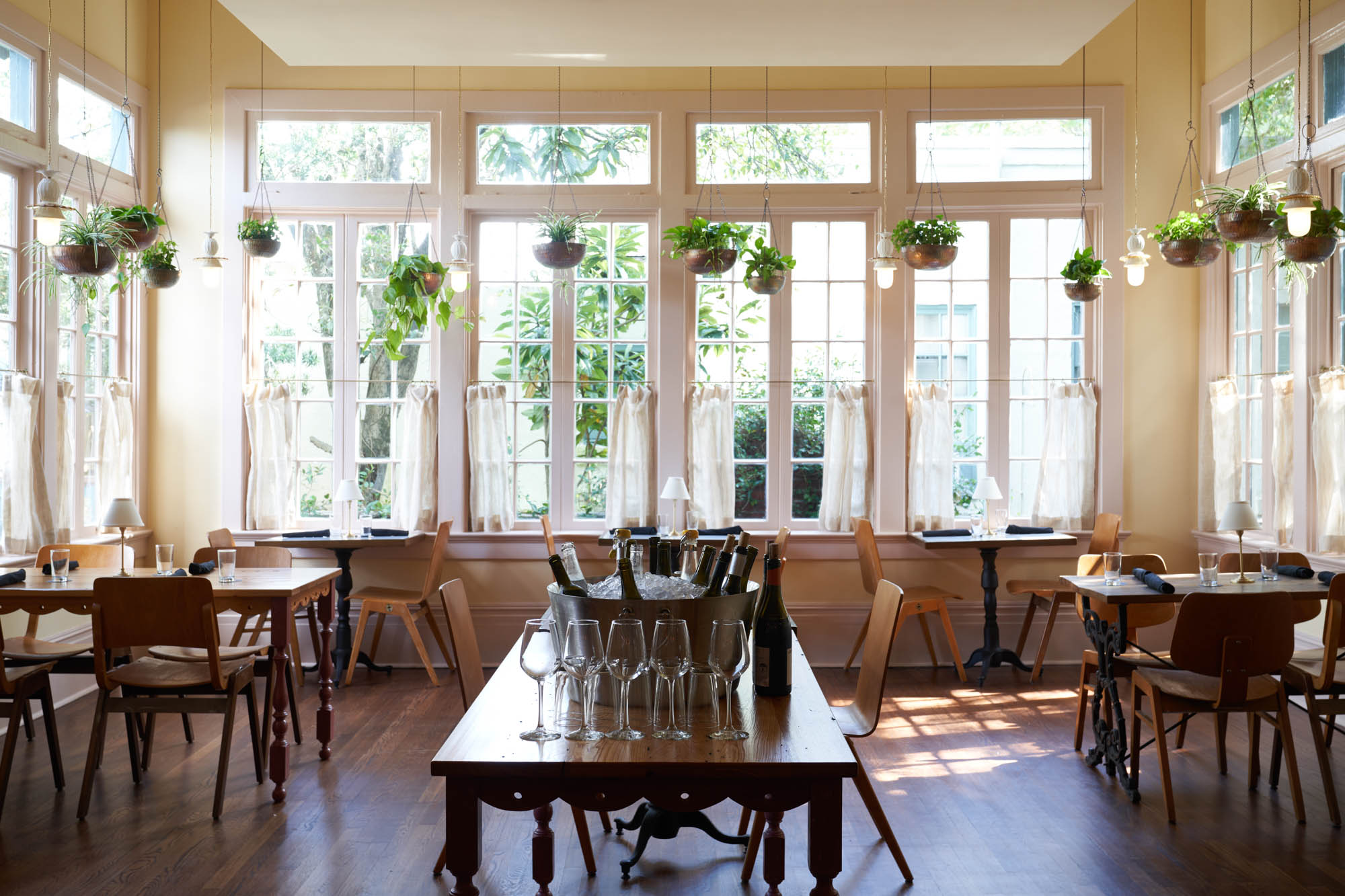
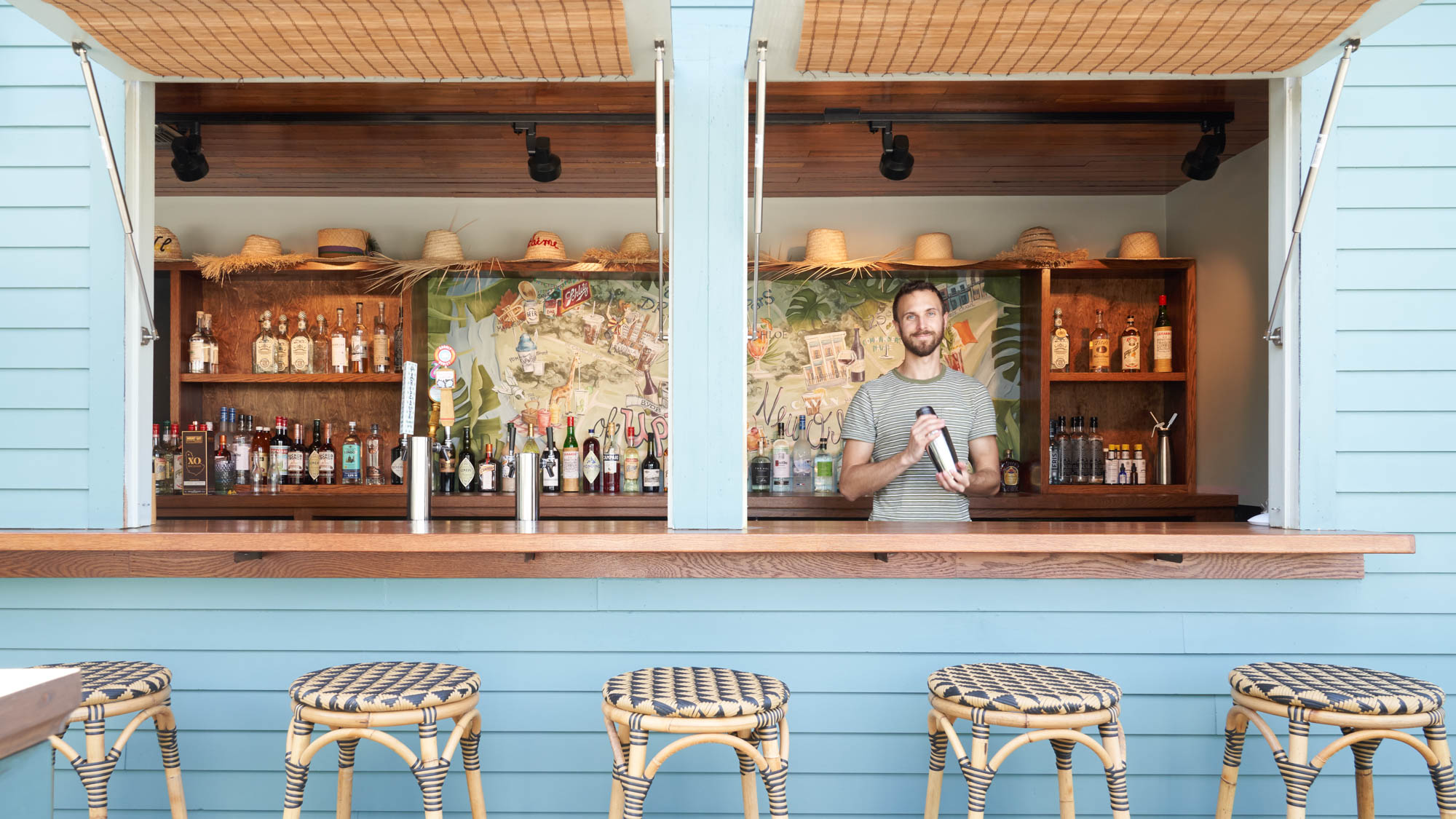
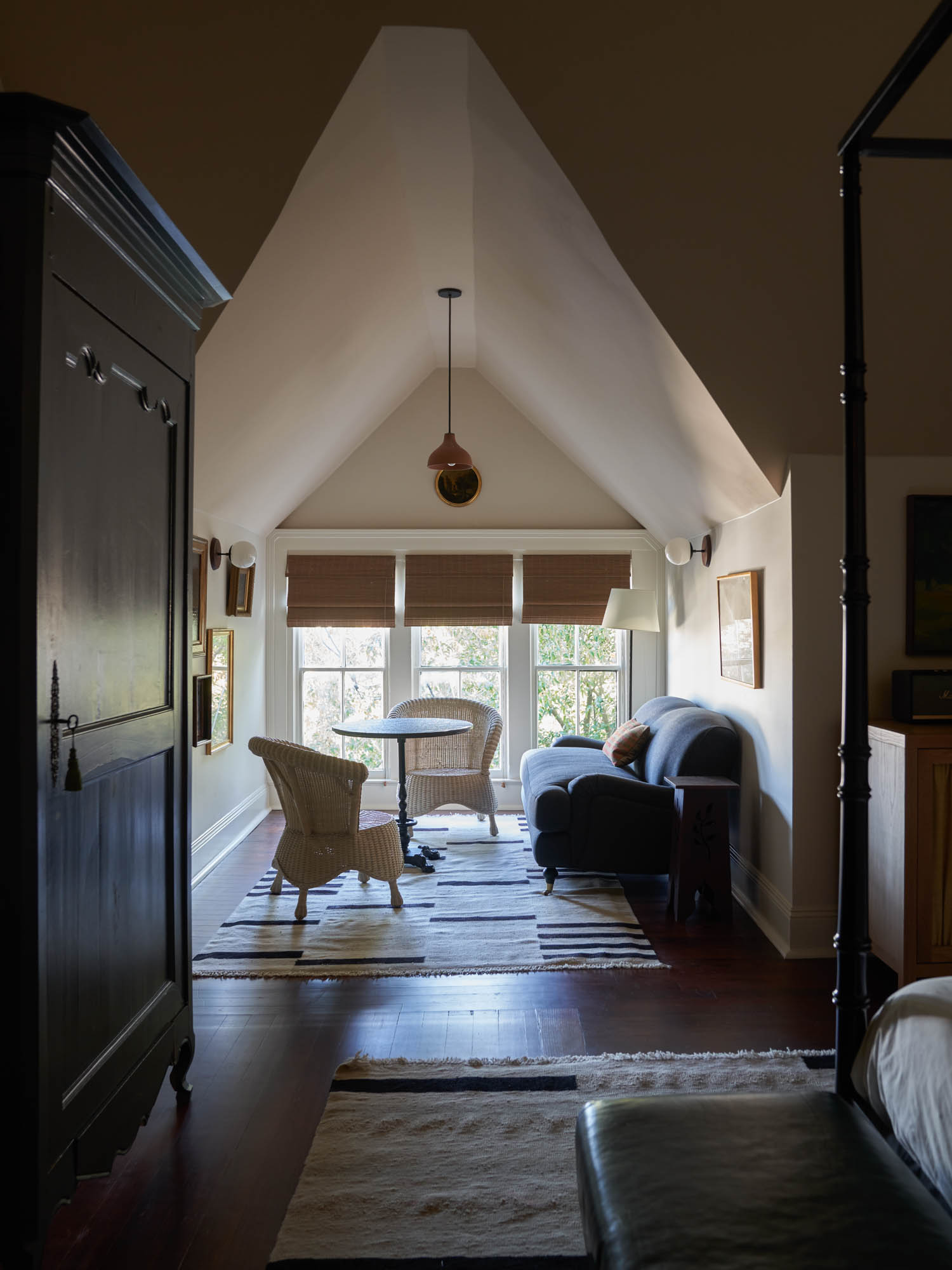
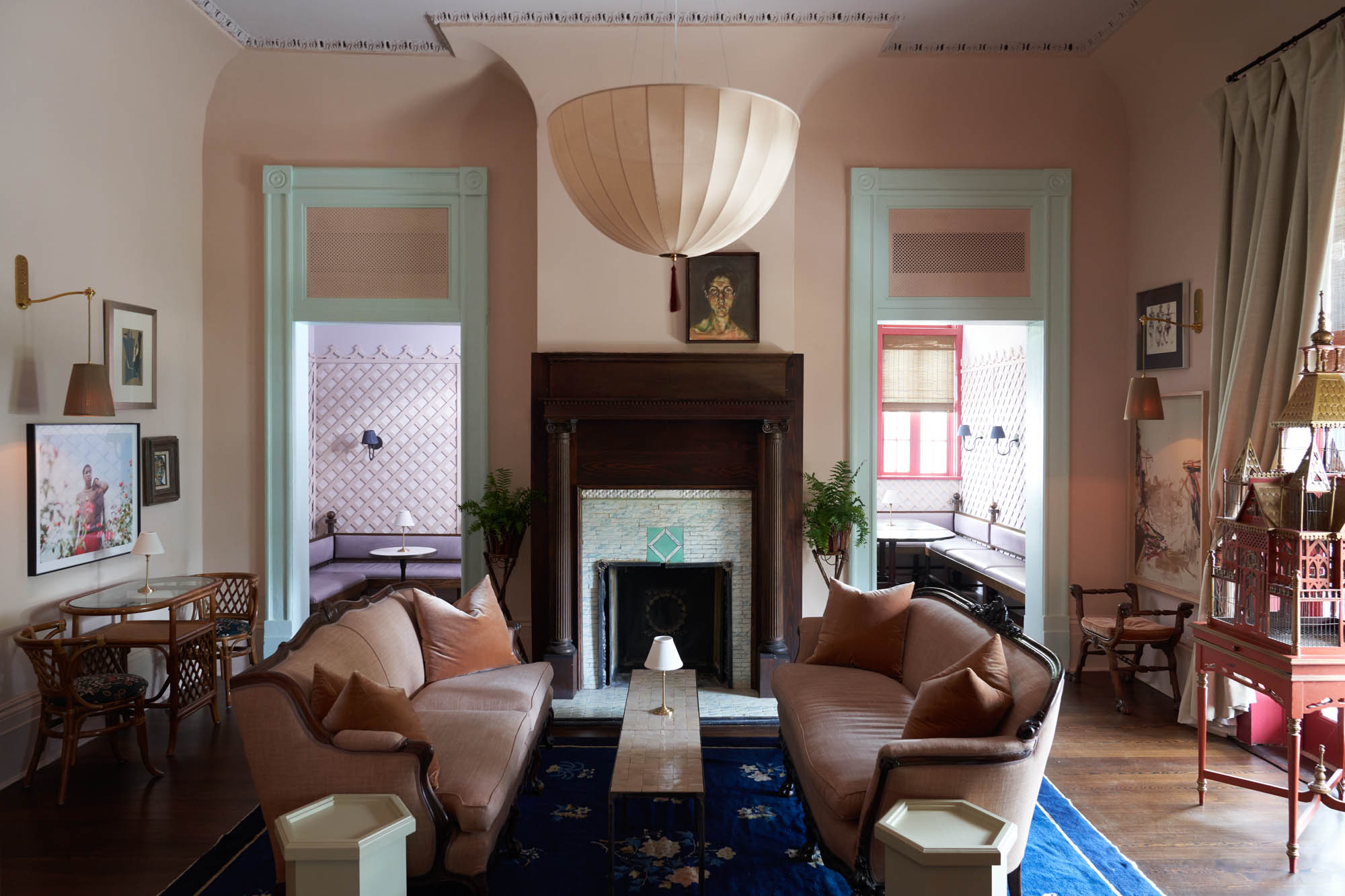
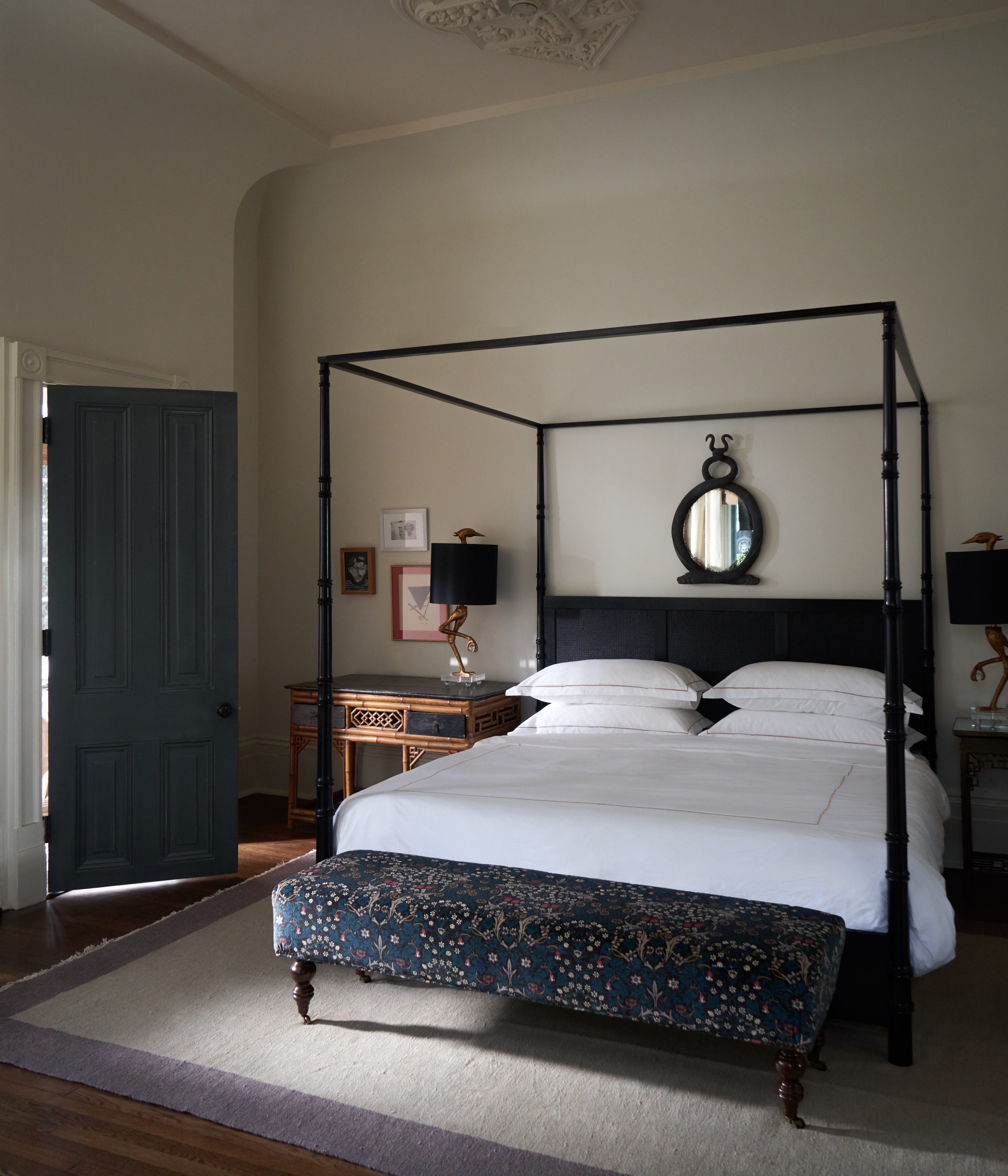
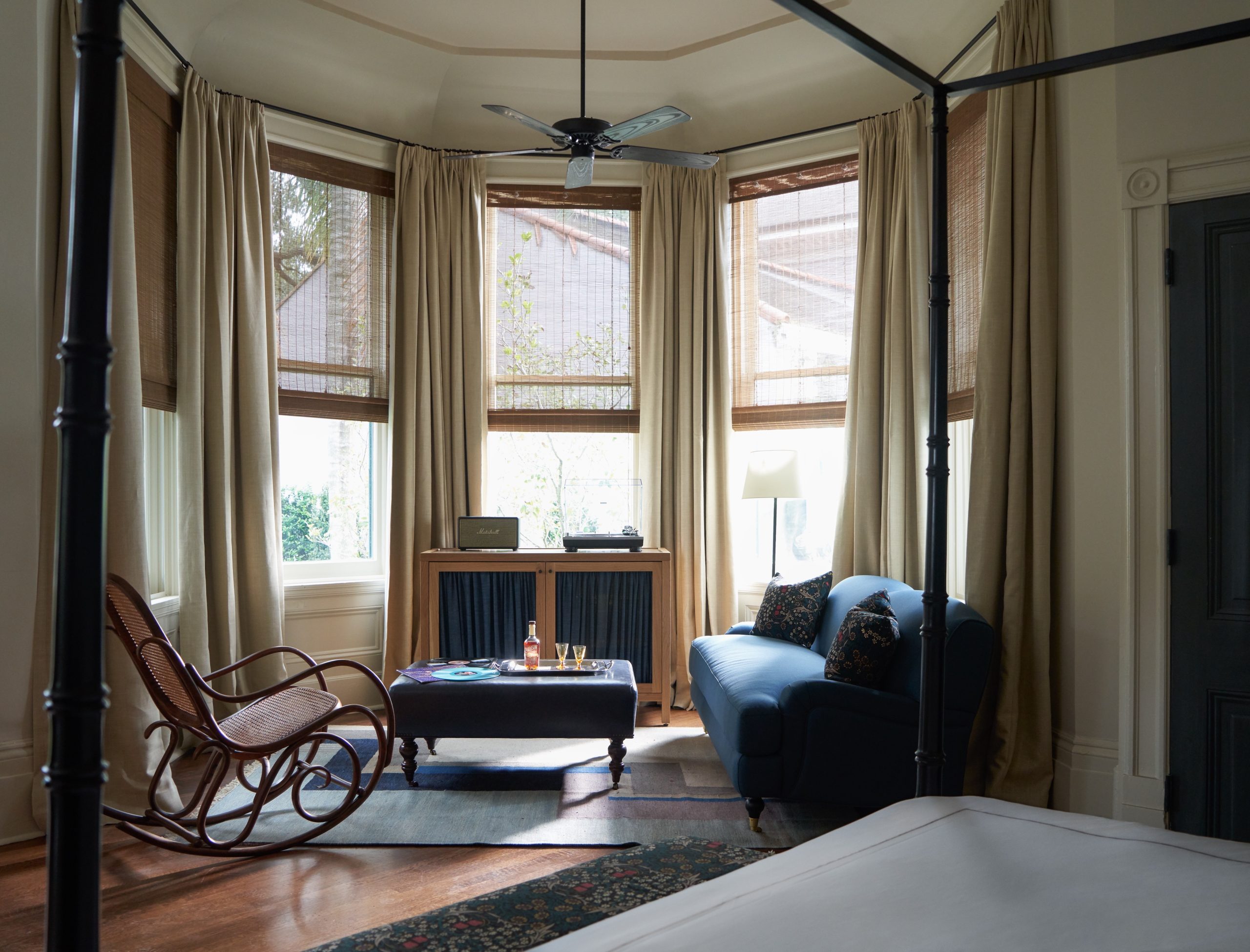
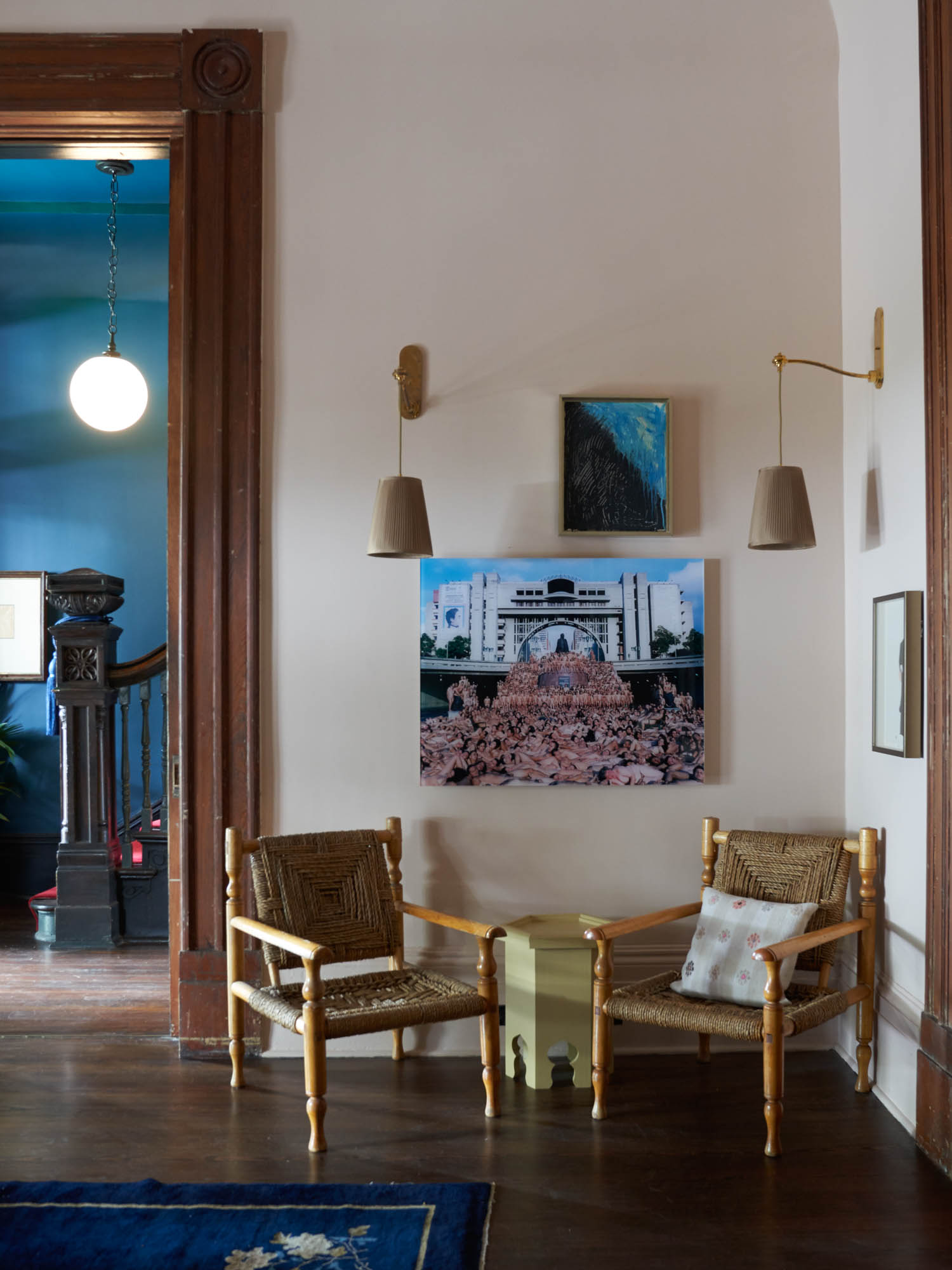
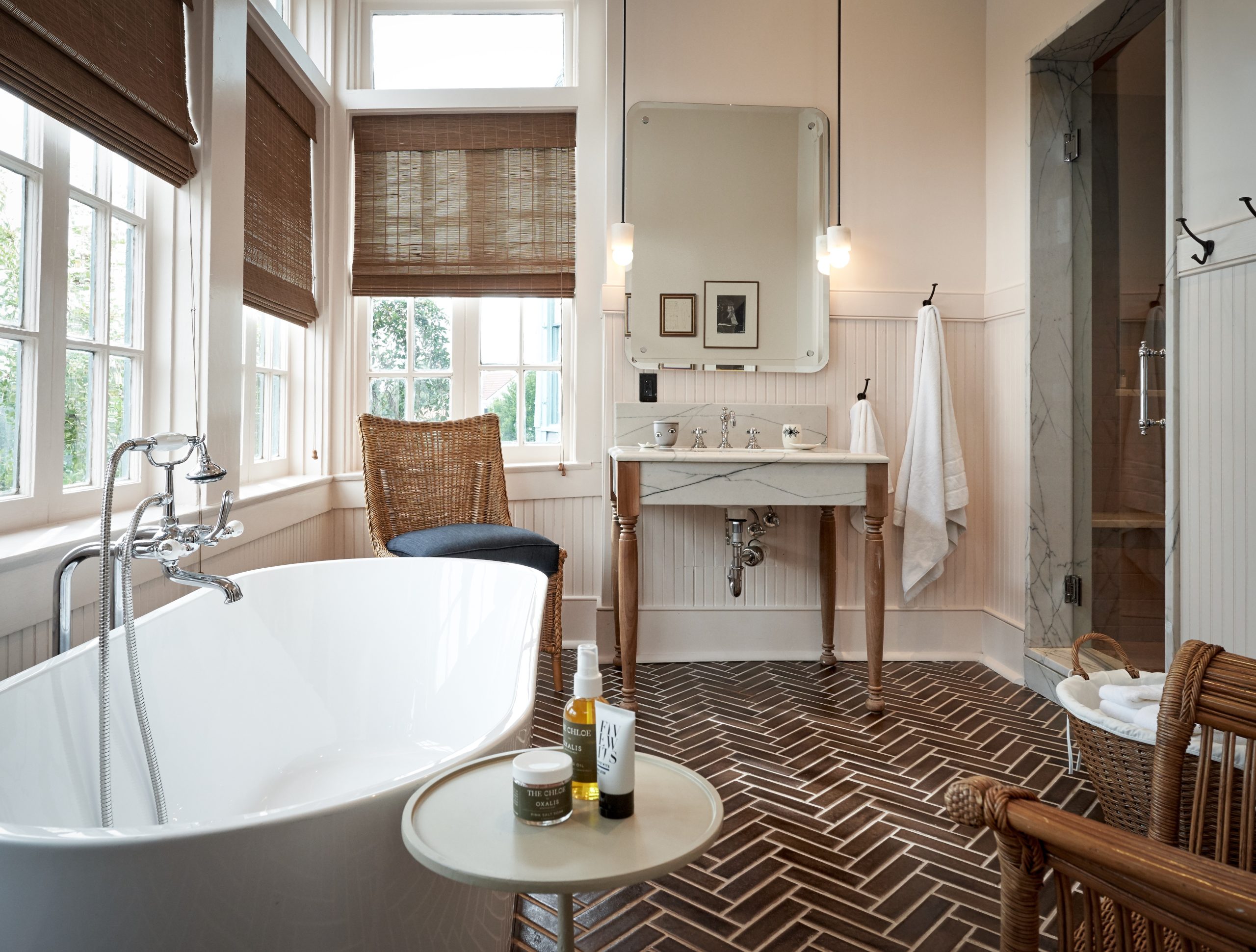
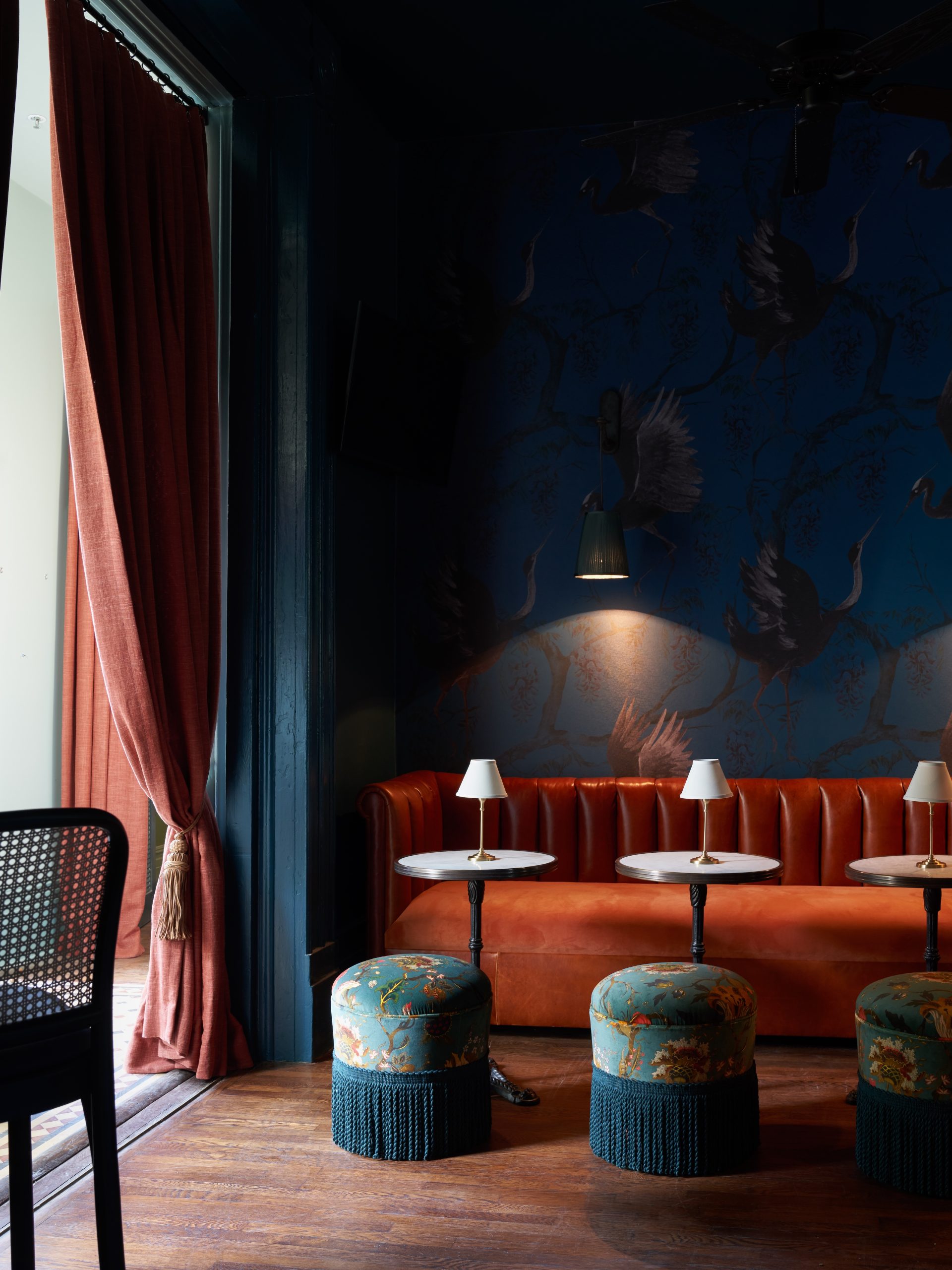
Photos courtesy of Paul Costello
In Honor of Mardi Gras: Shea’s Jambalaya + New Orleans Design

Isabelle Side Table

Lucille English Roll Arm Chaise Lounge
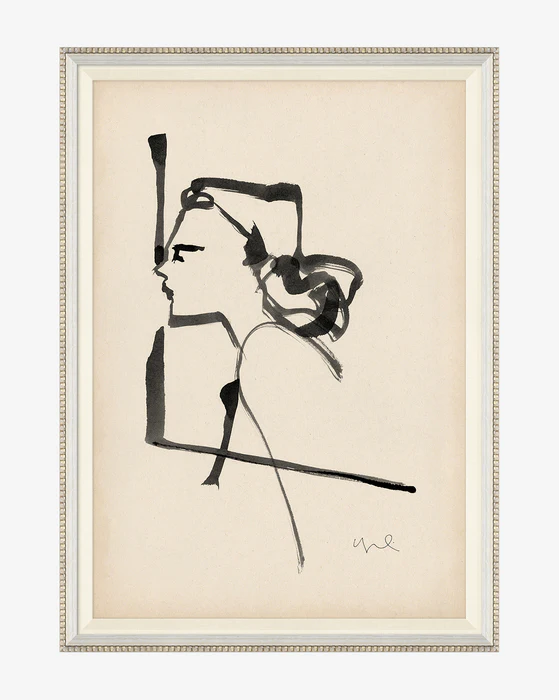
Black Ink Profile
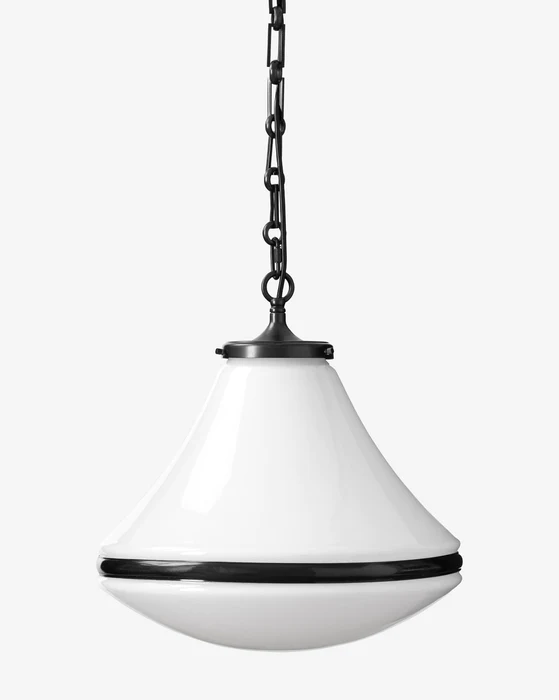
Sutter Pendant

Davielle Bar Cart
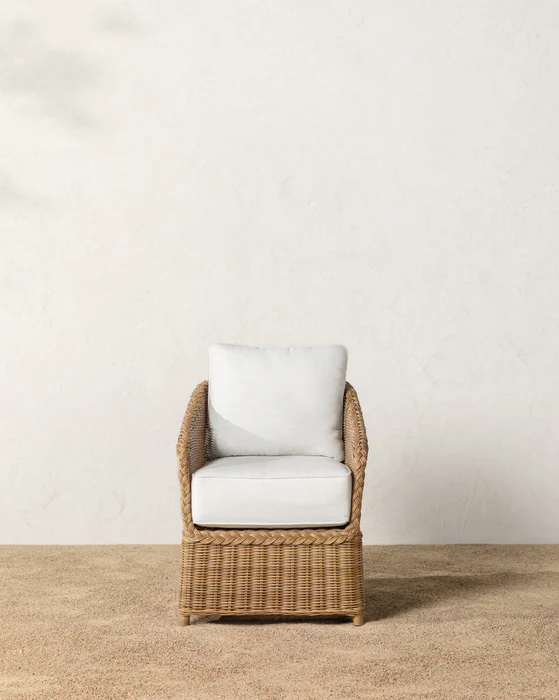
Haviland Outdoor Dining Chair

Keana Floral Pillow Cover
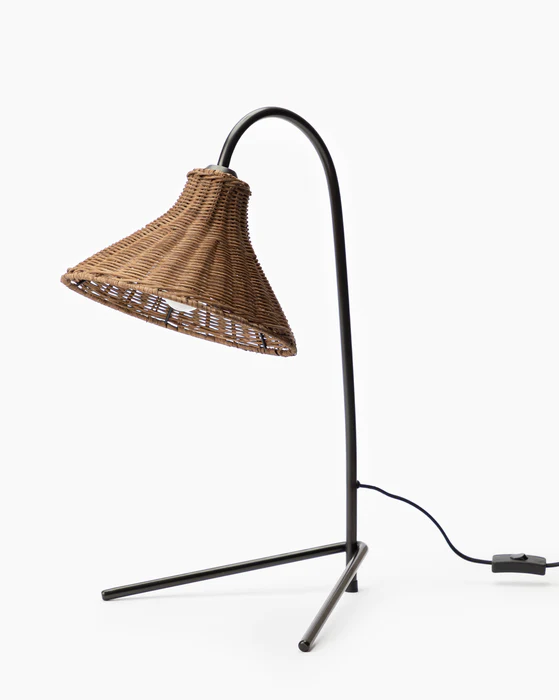
Johanson Woven Table Lamp
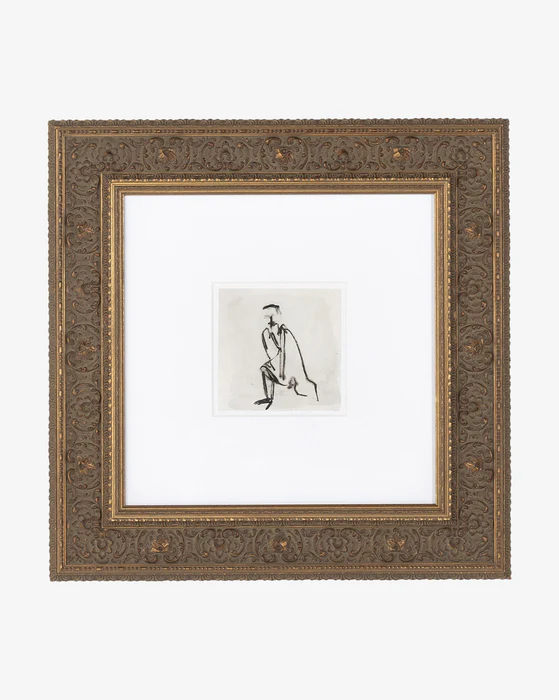
Study IV
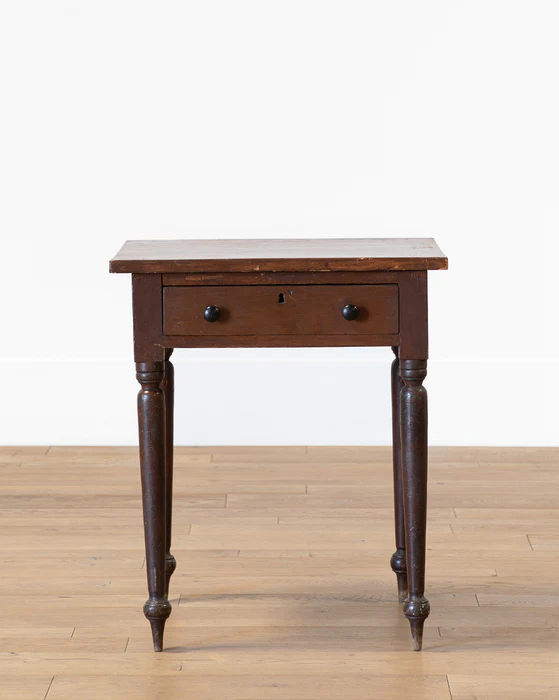
Vintage Dark Wooden Side Table
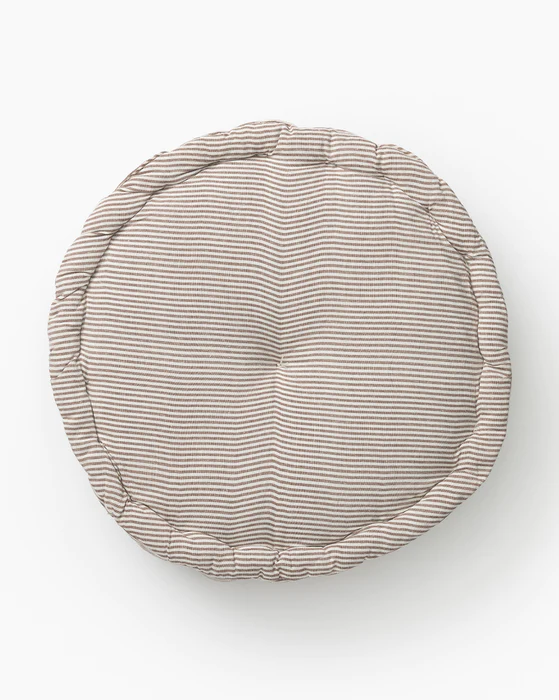
Round Neutral Striped Pillow Cushion
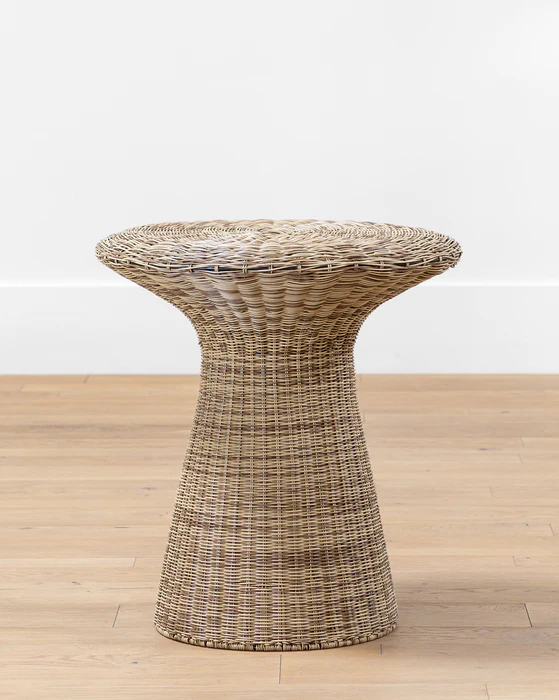
Woven Side Table

